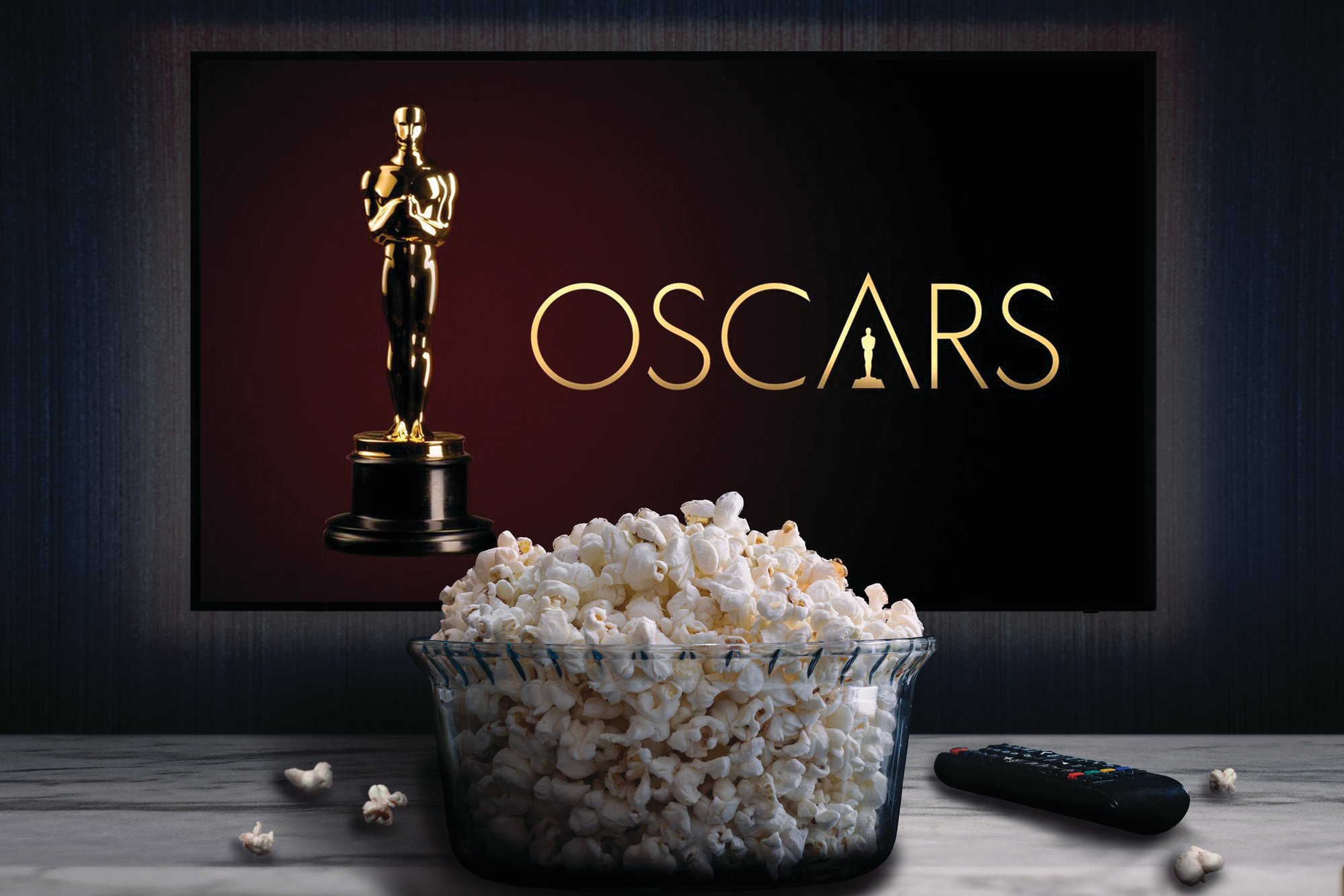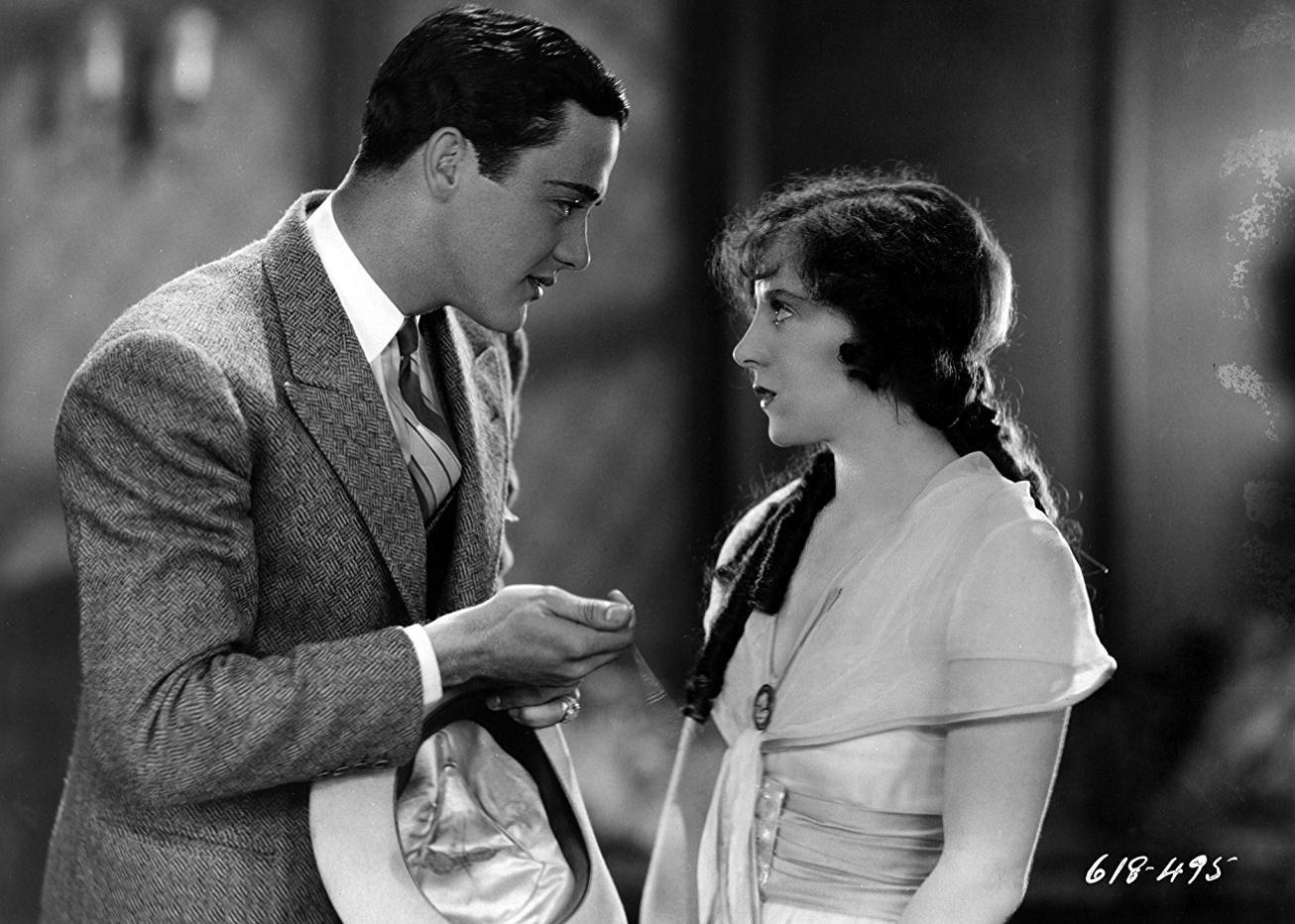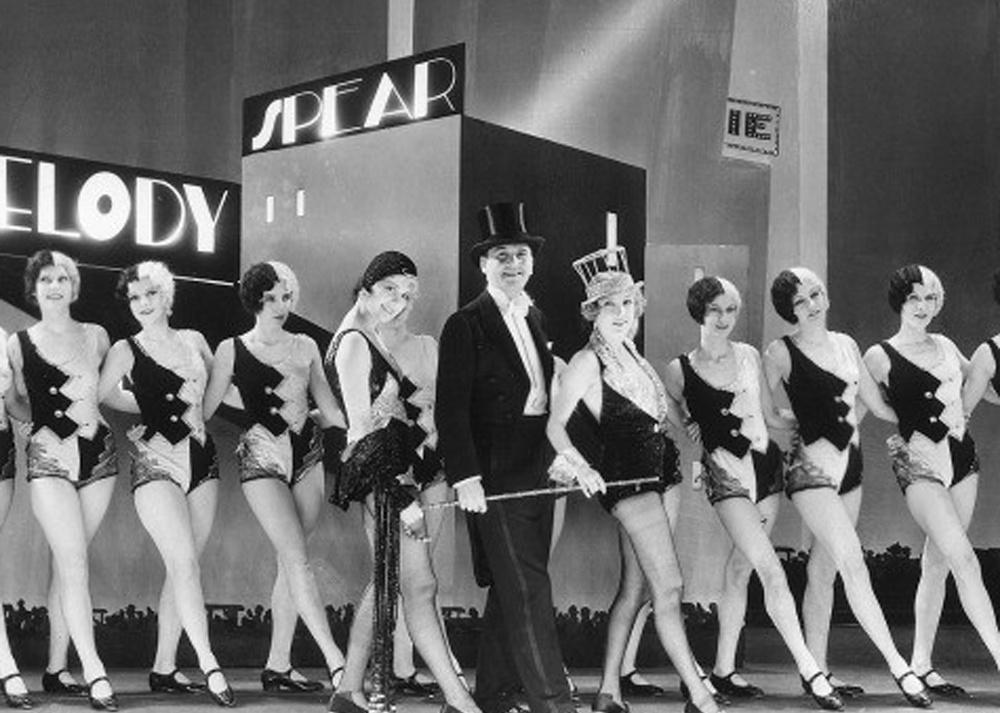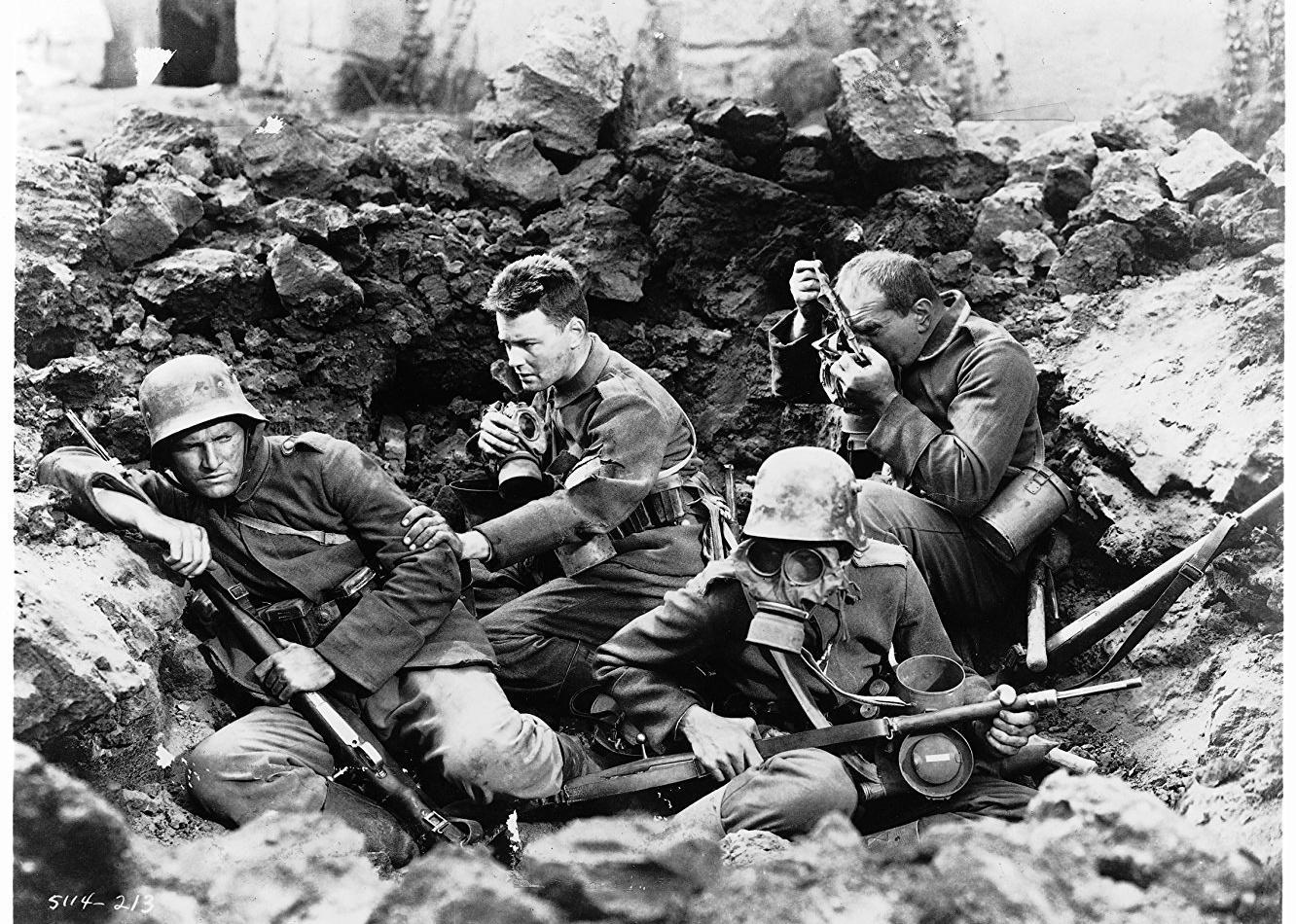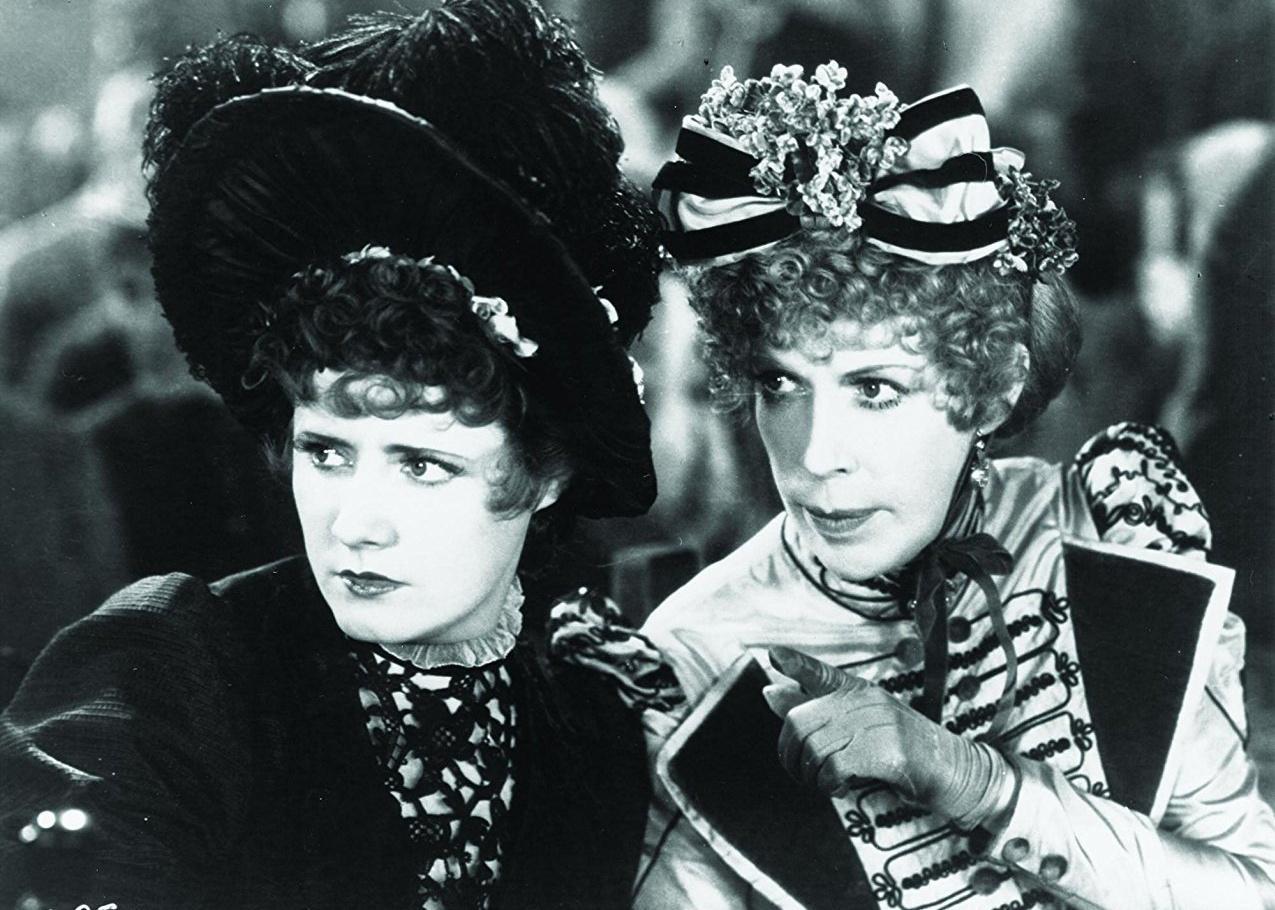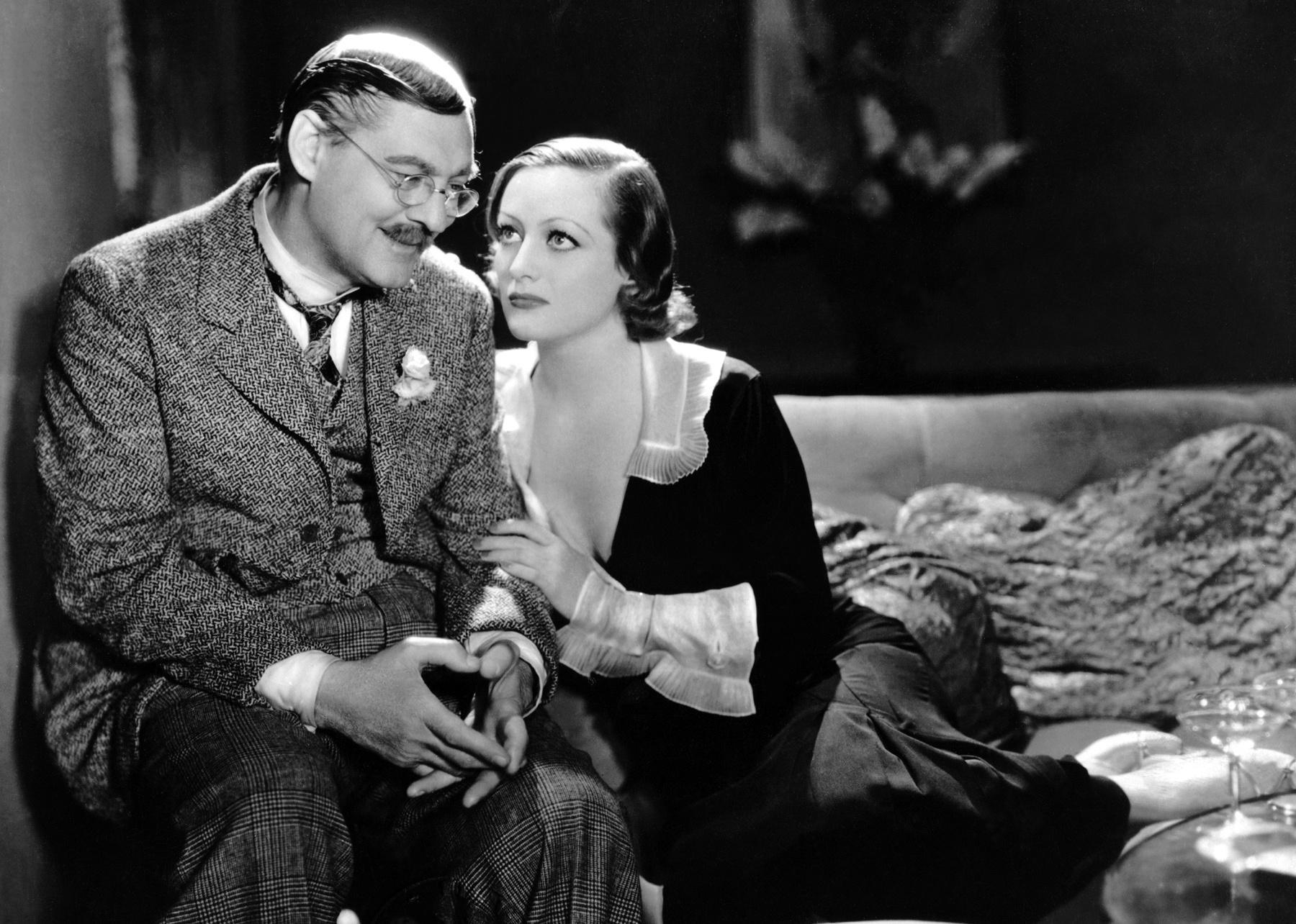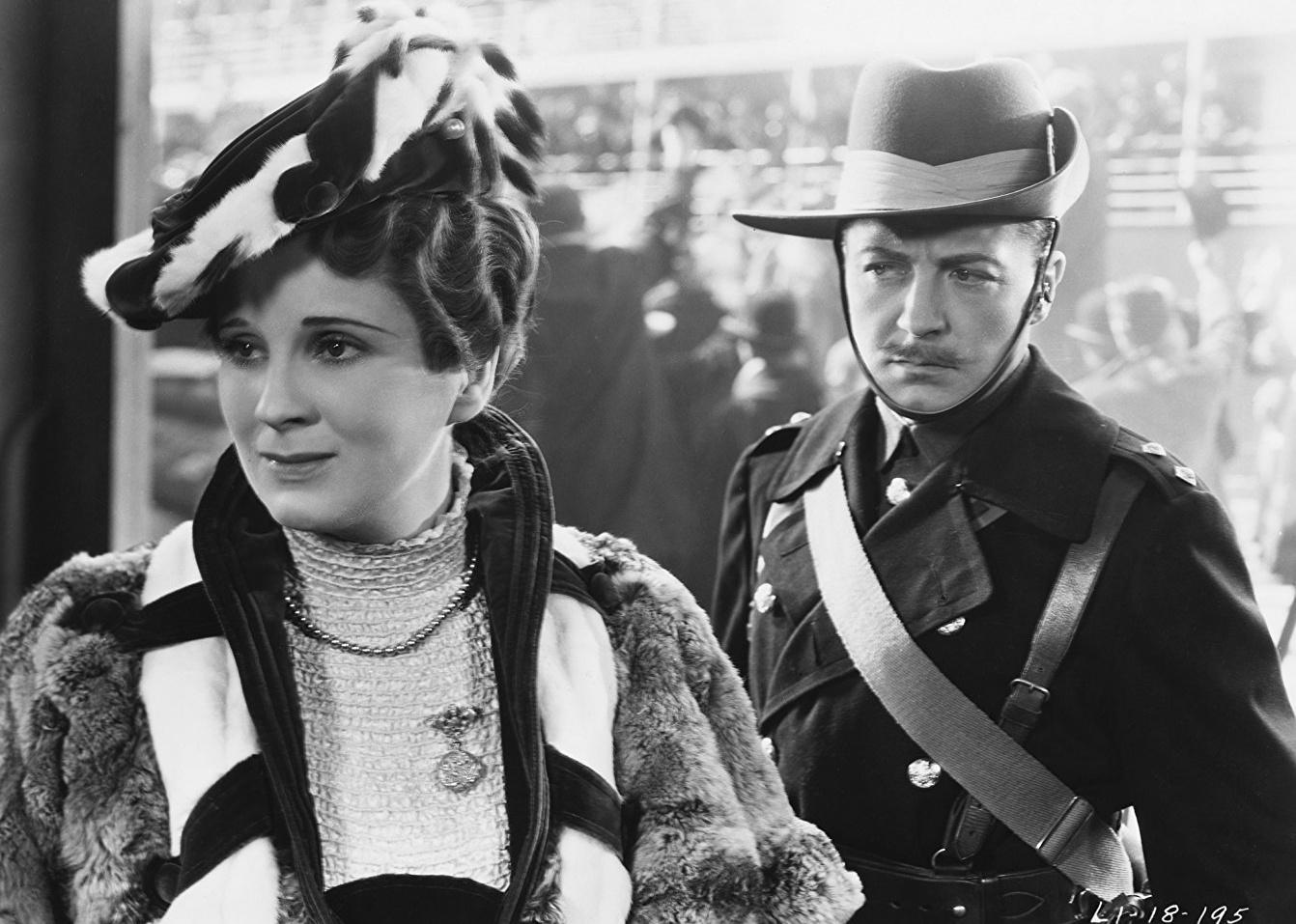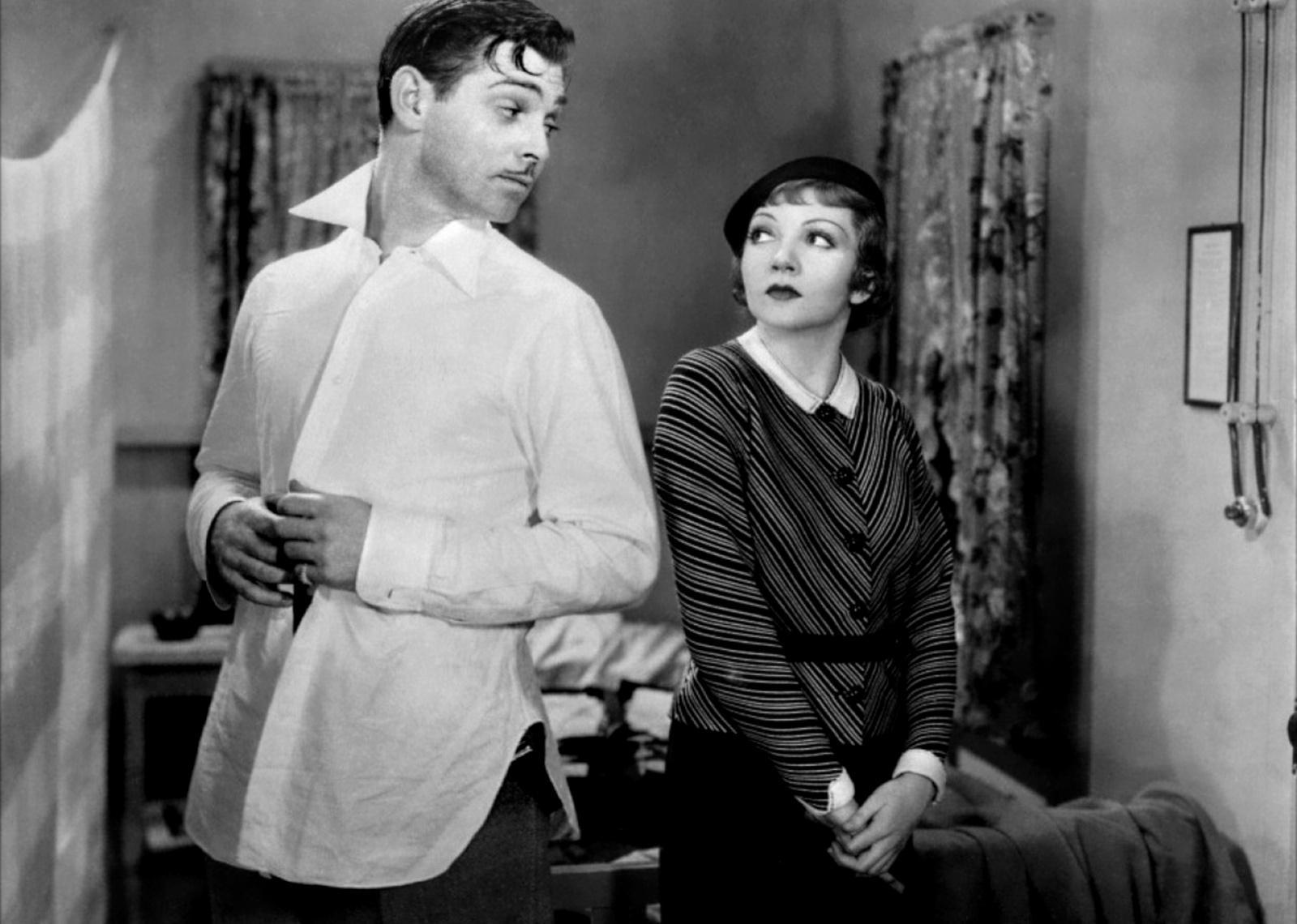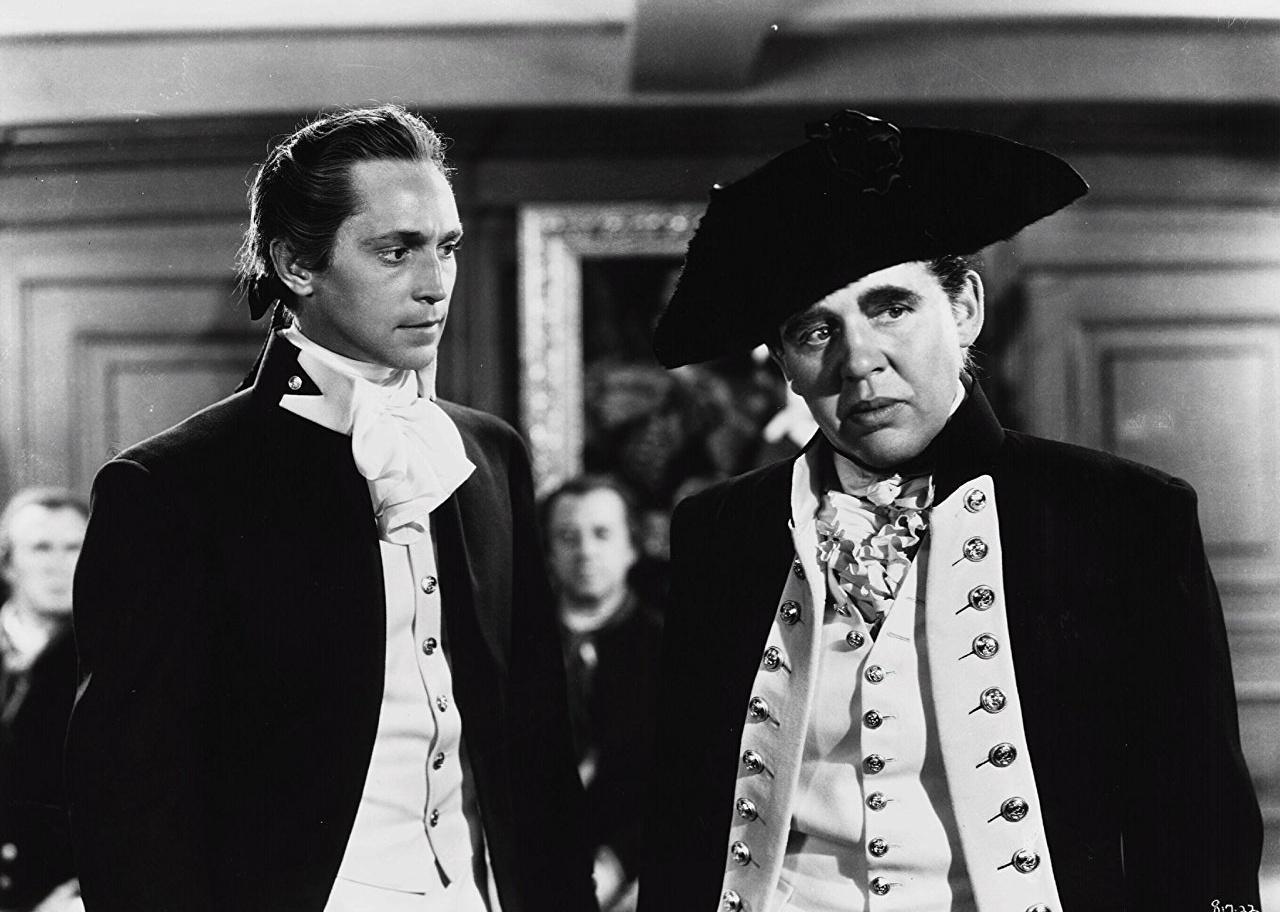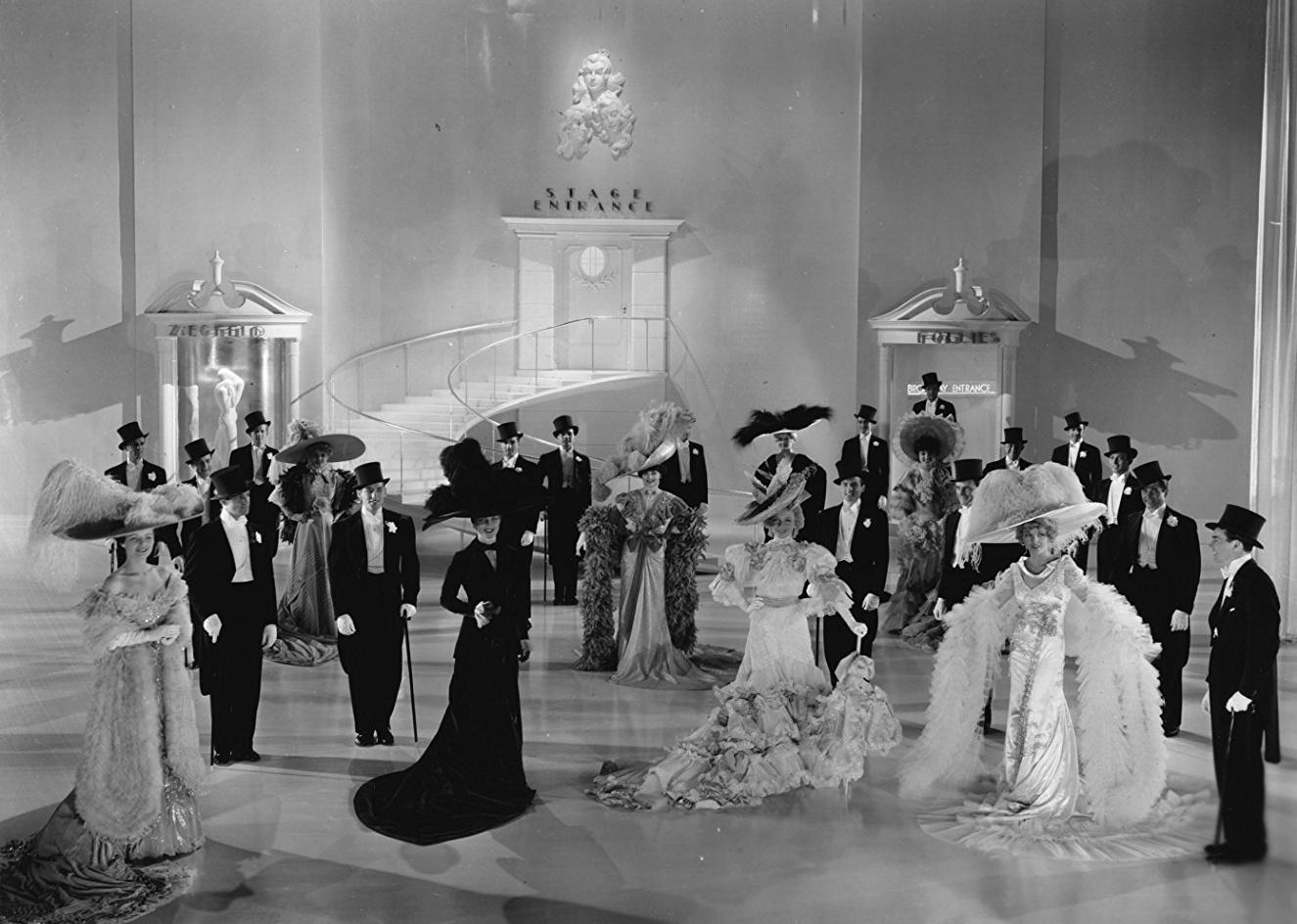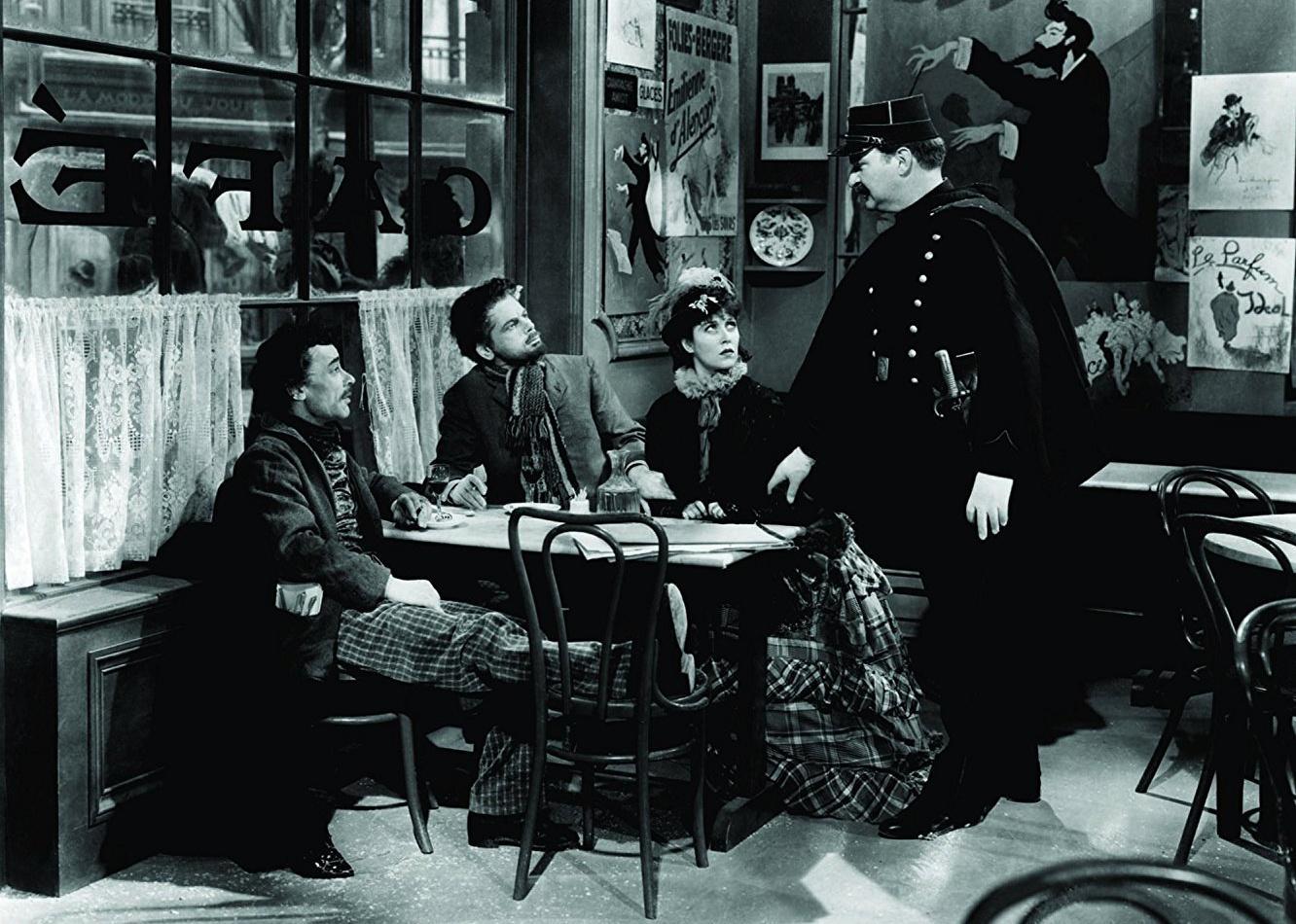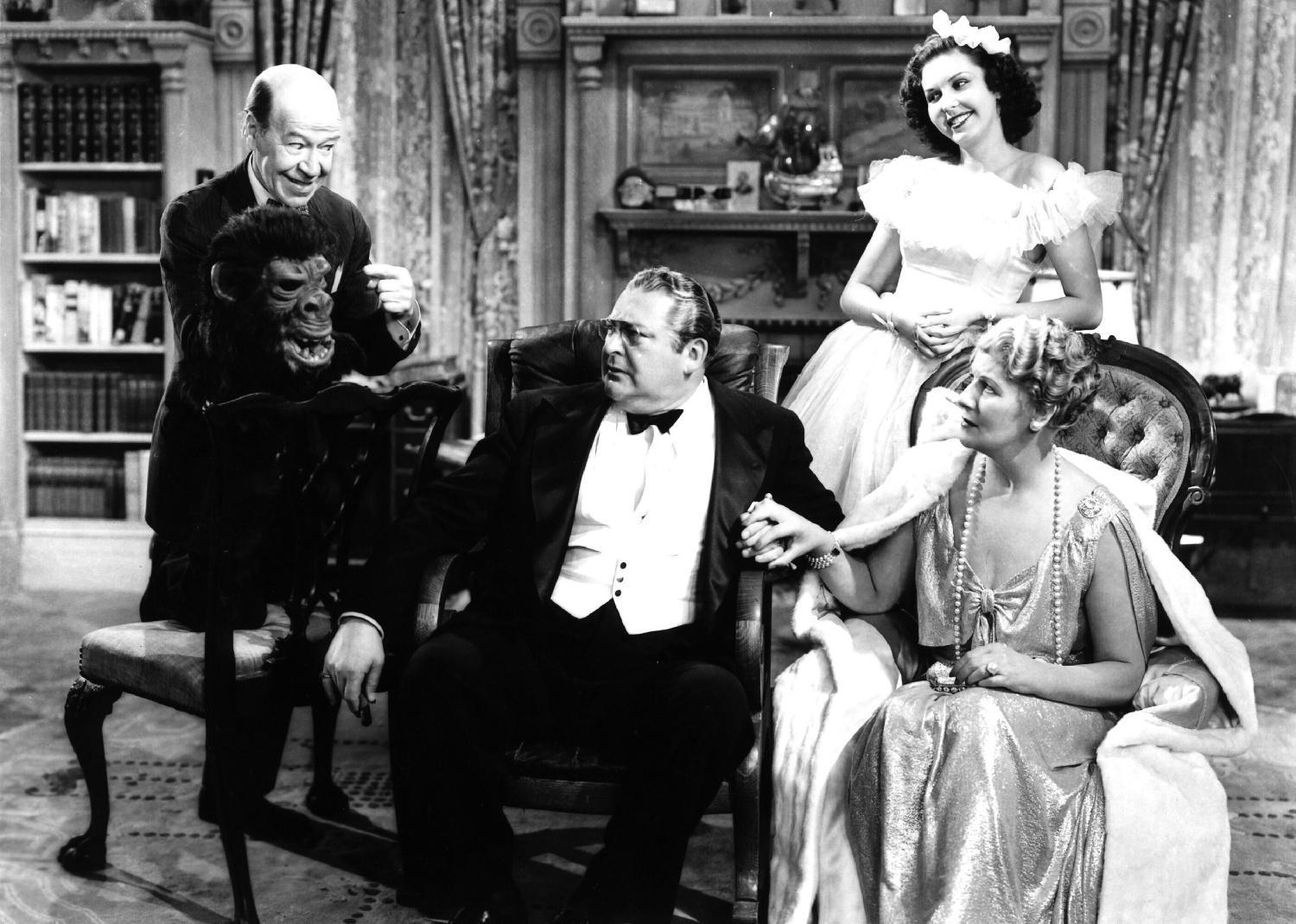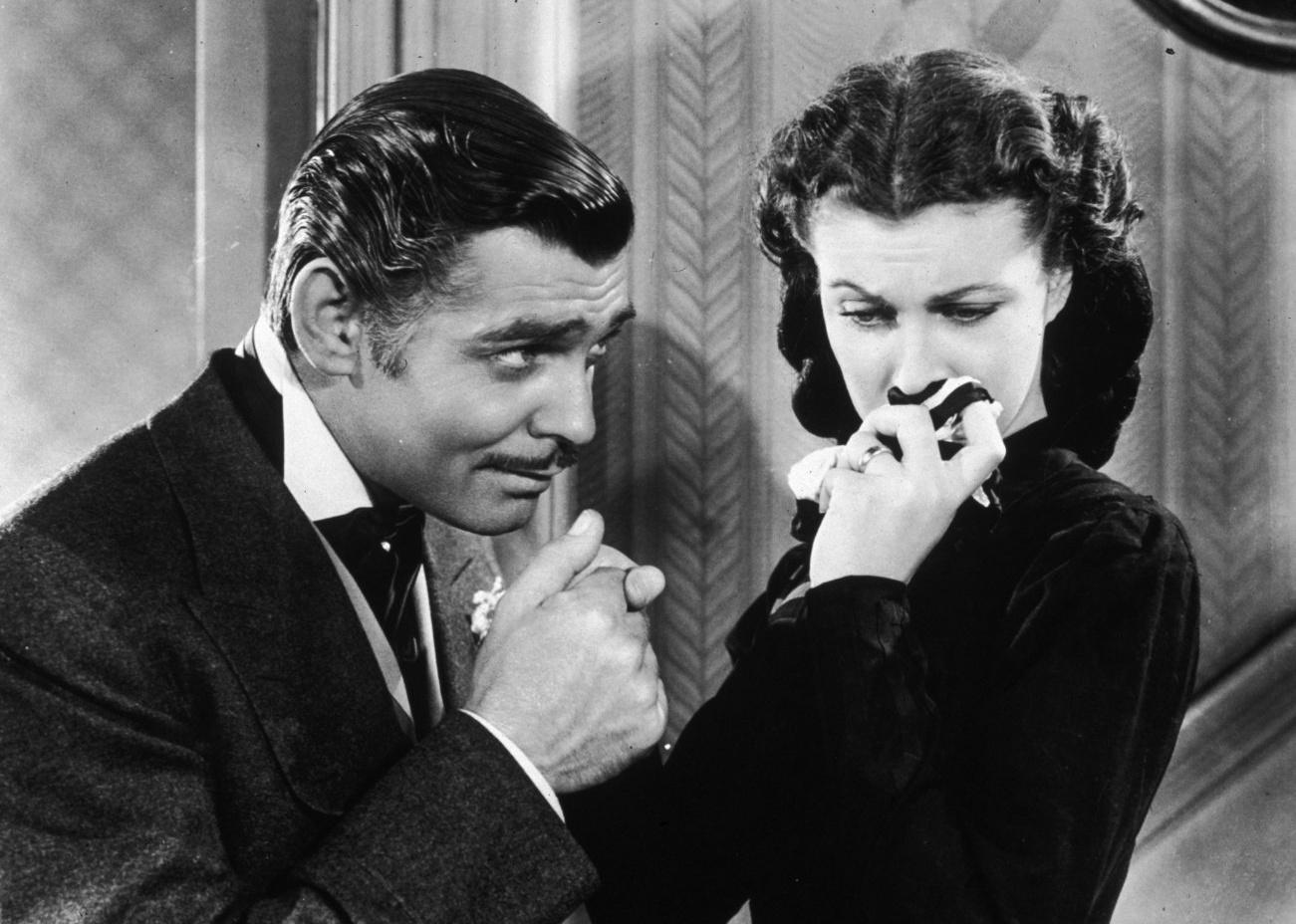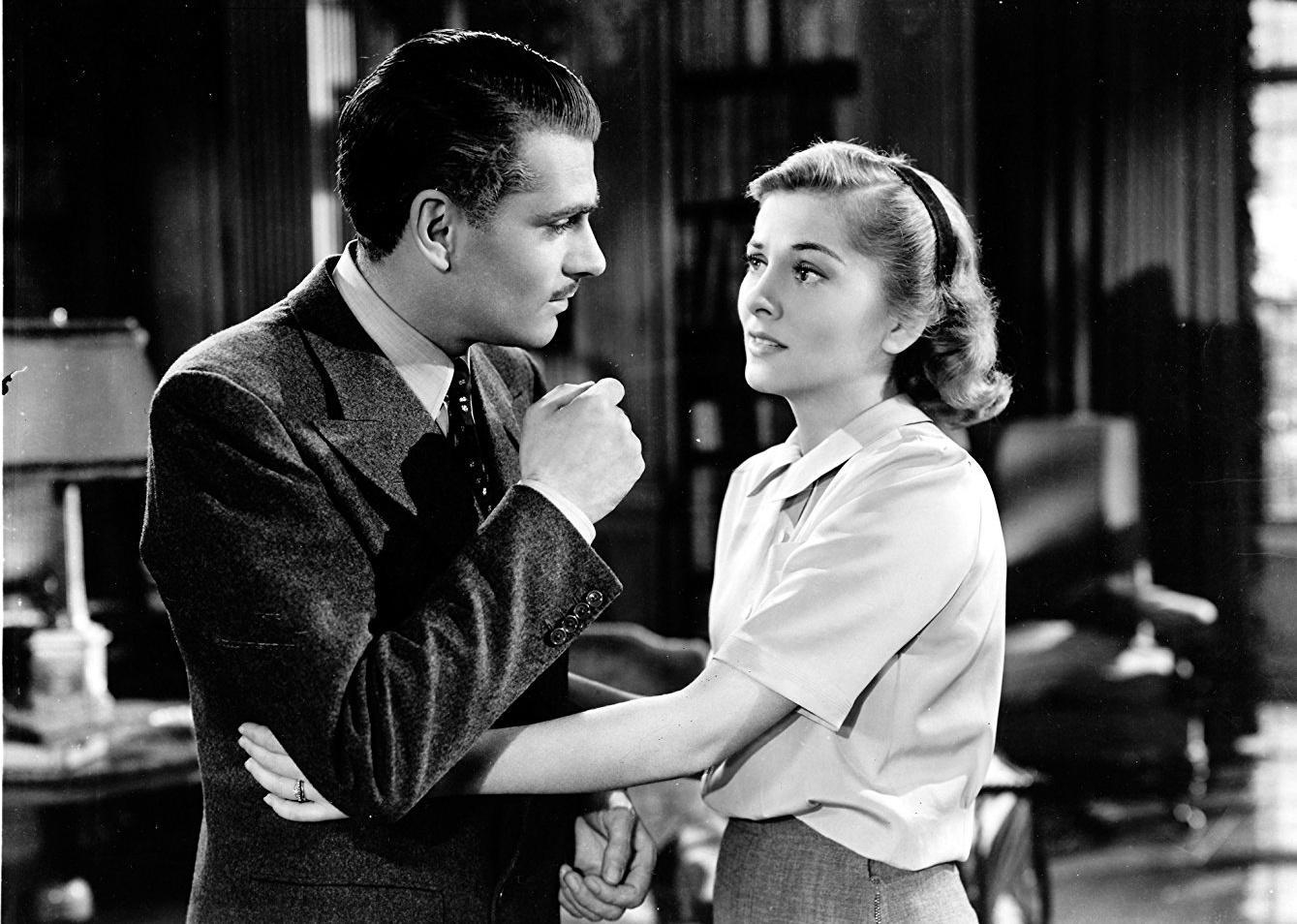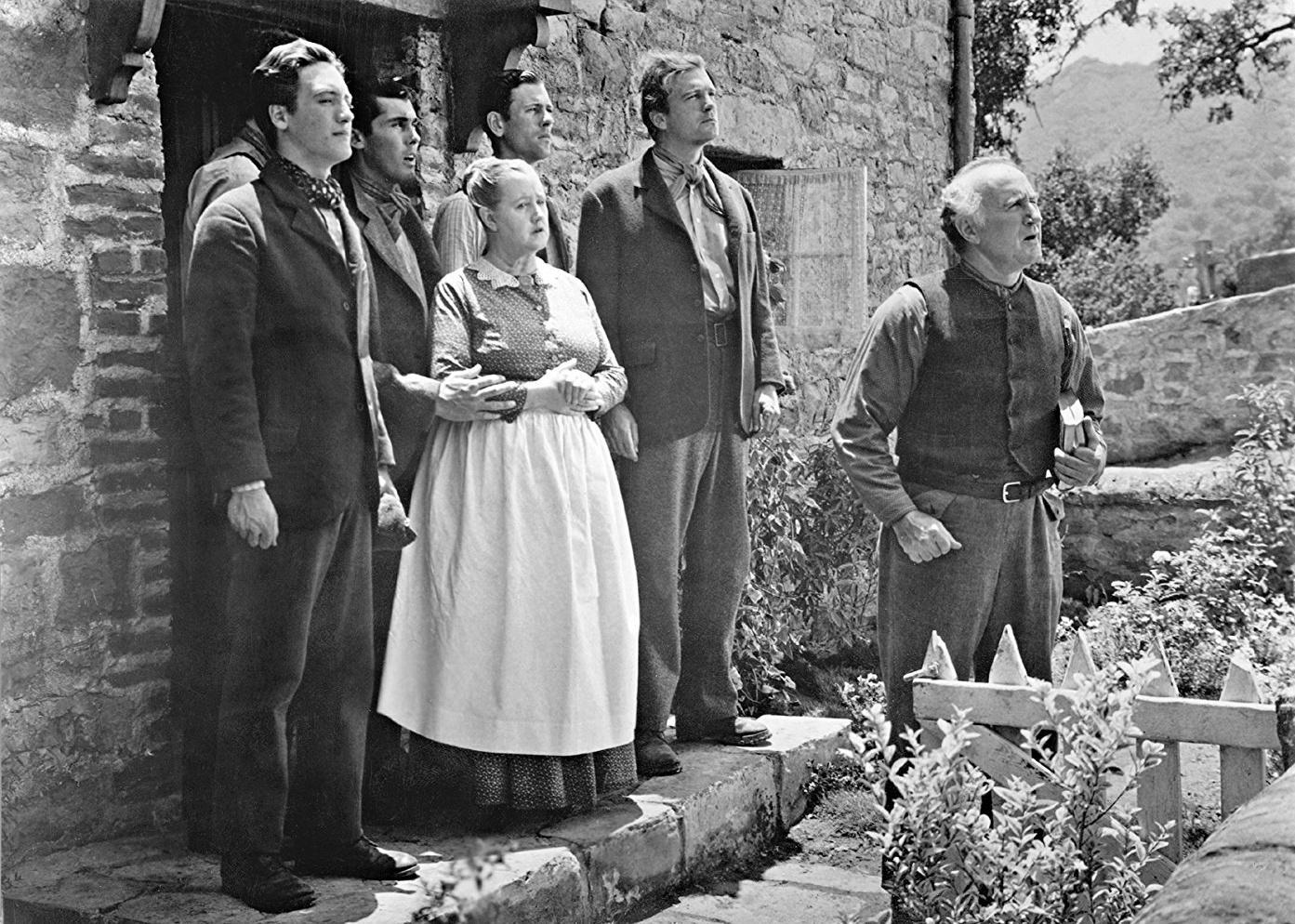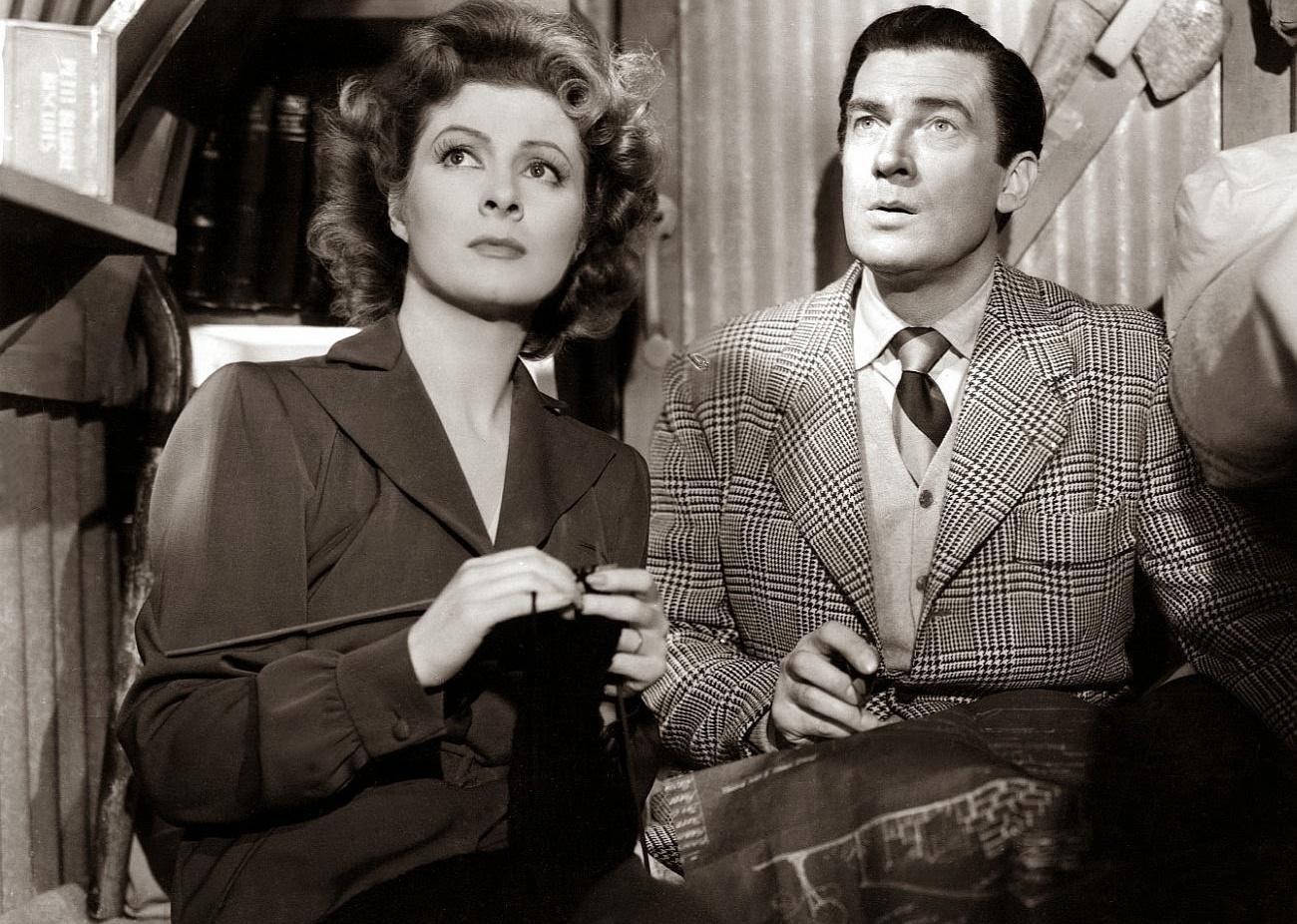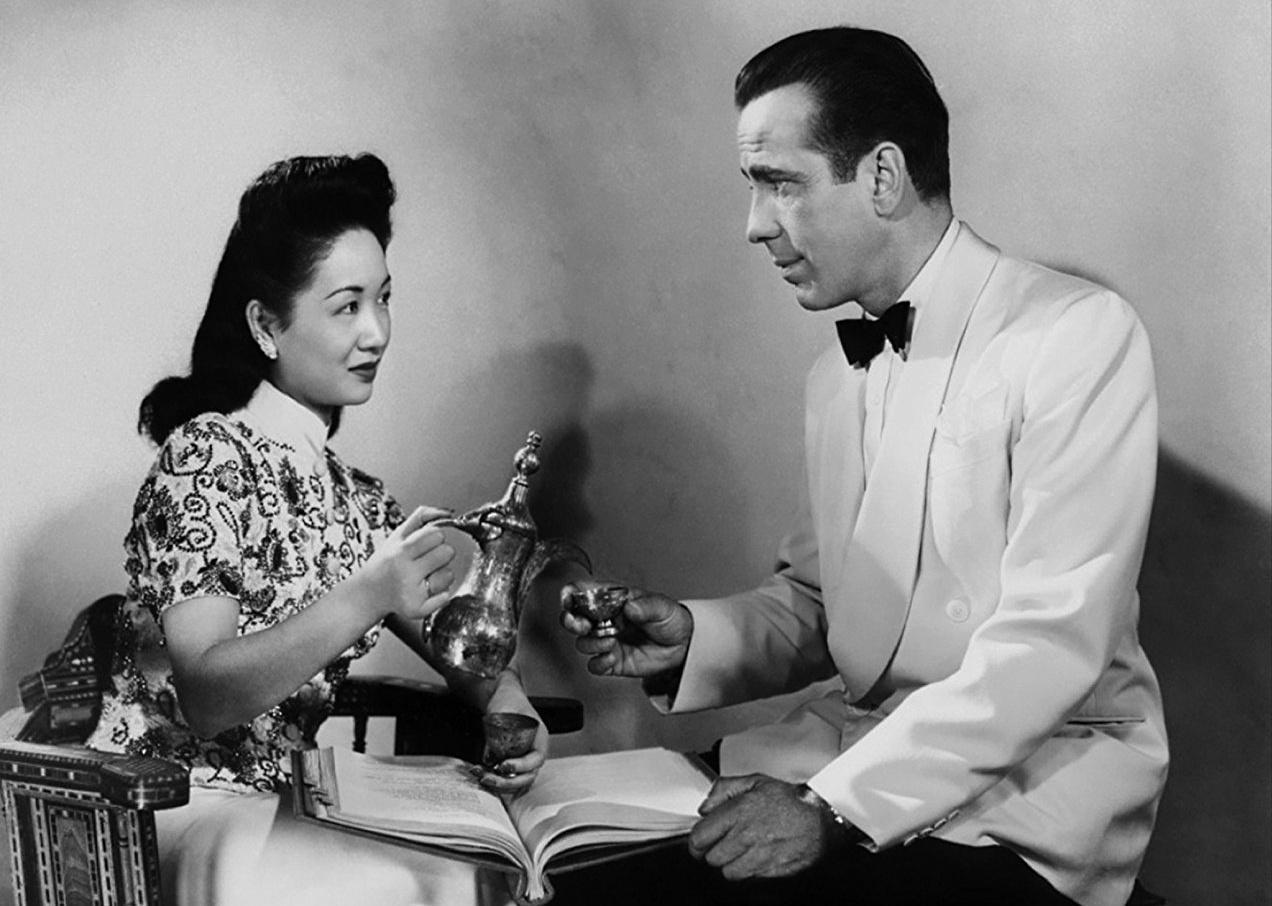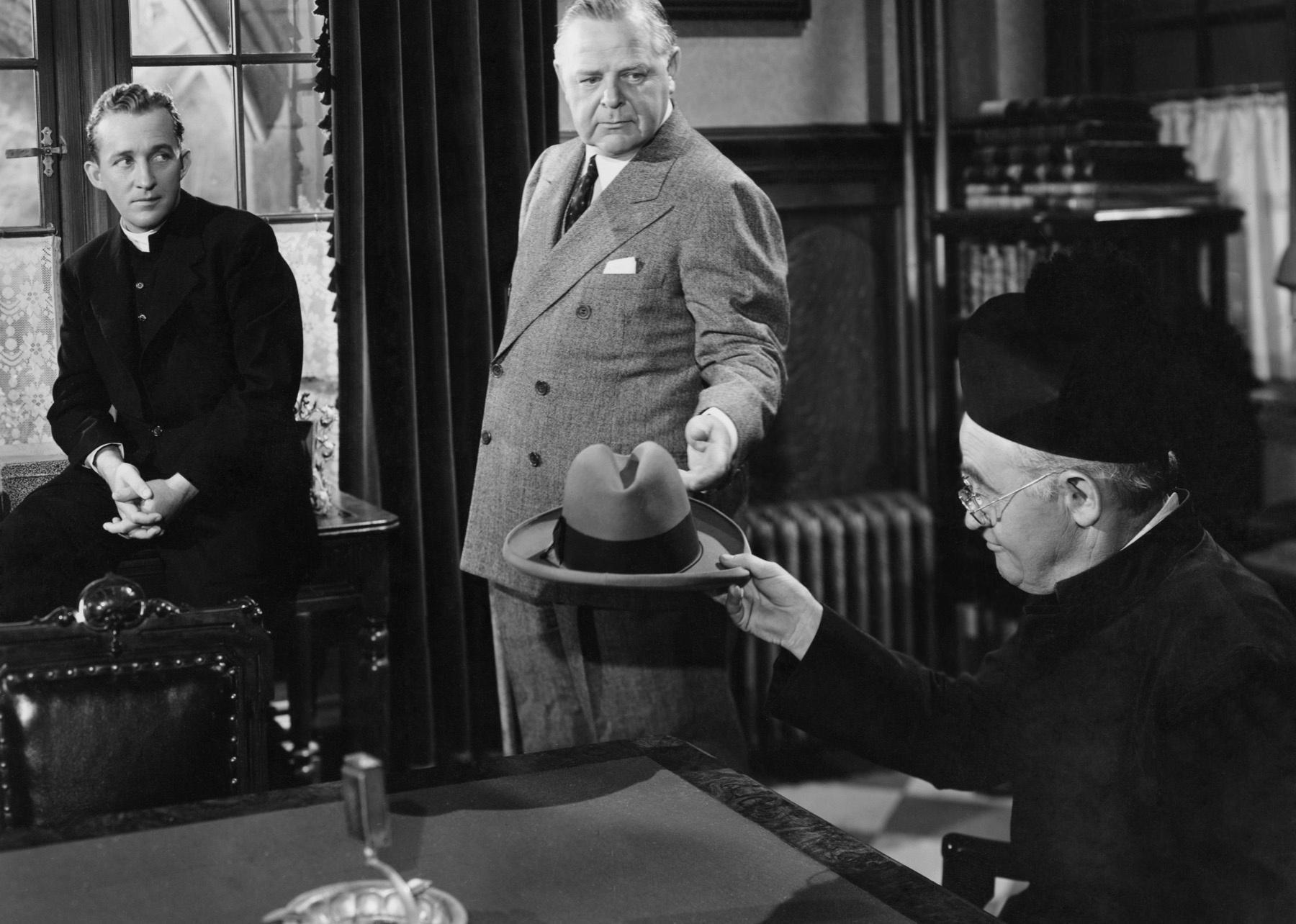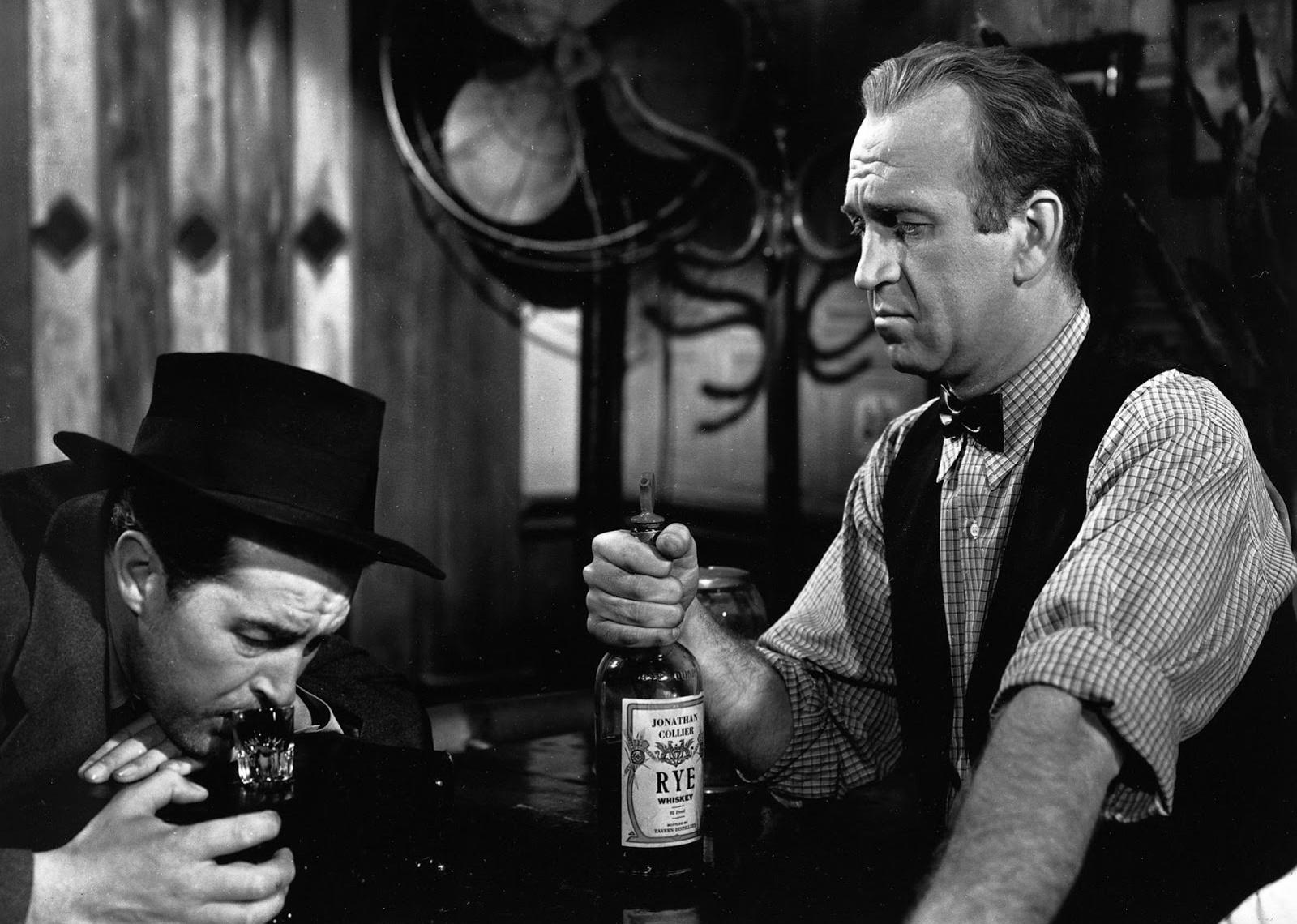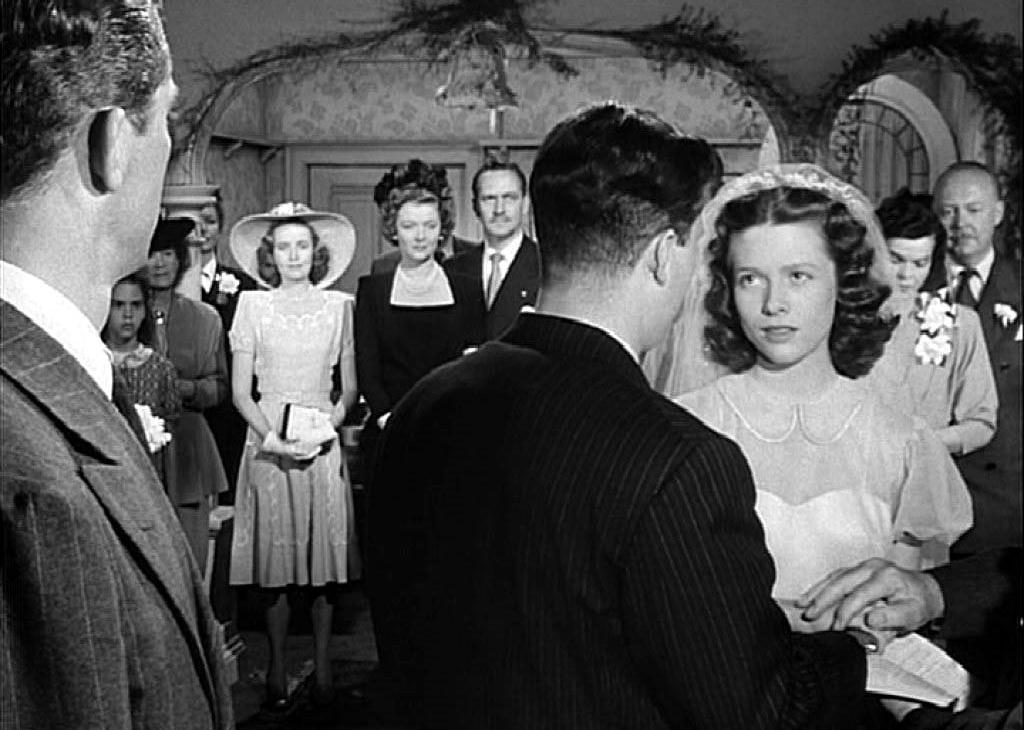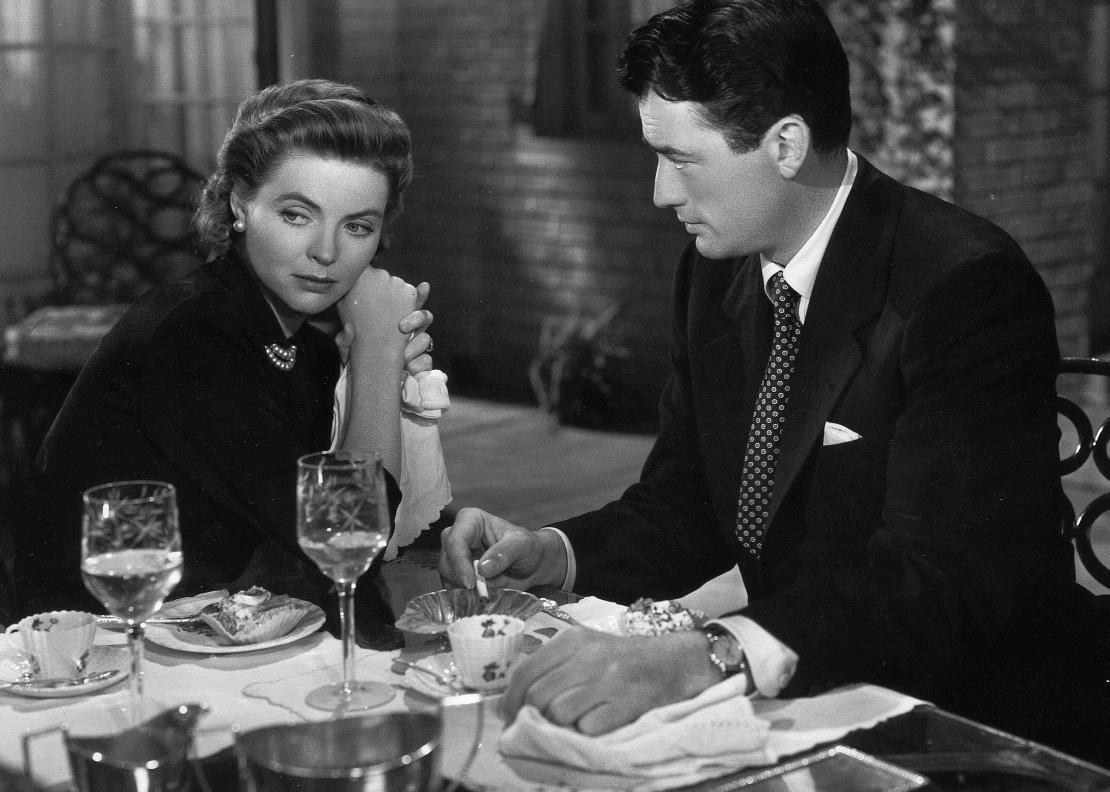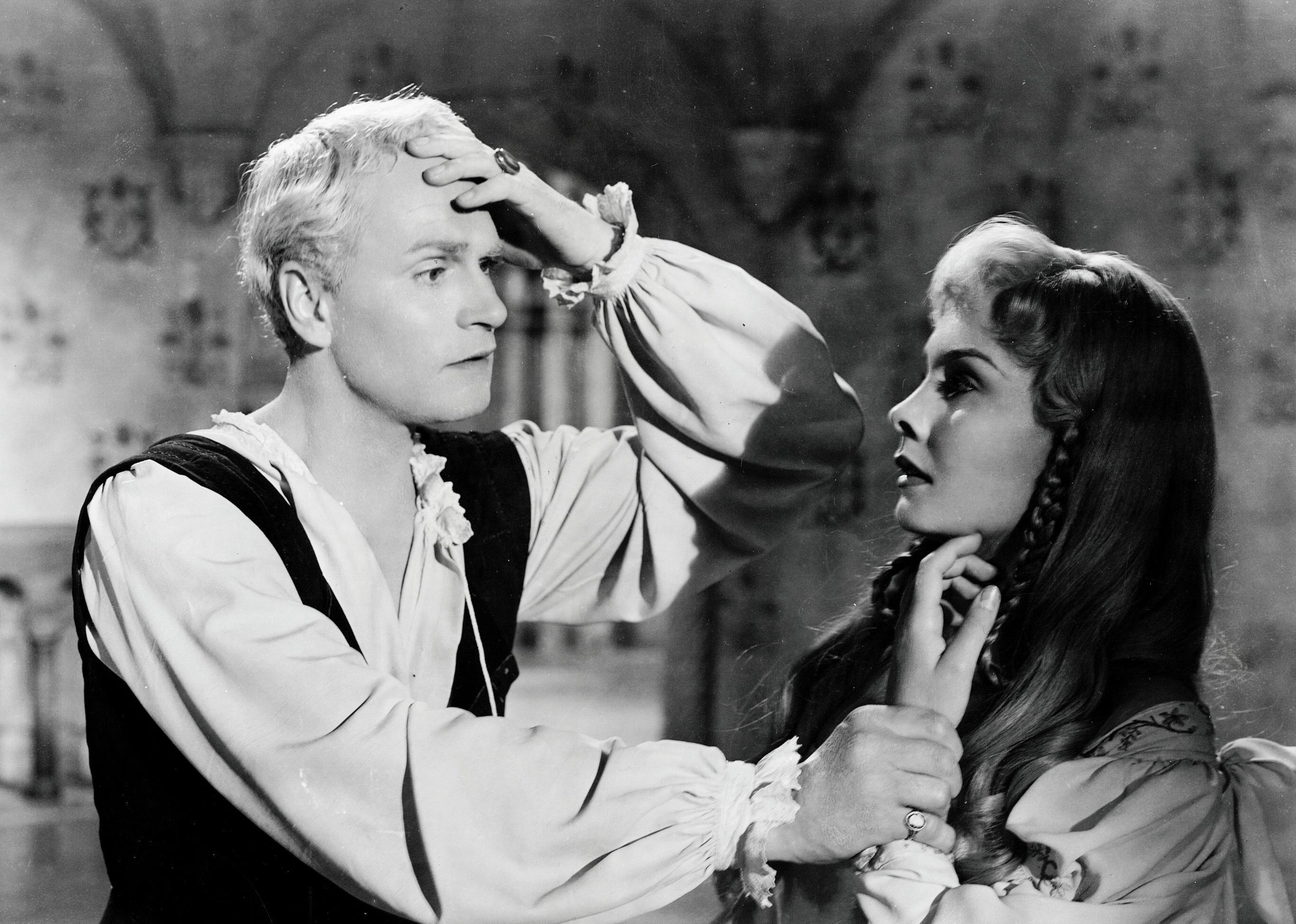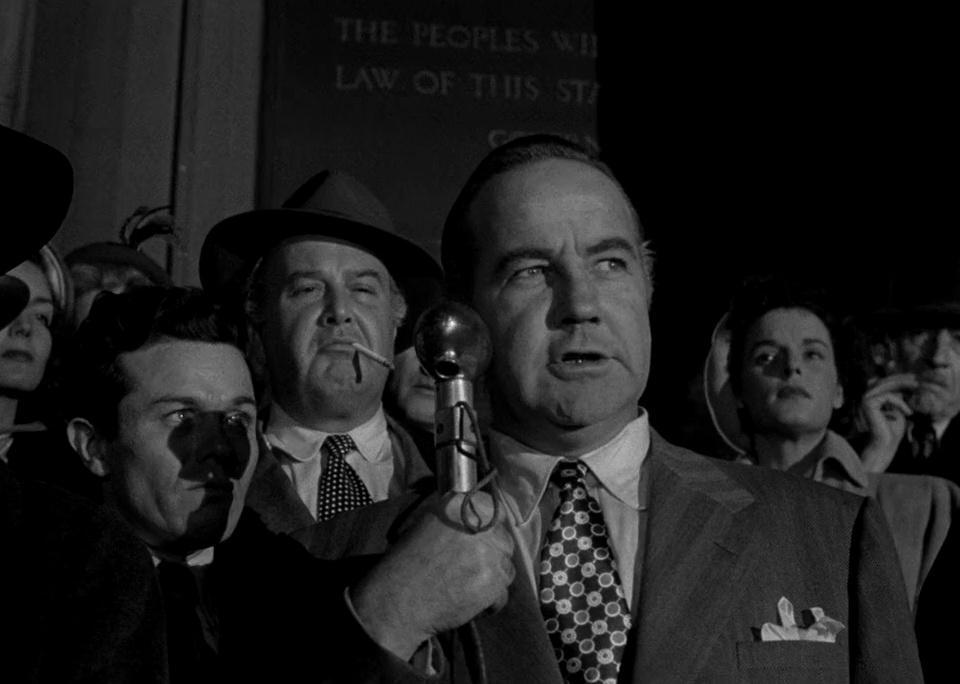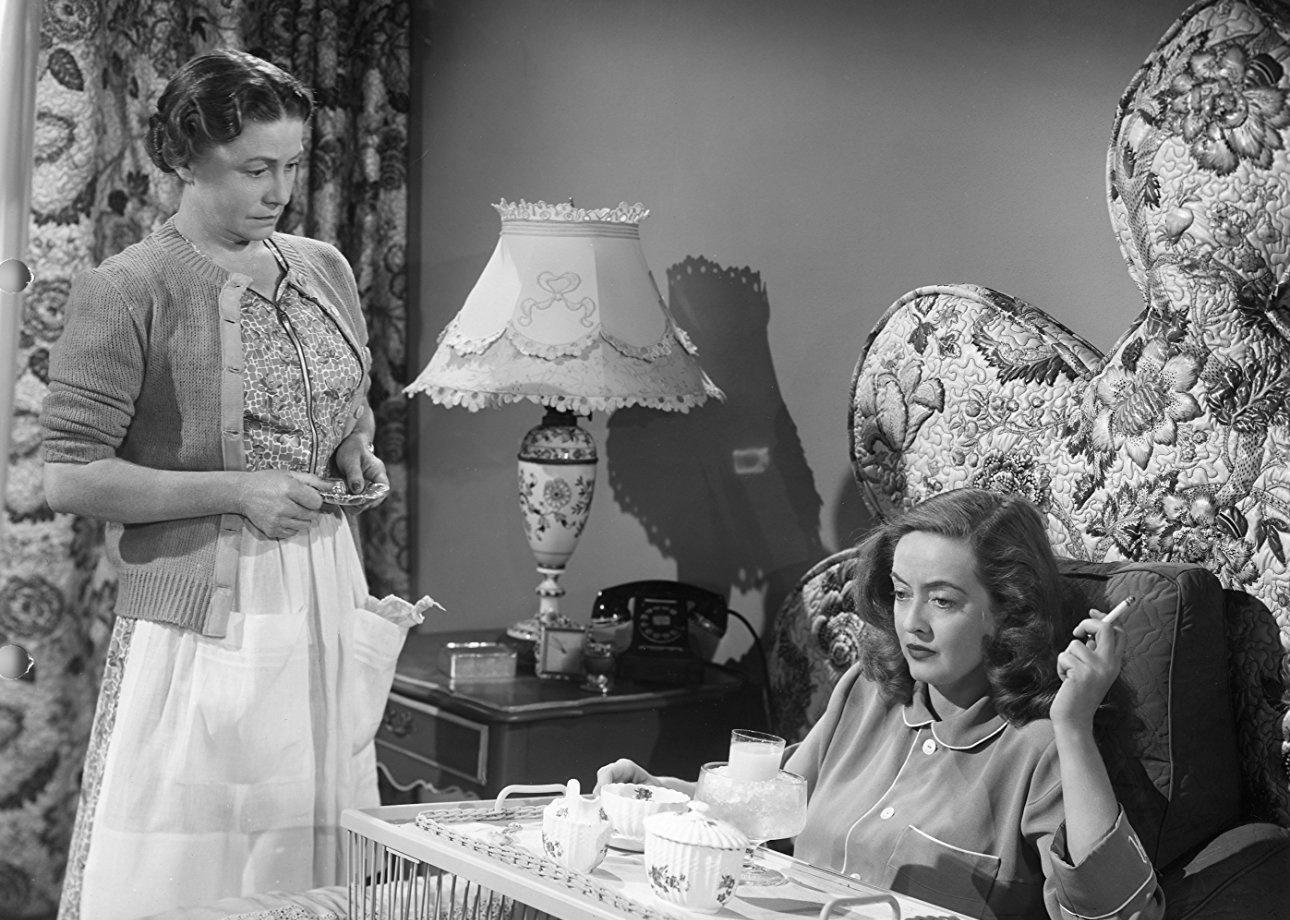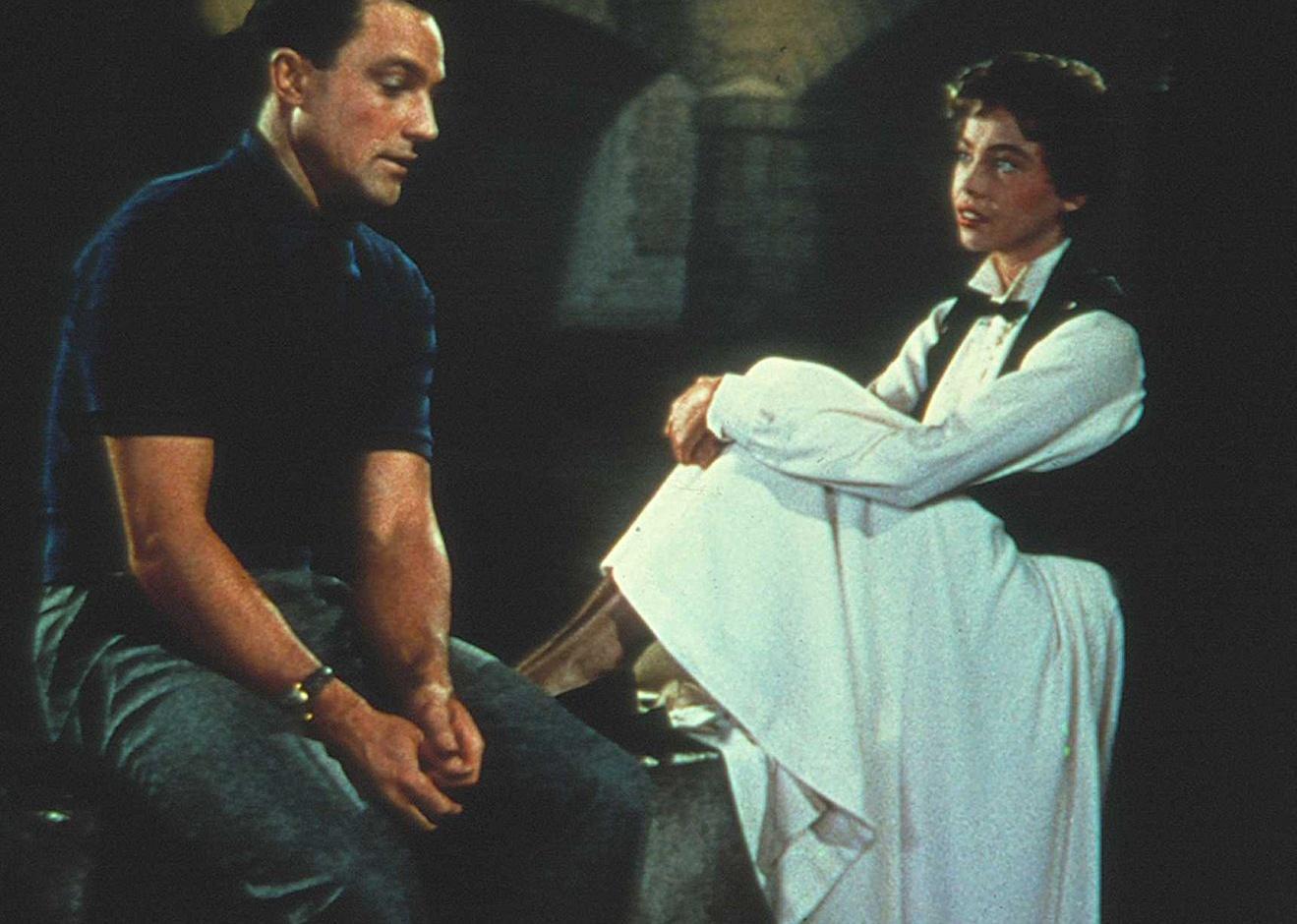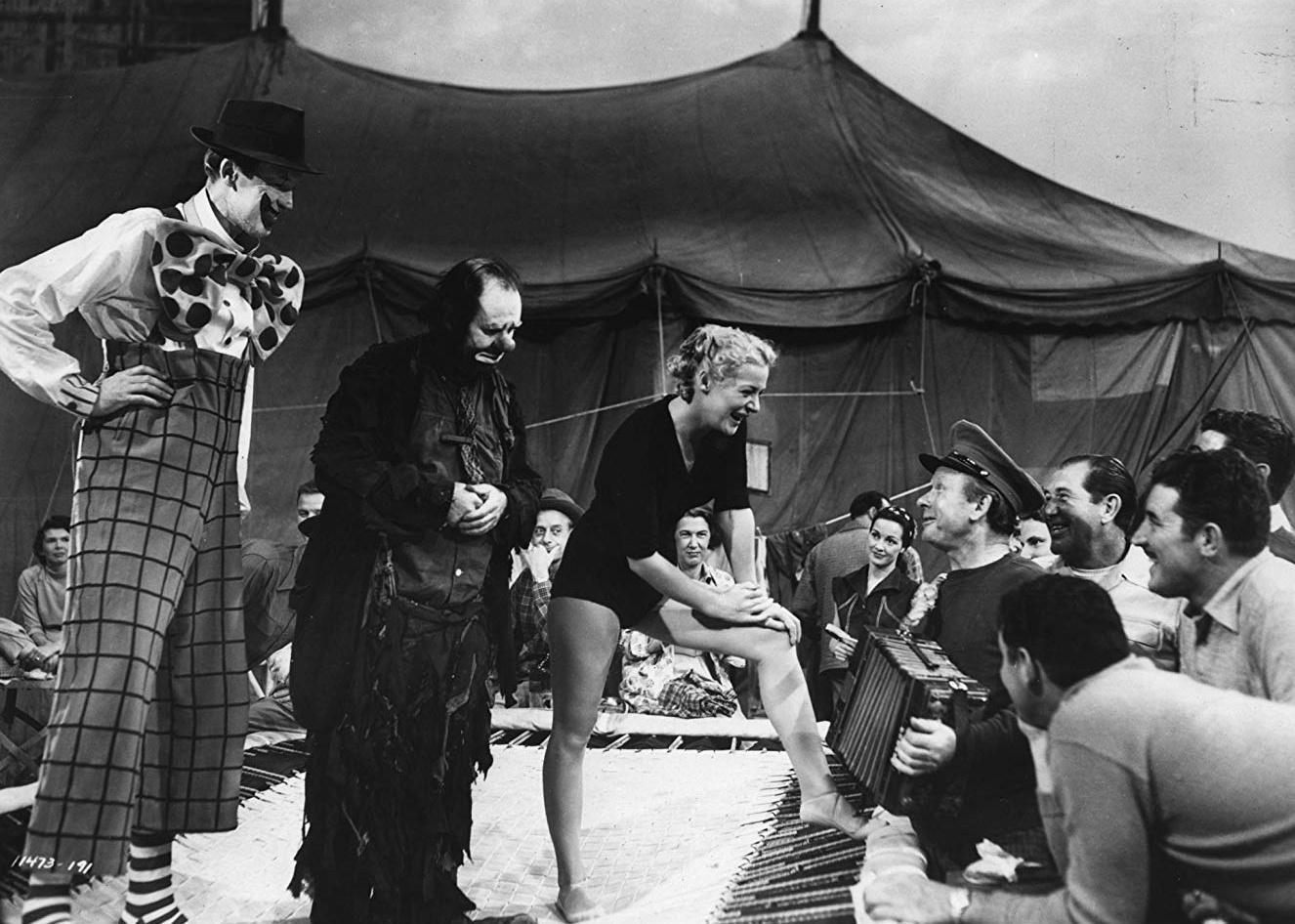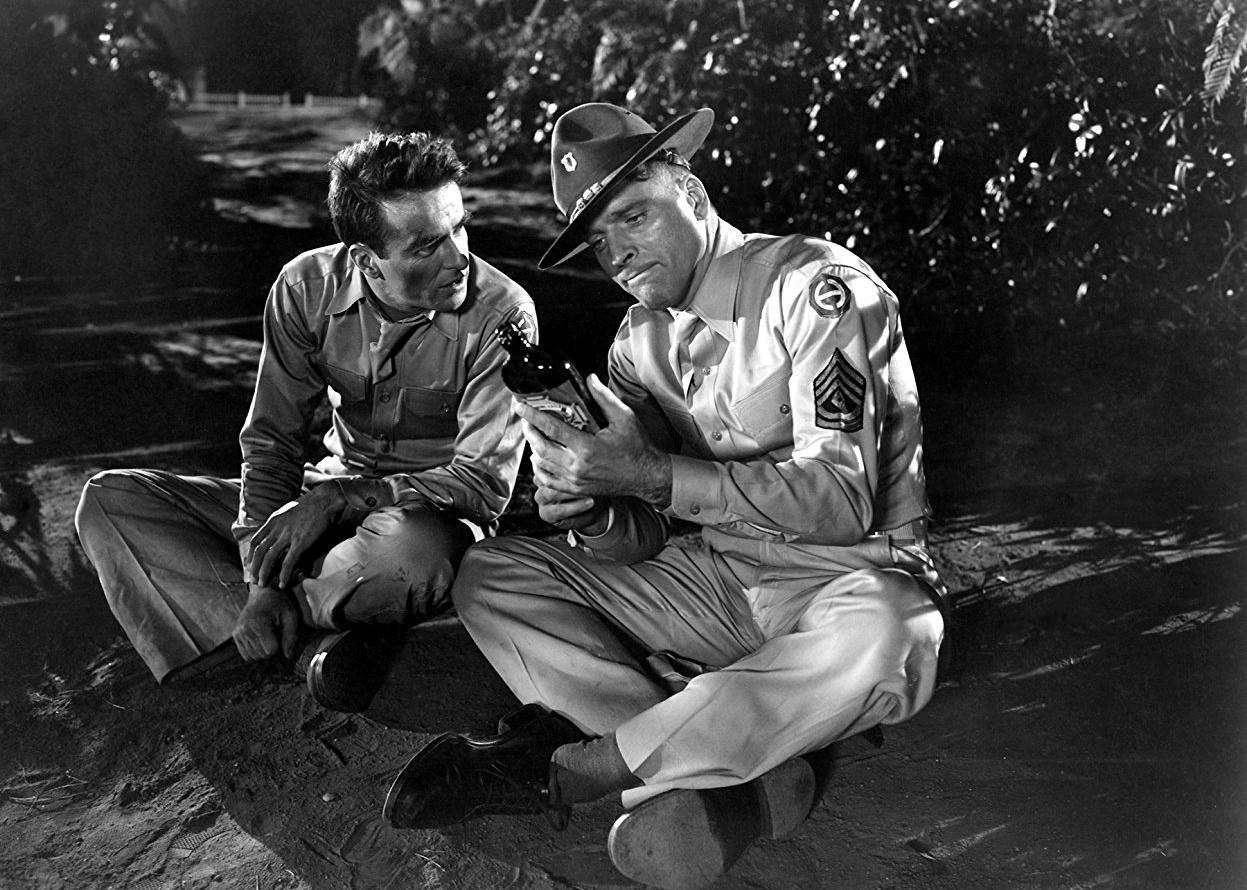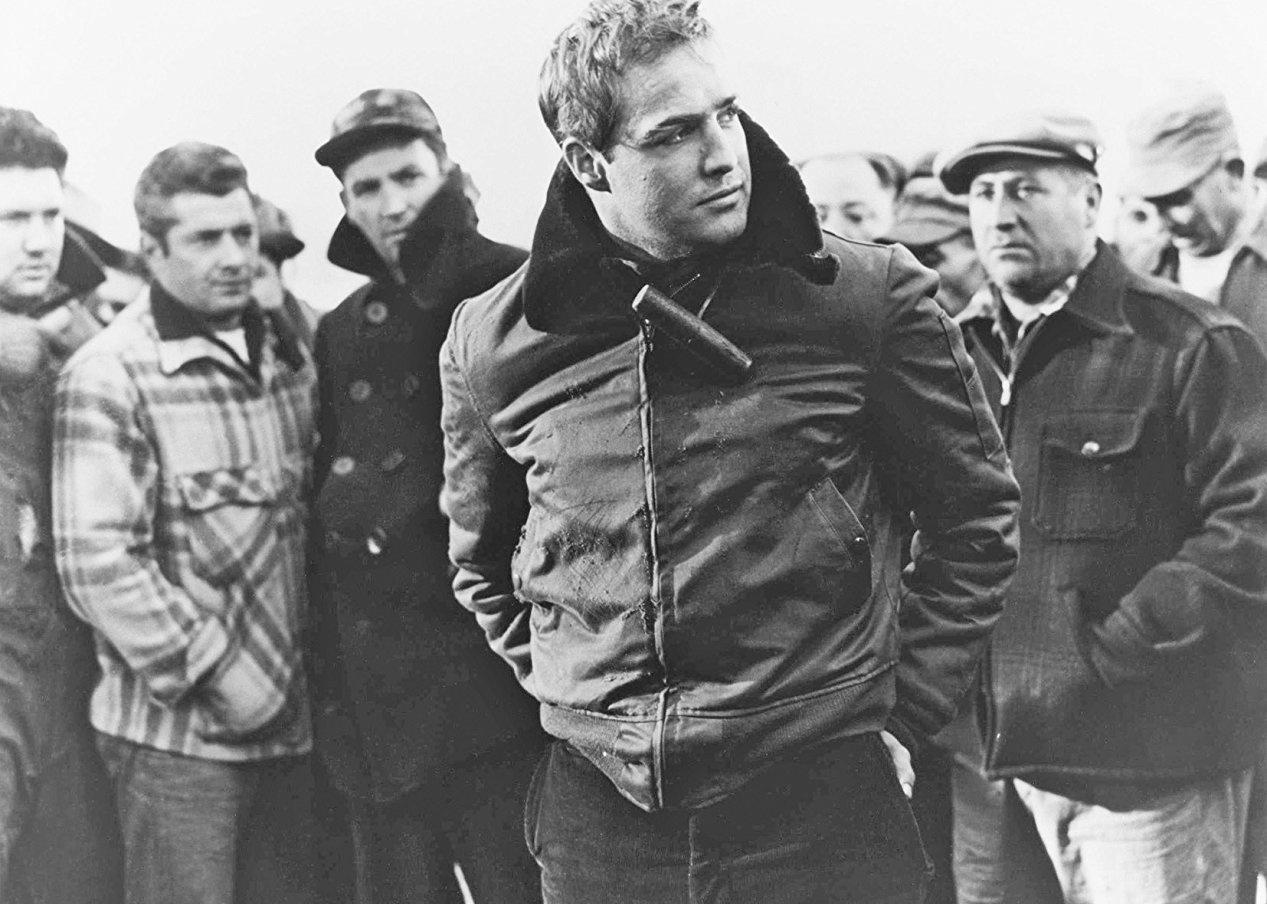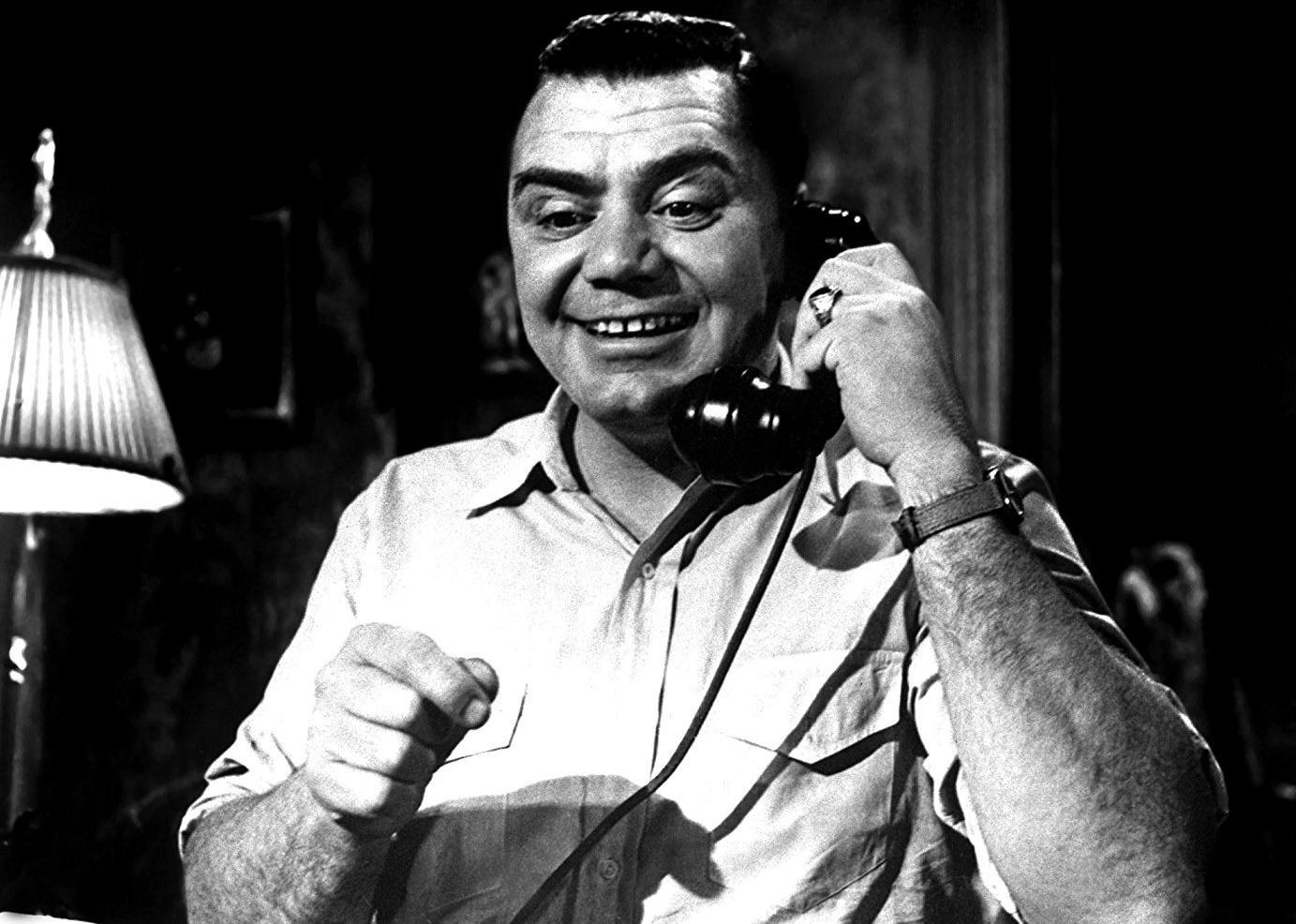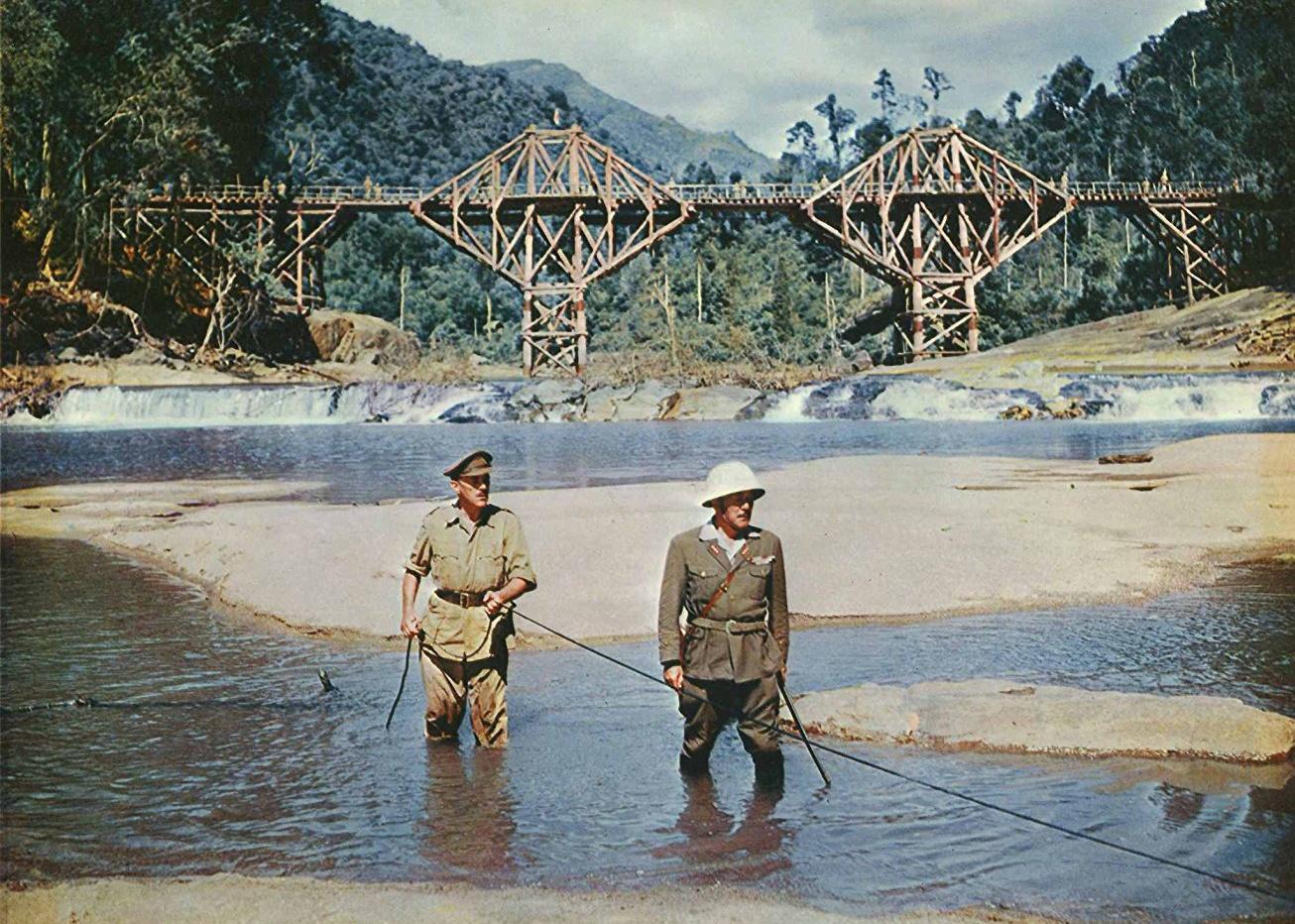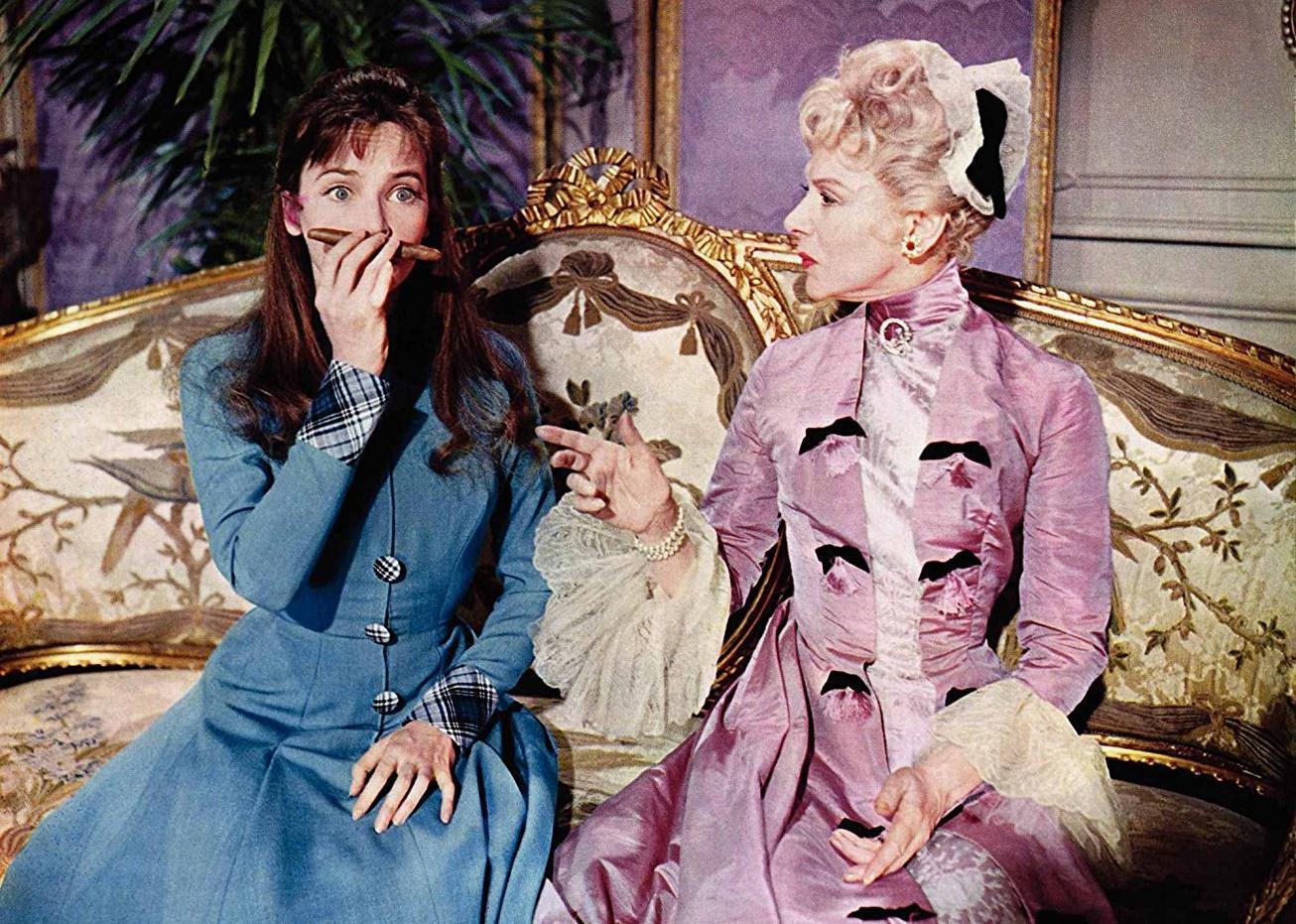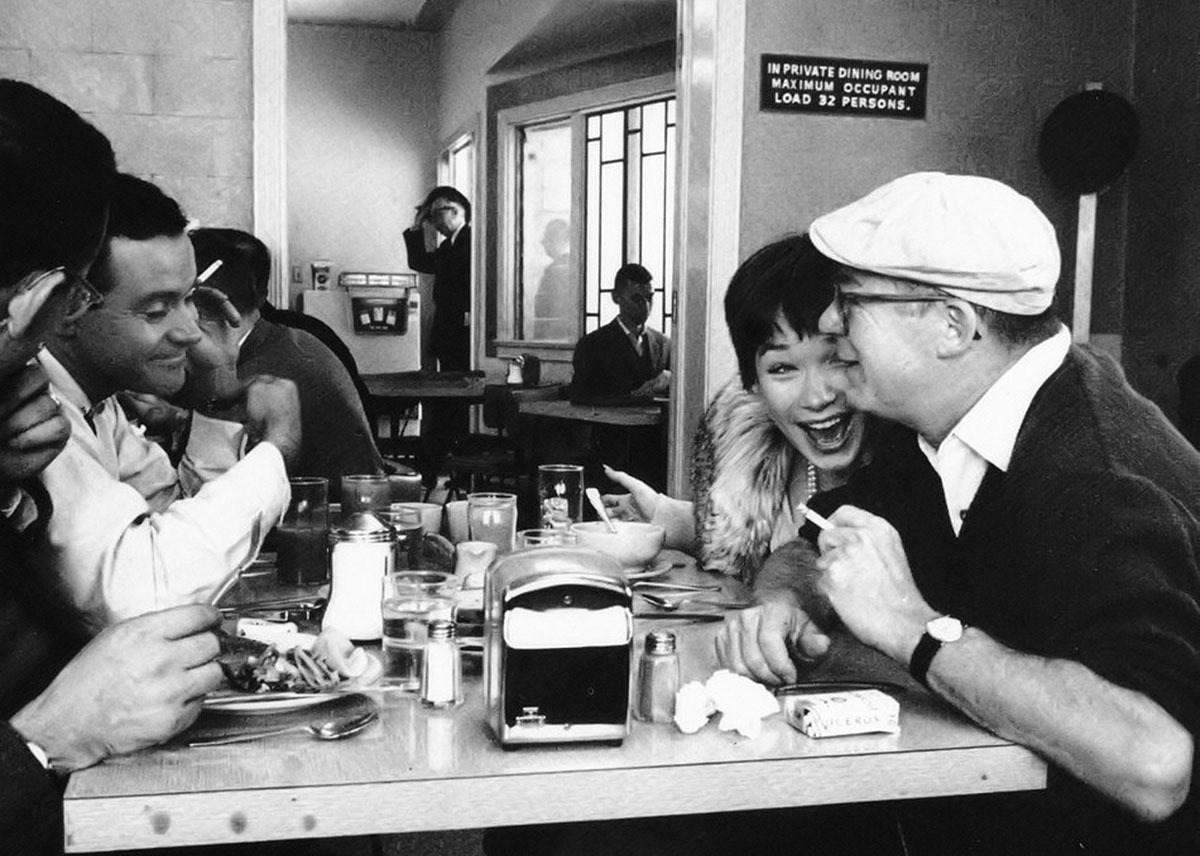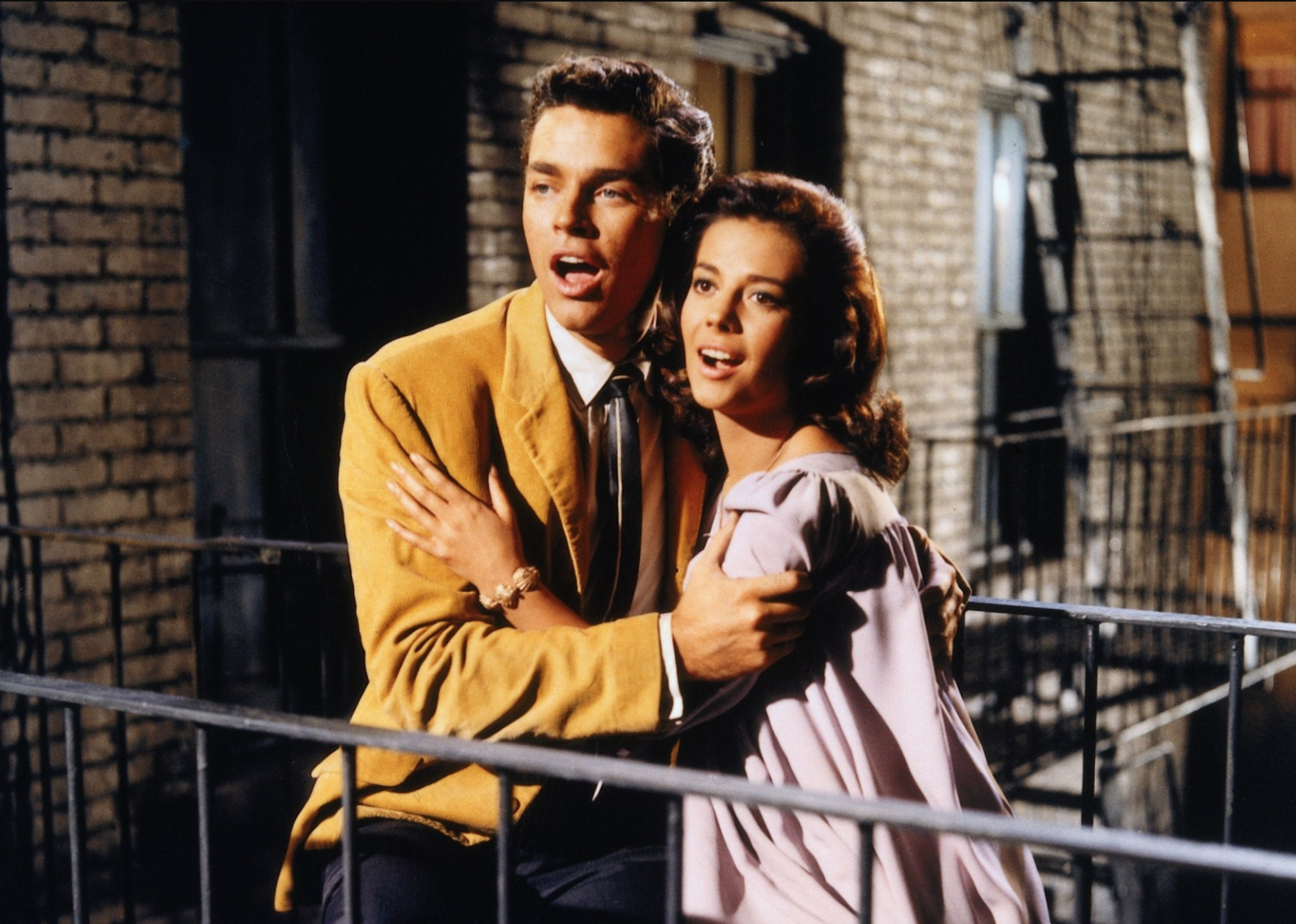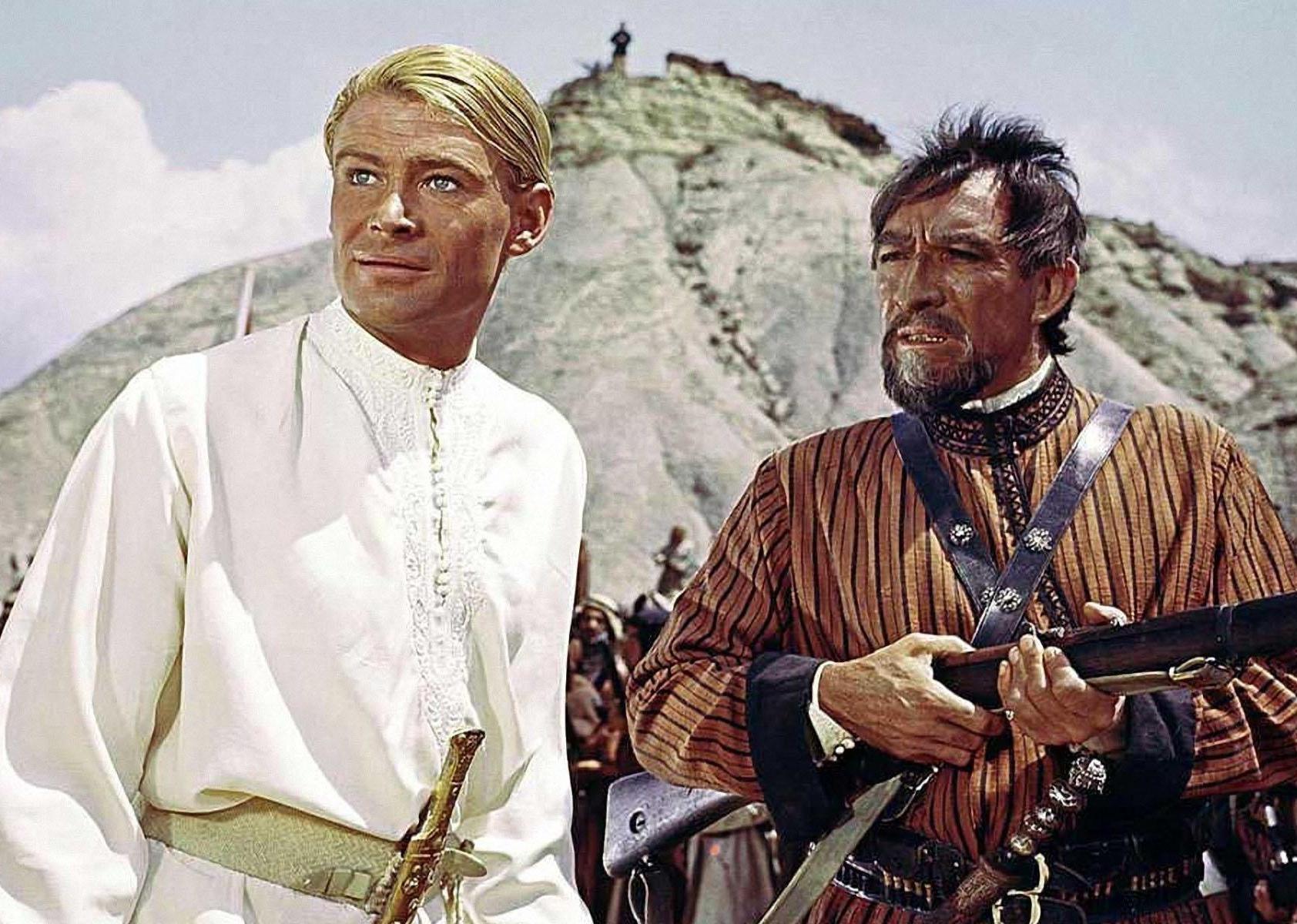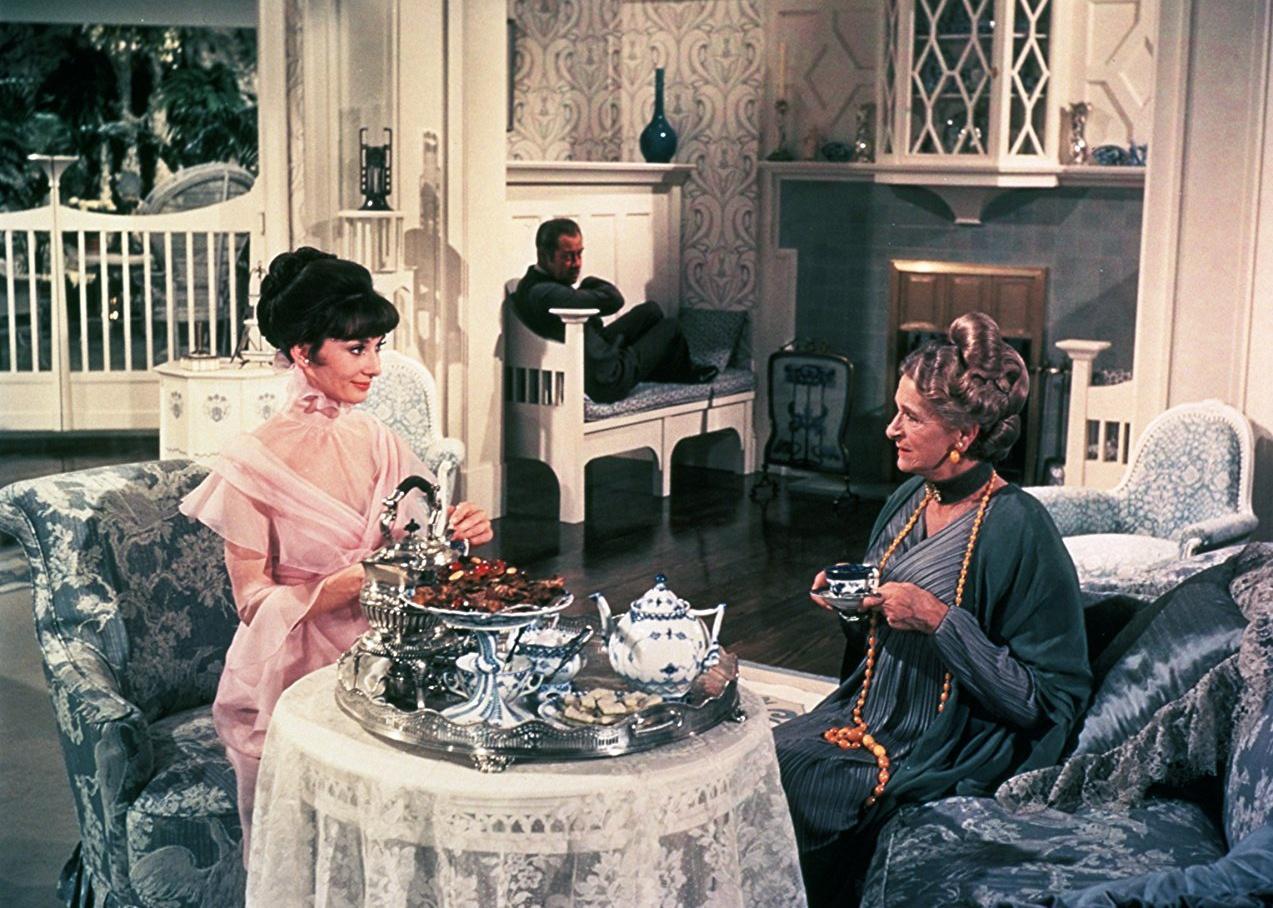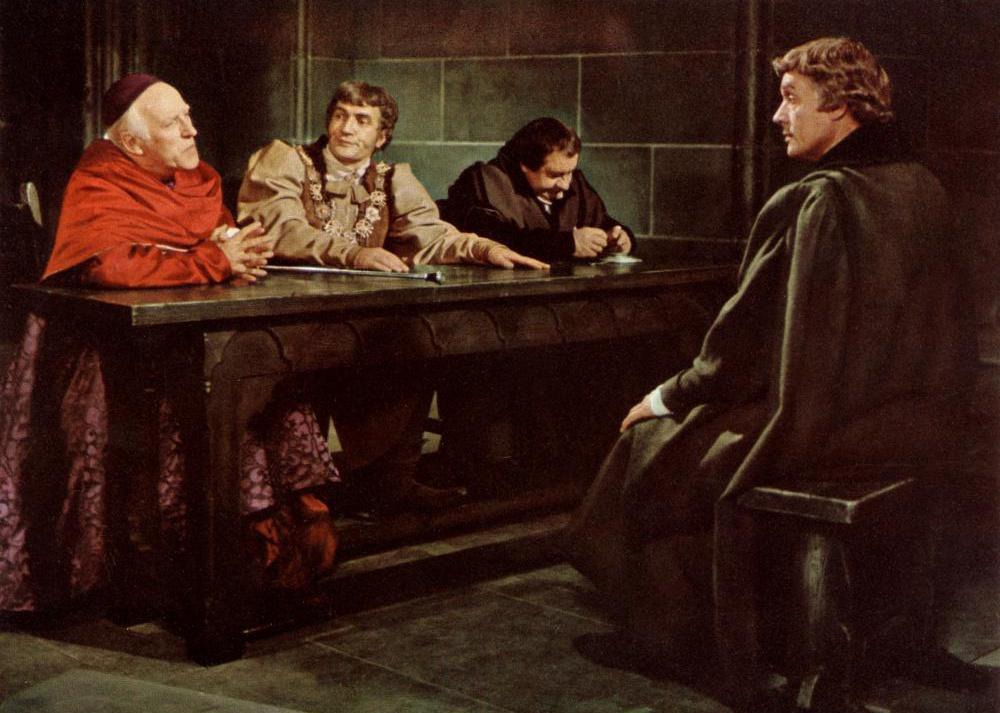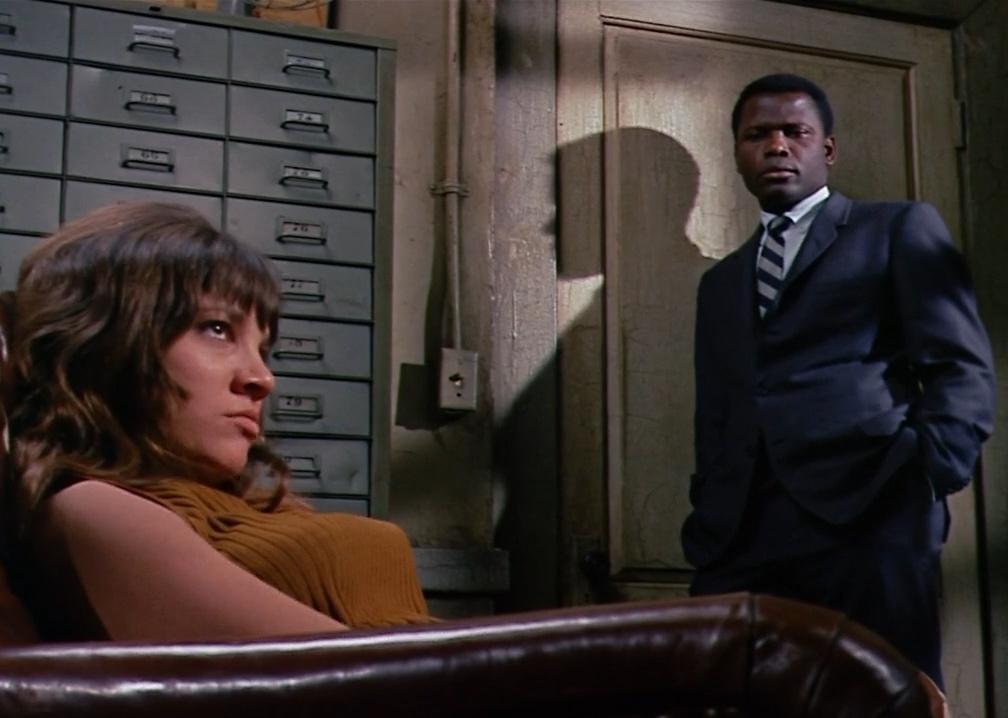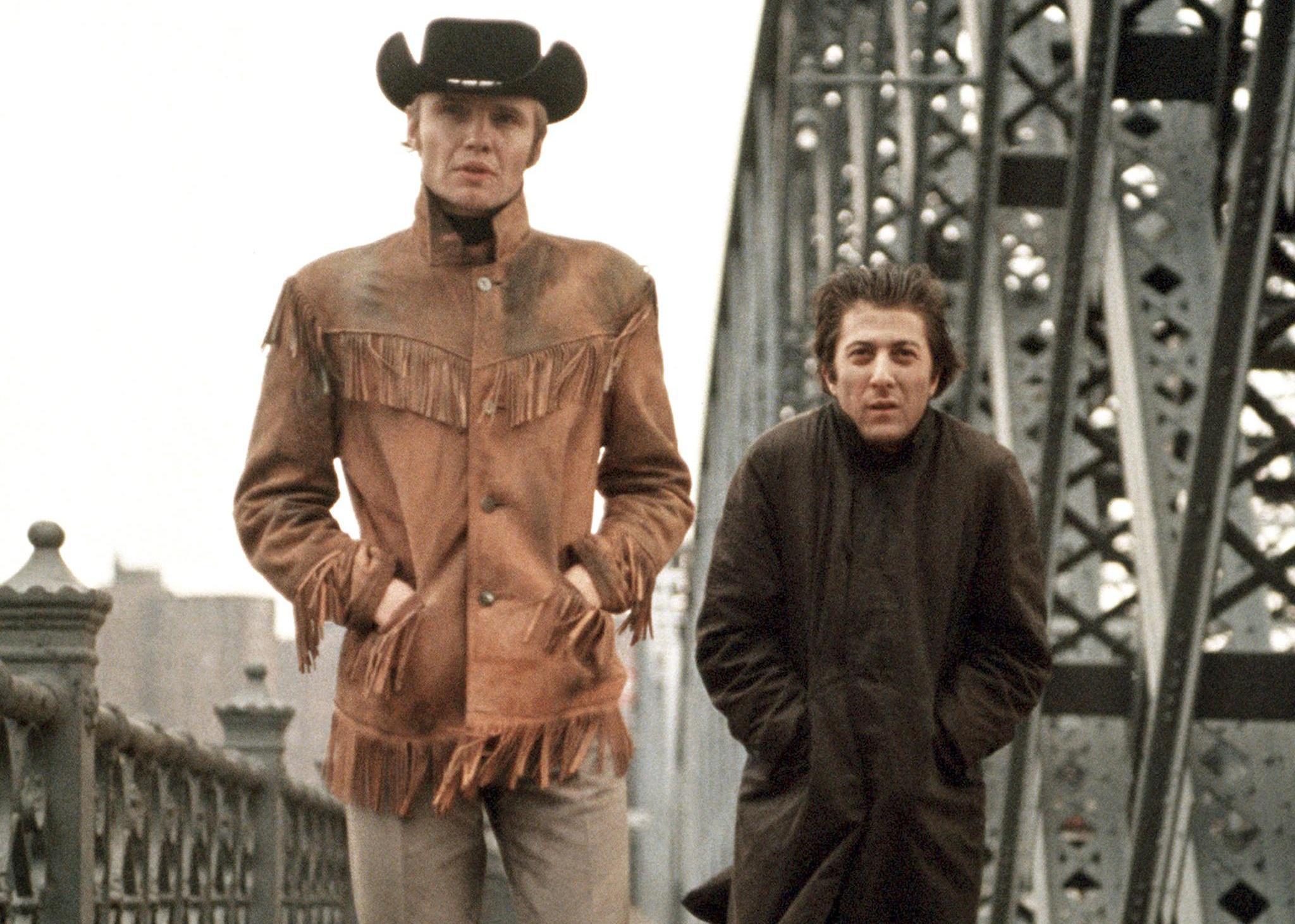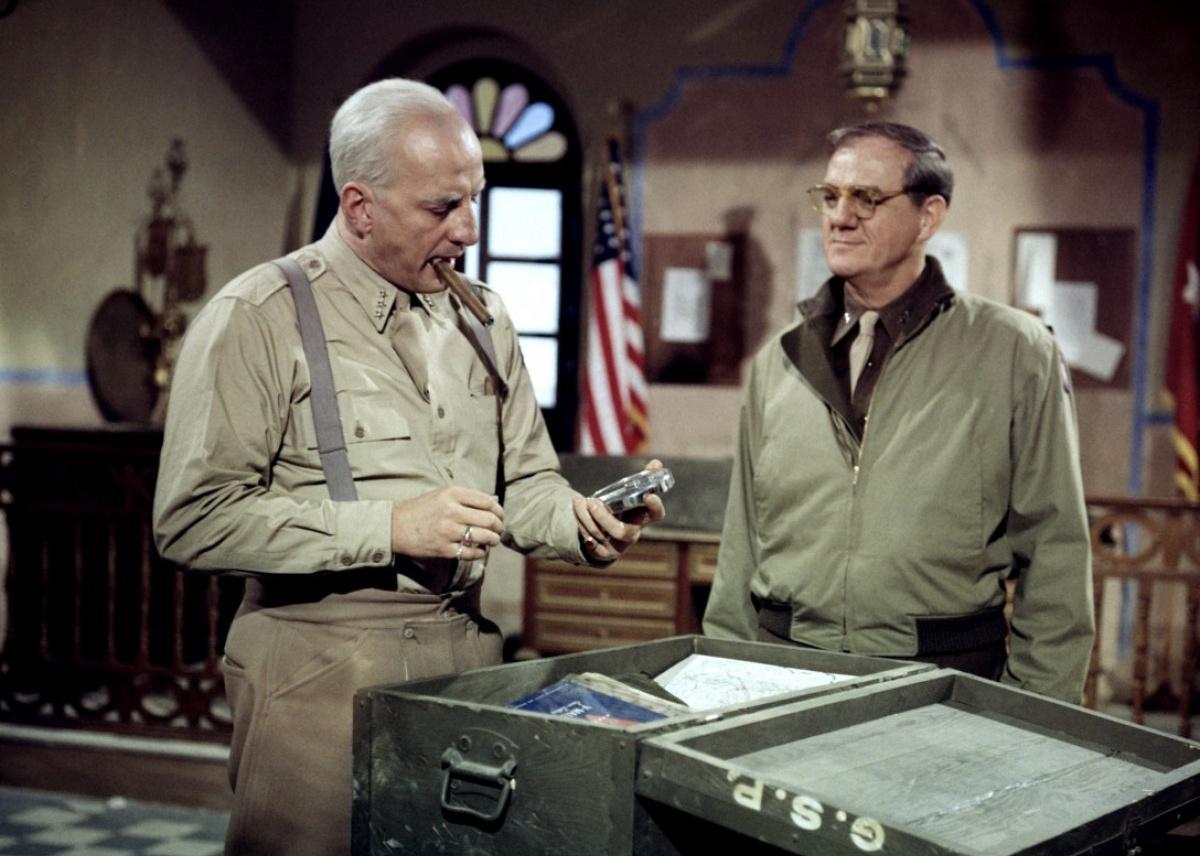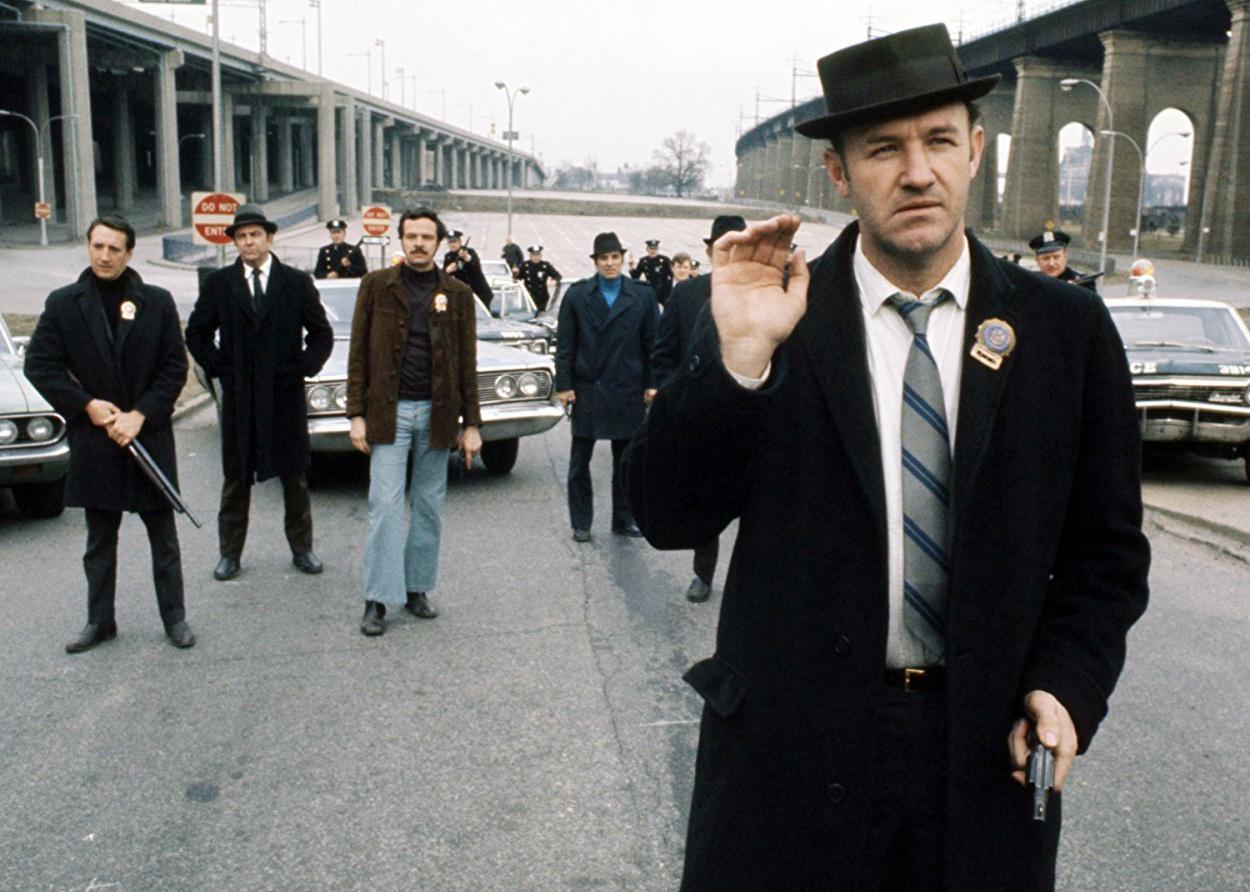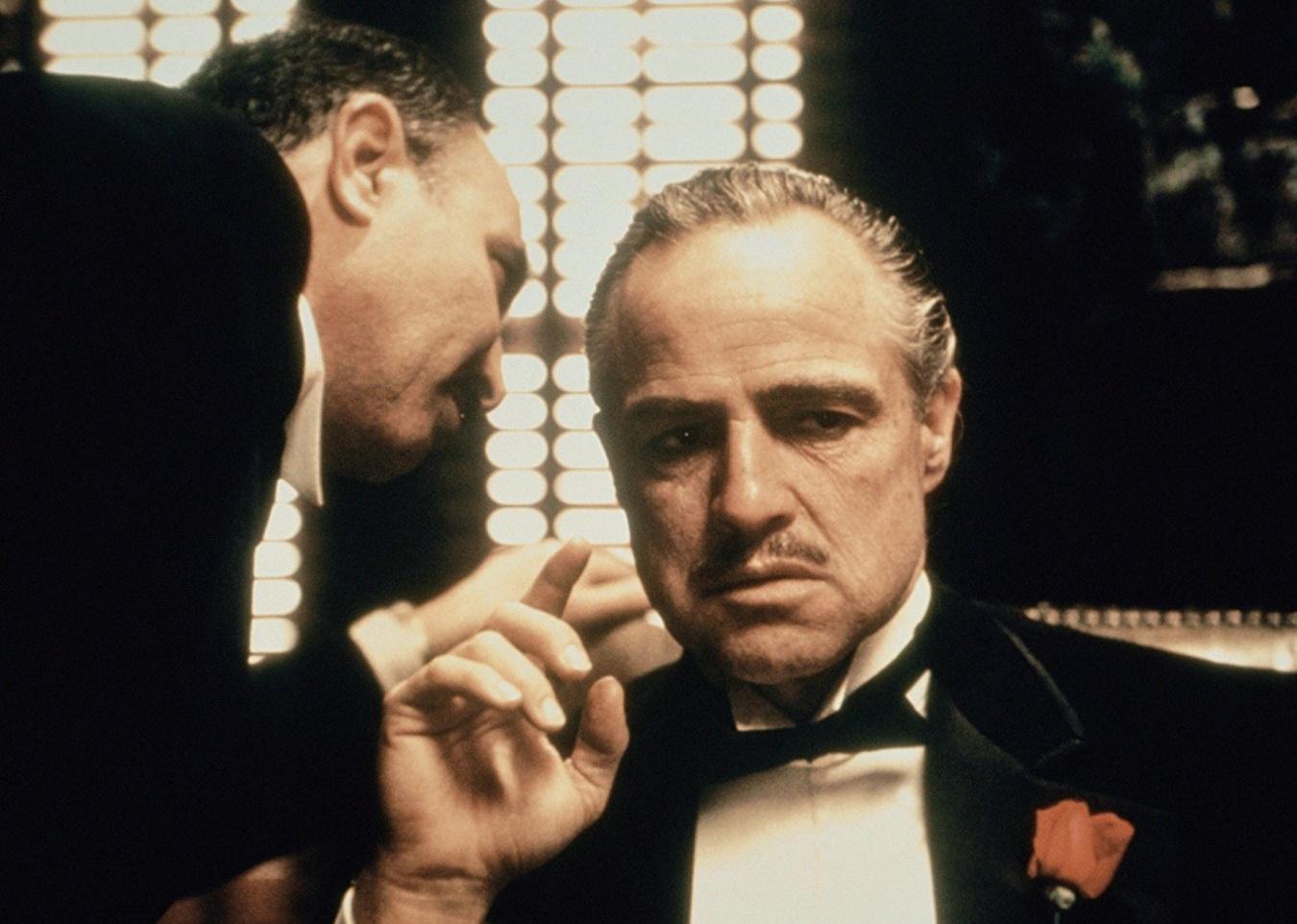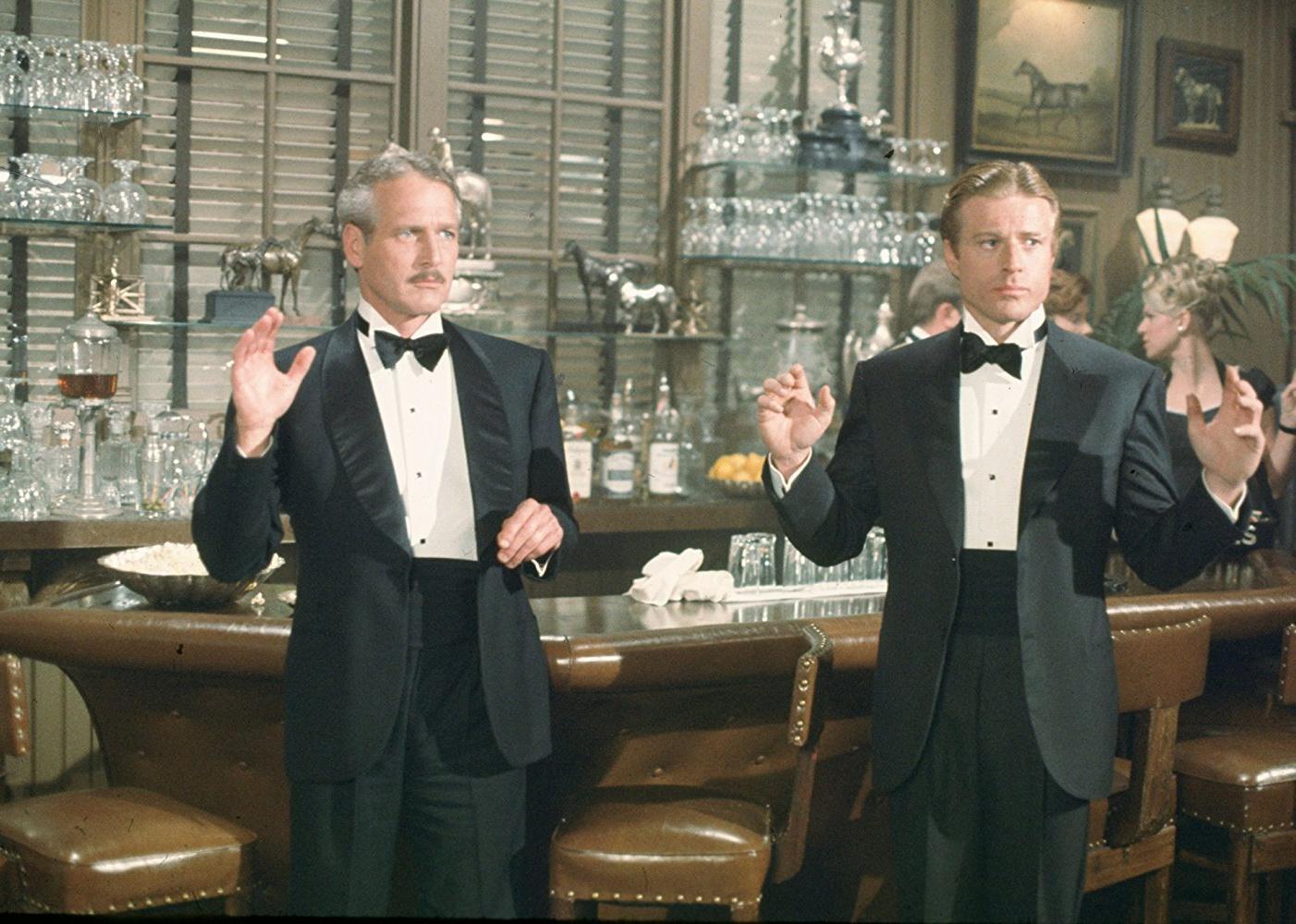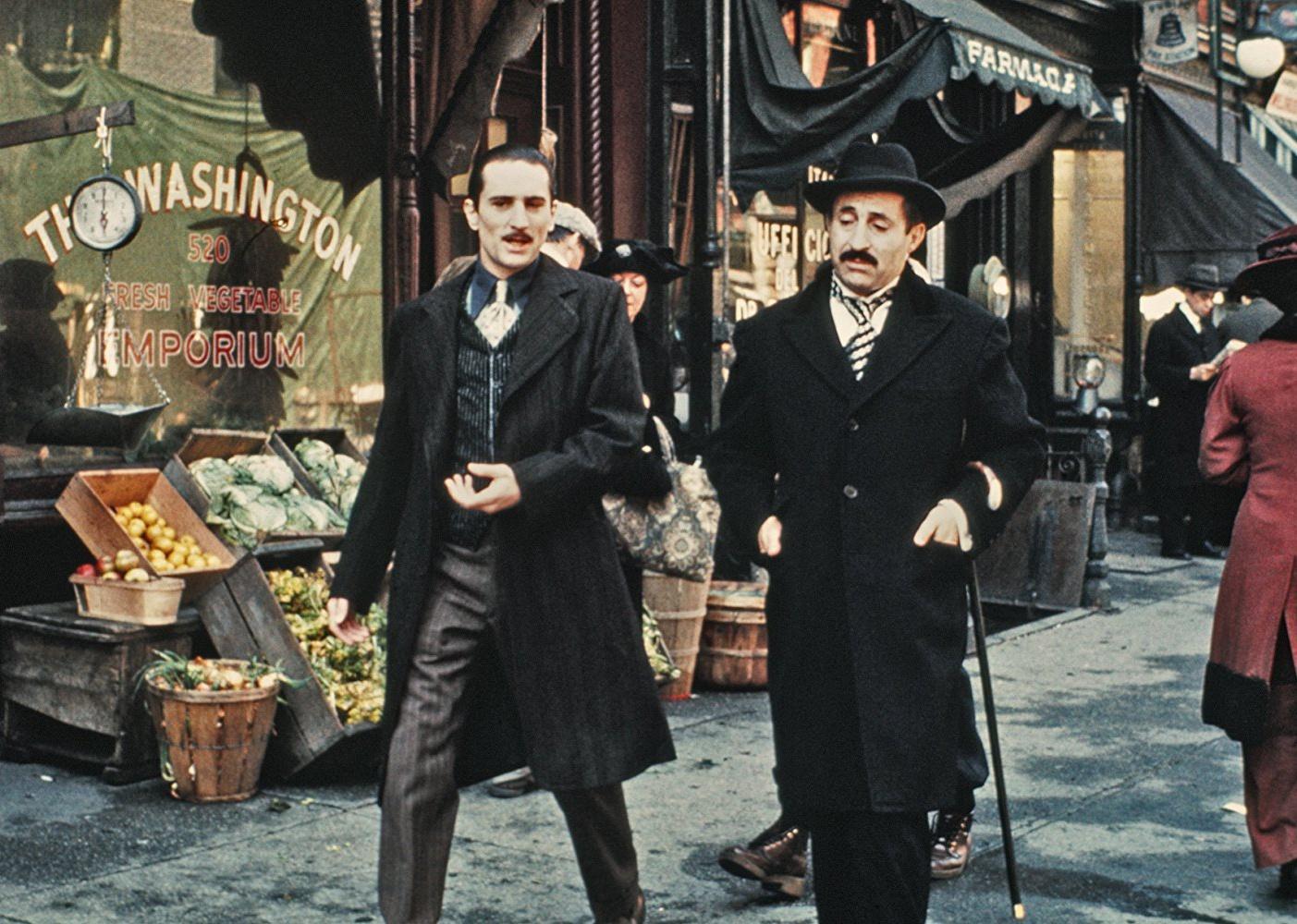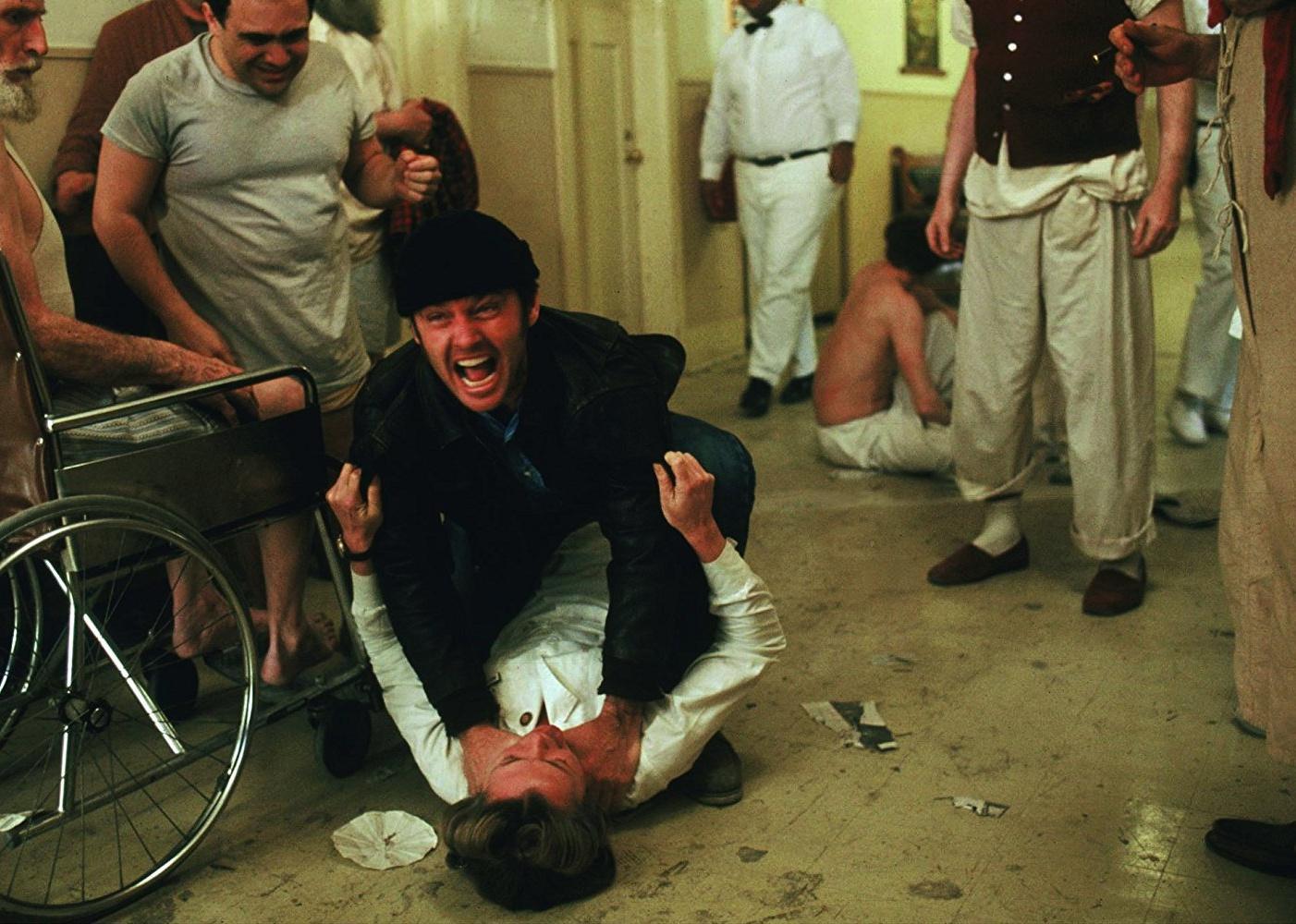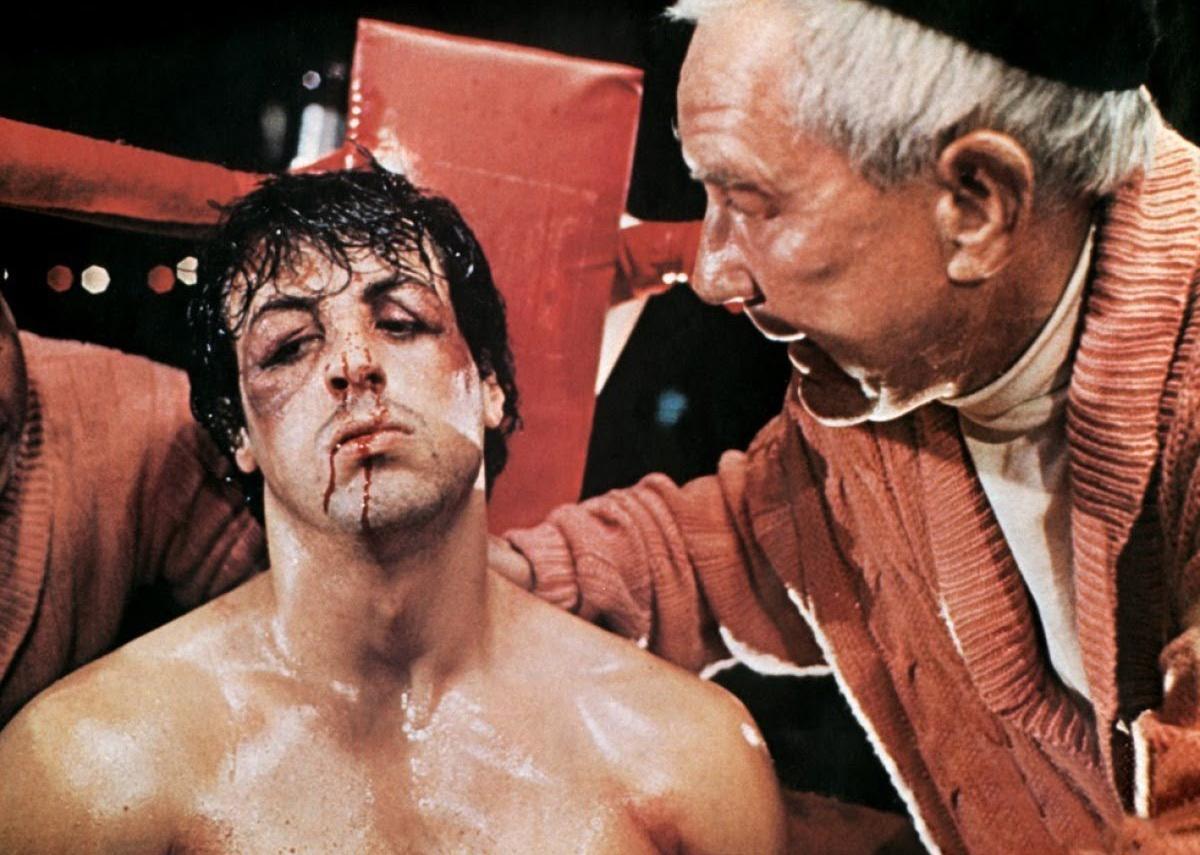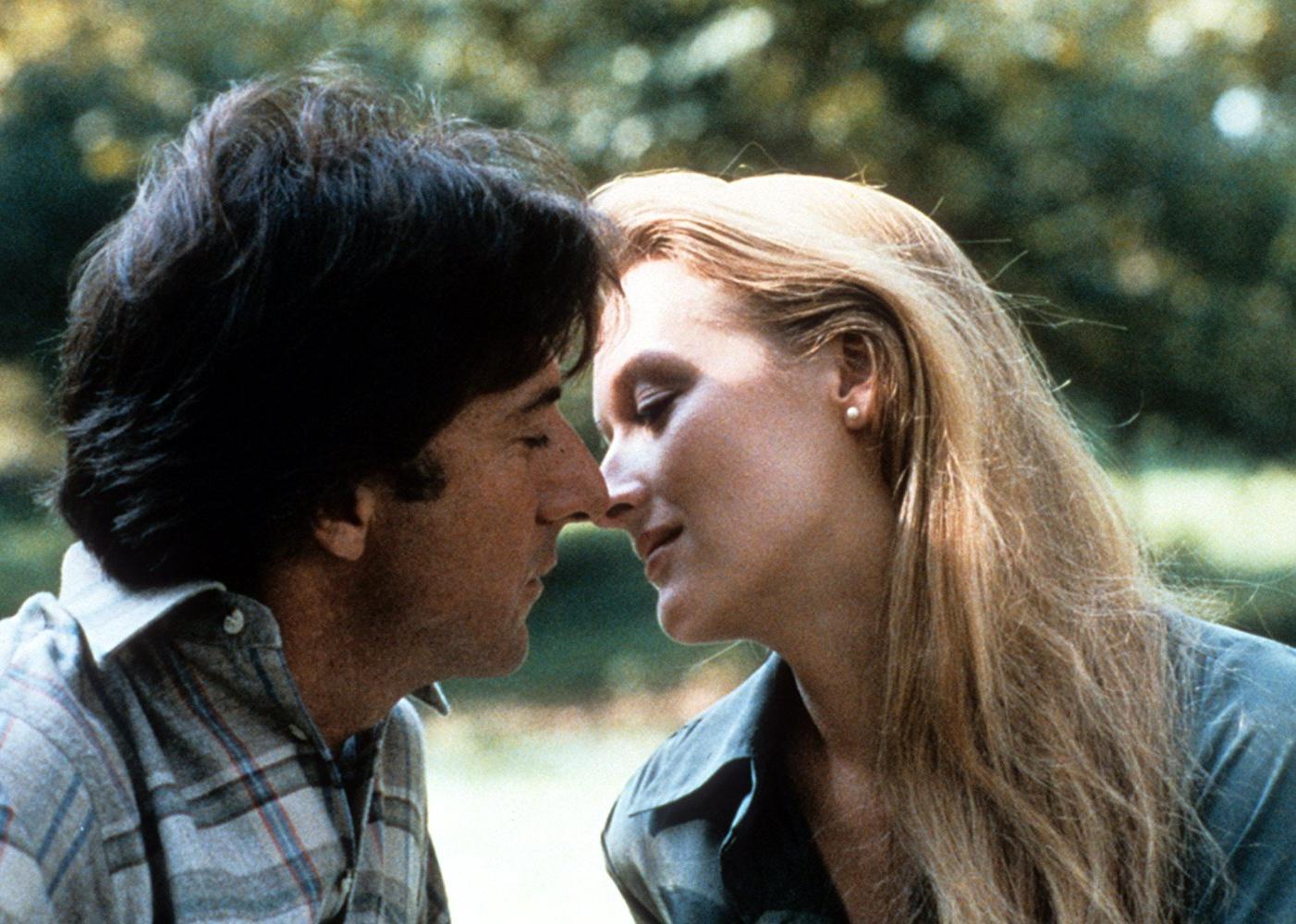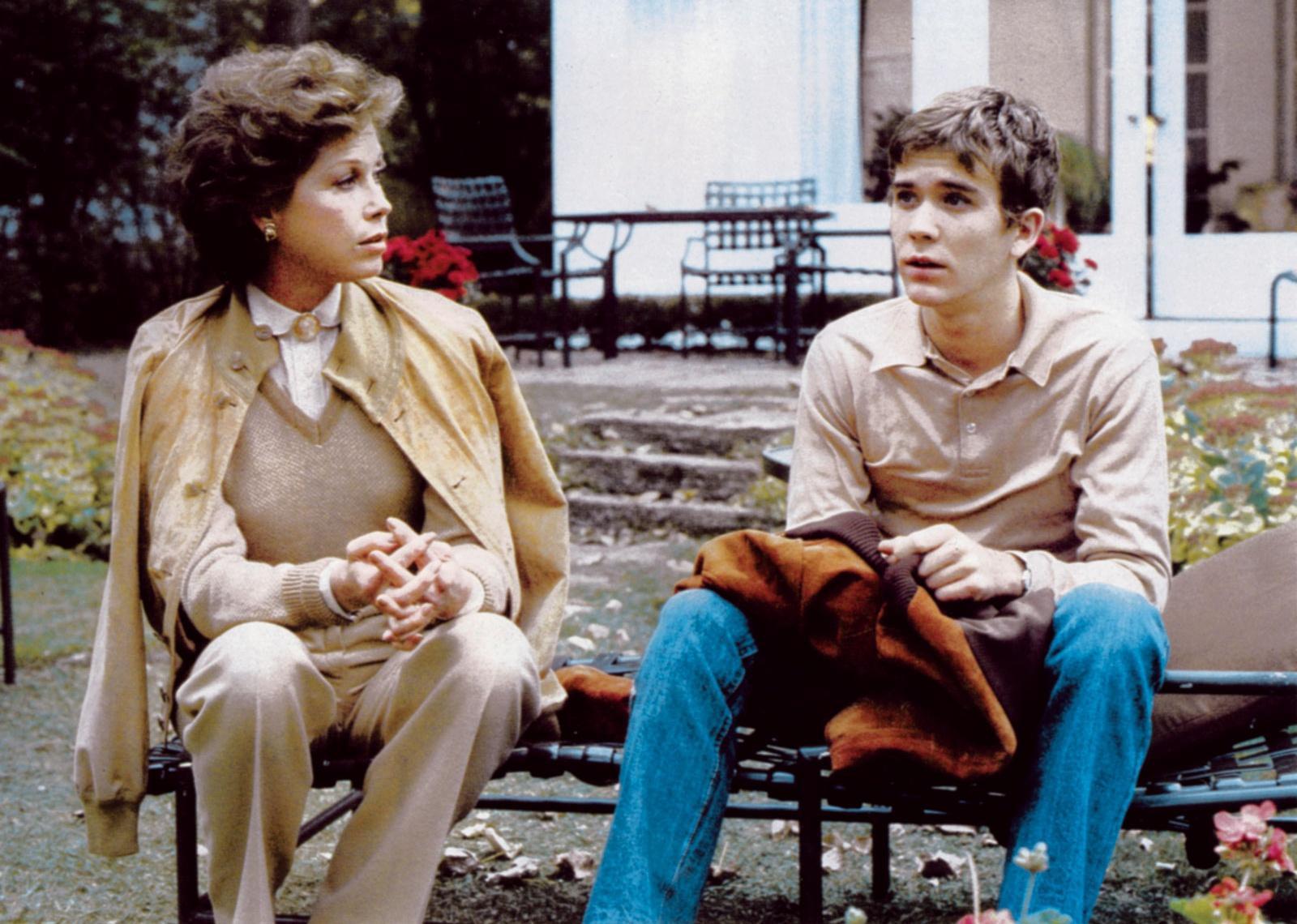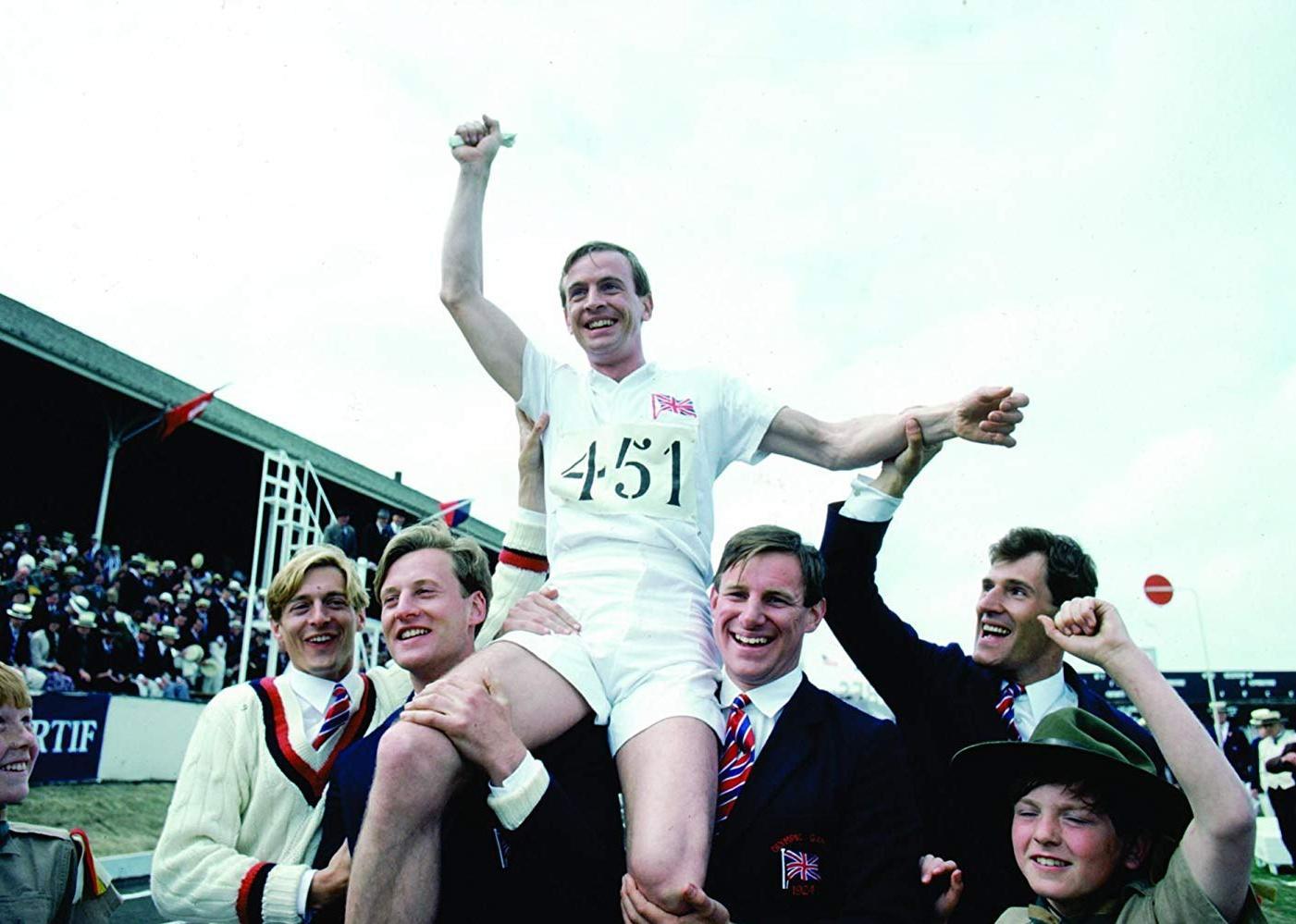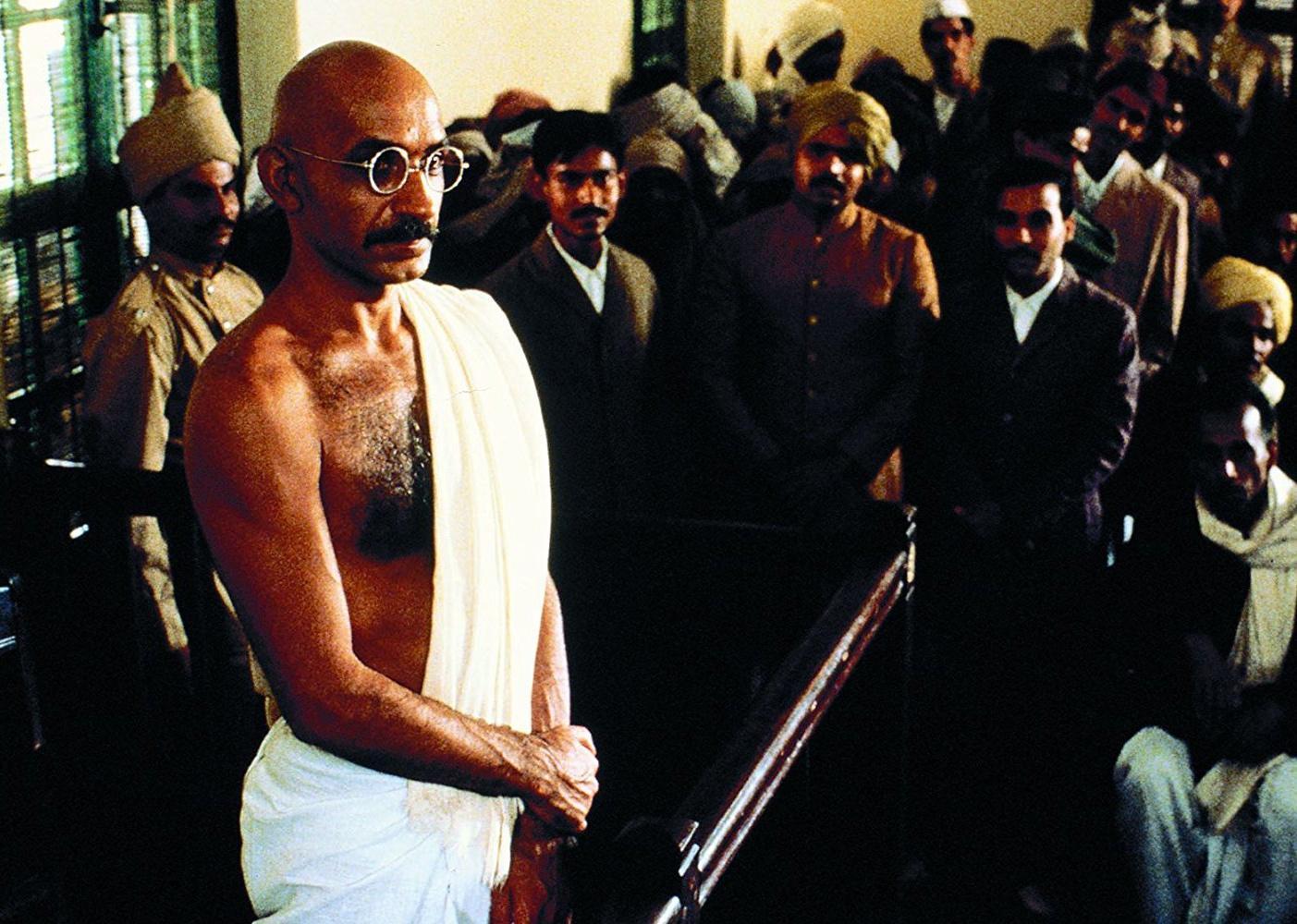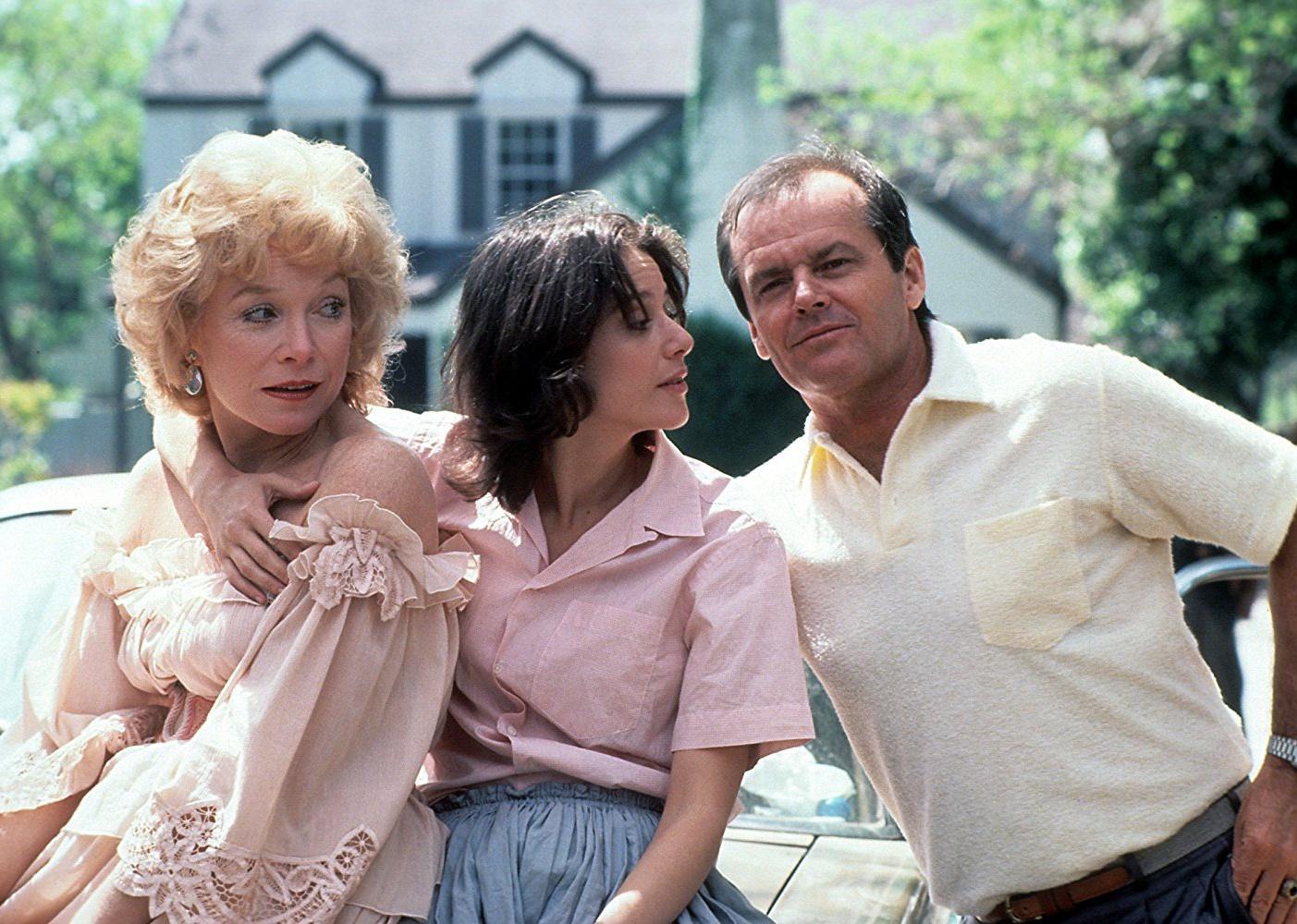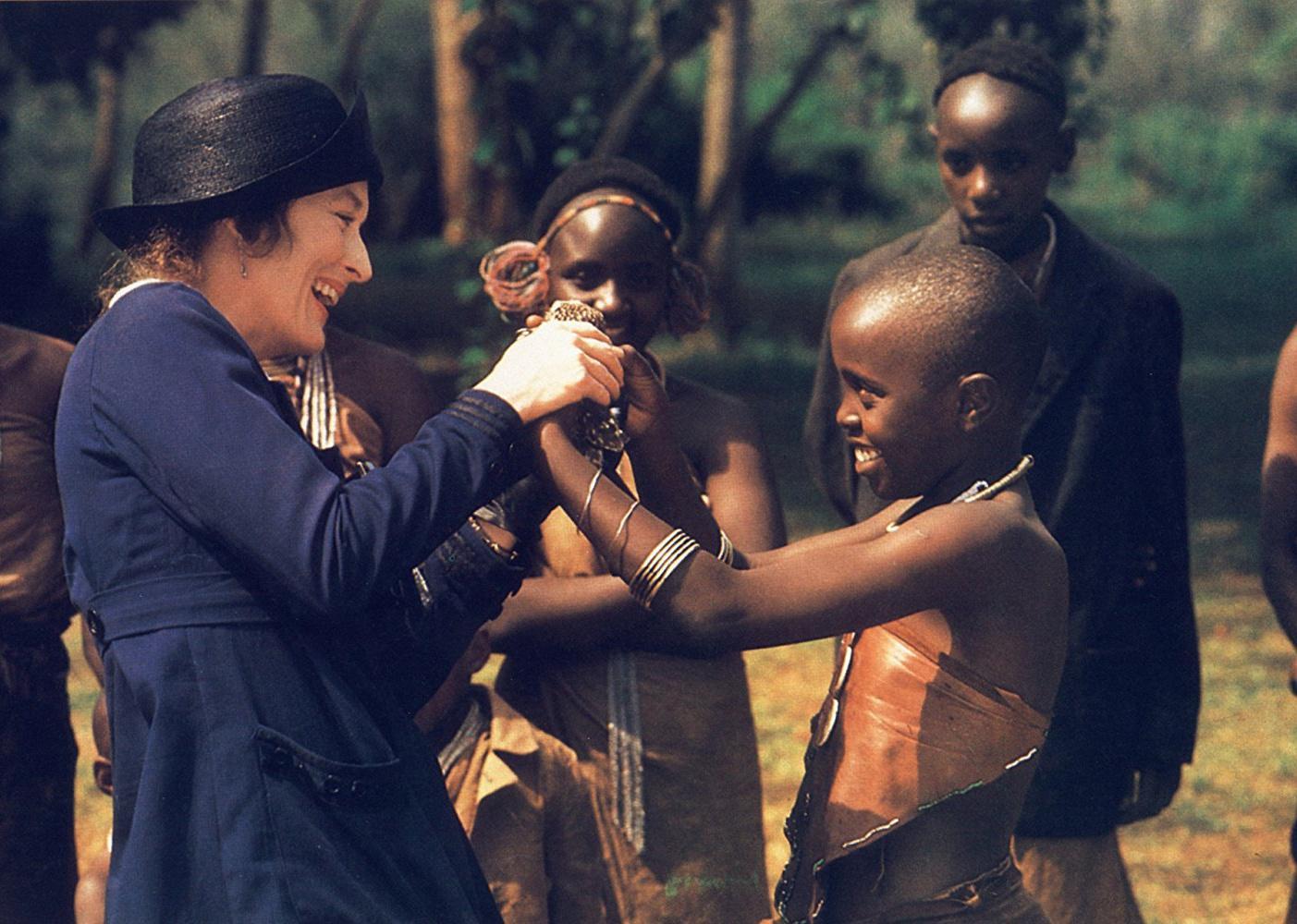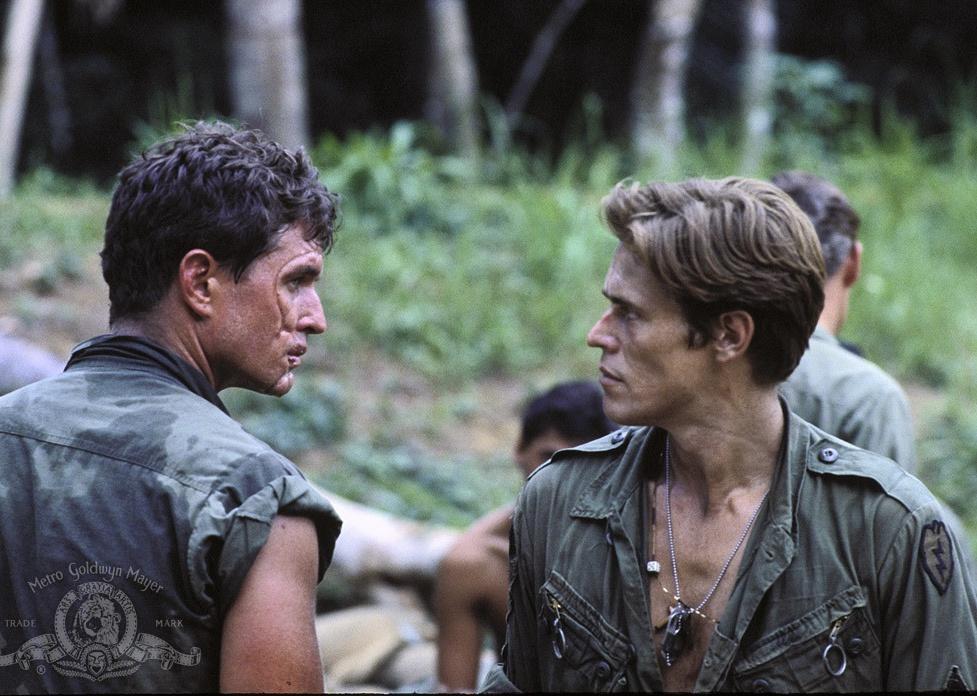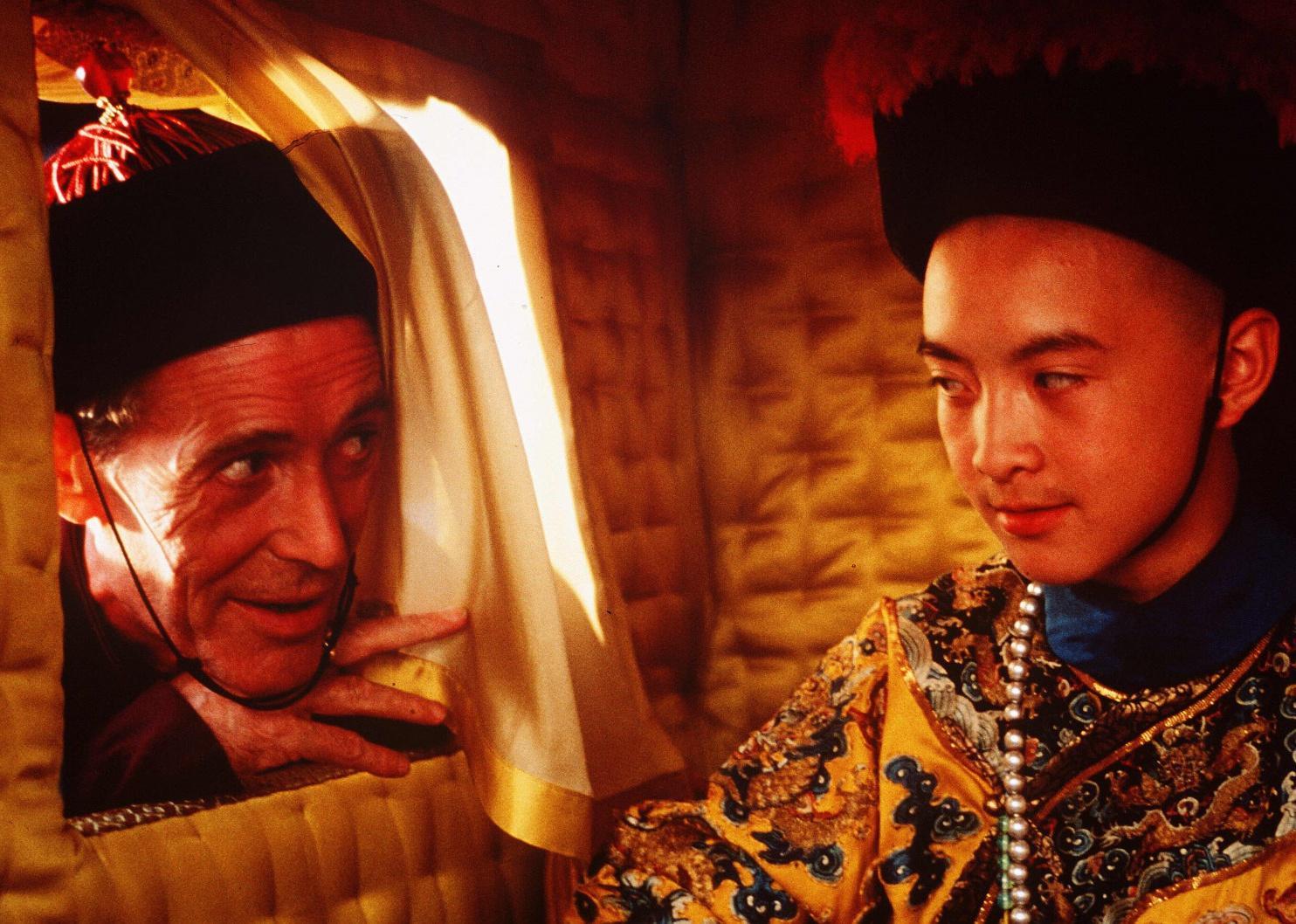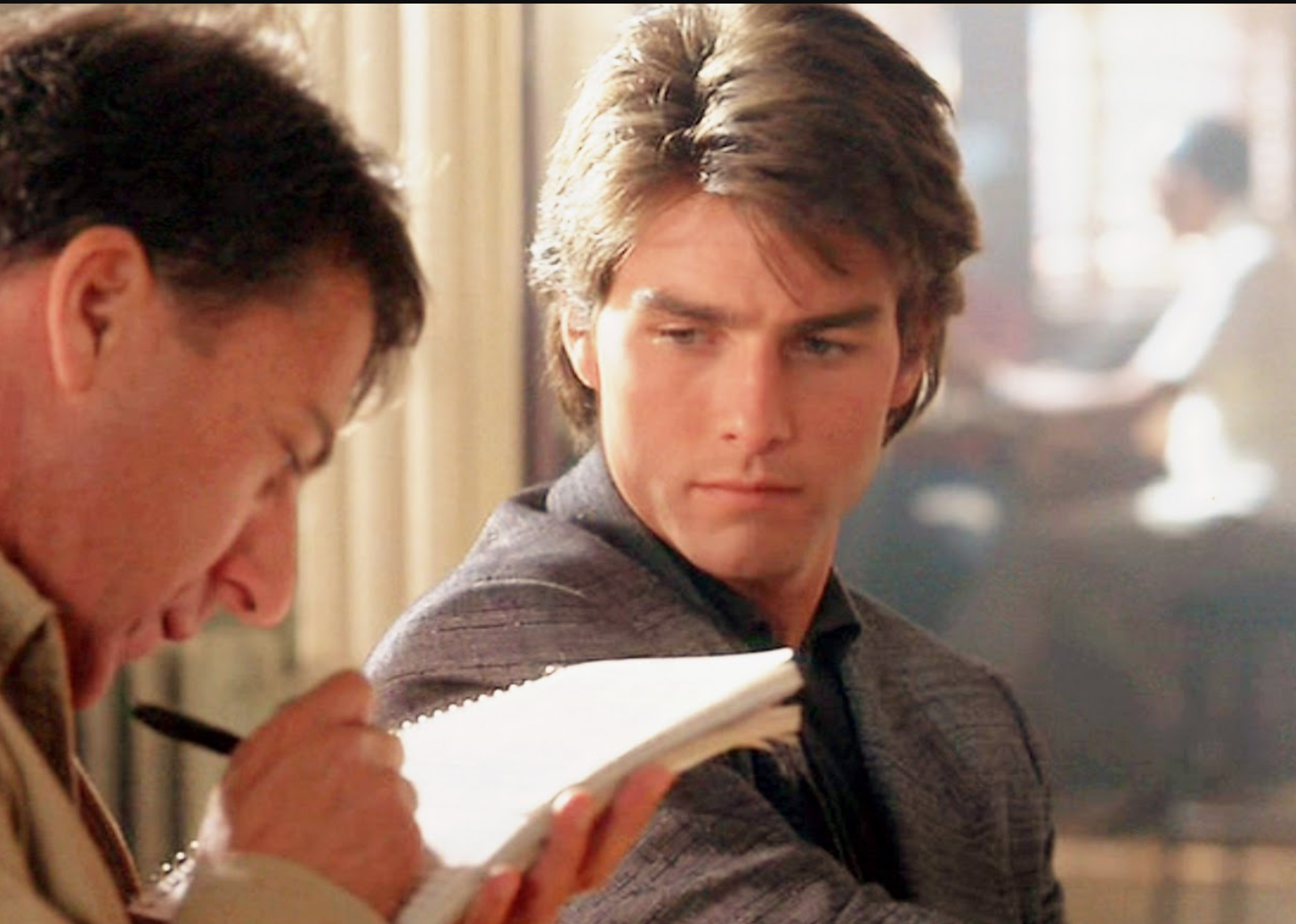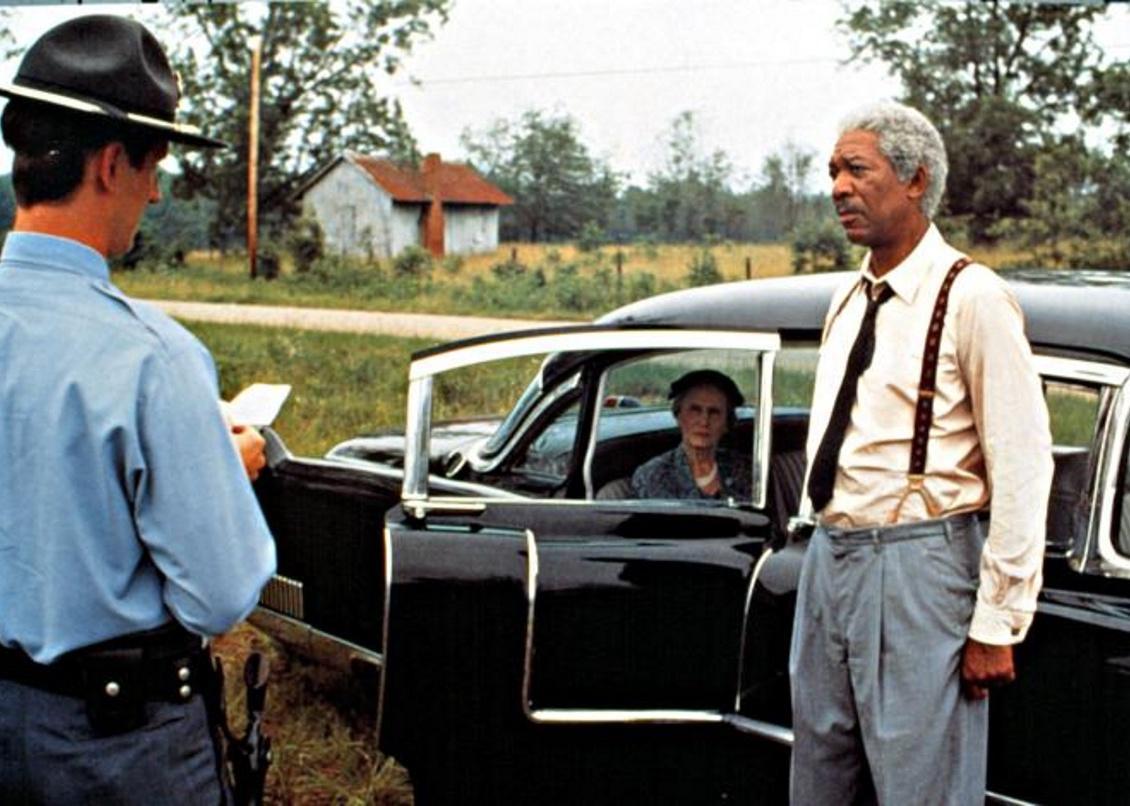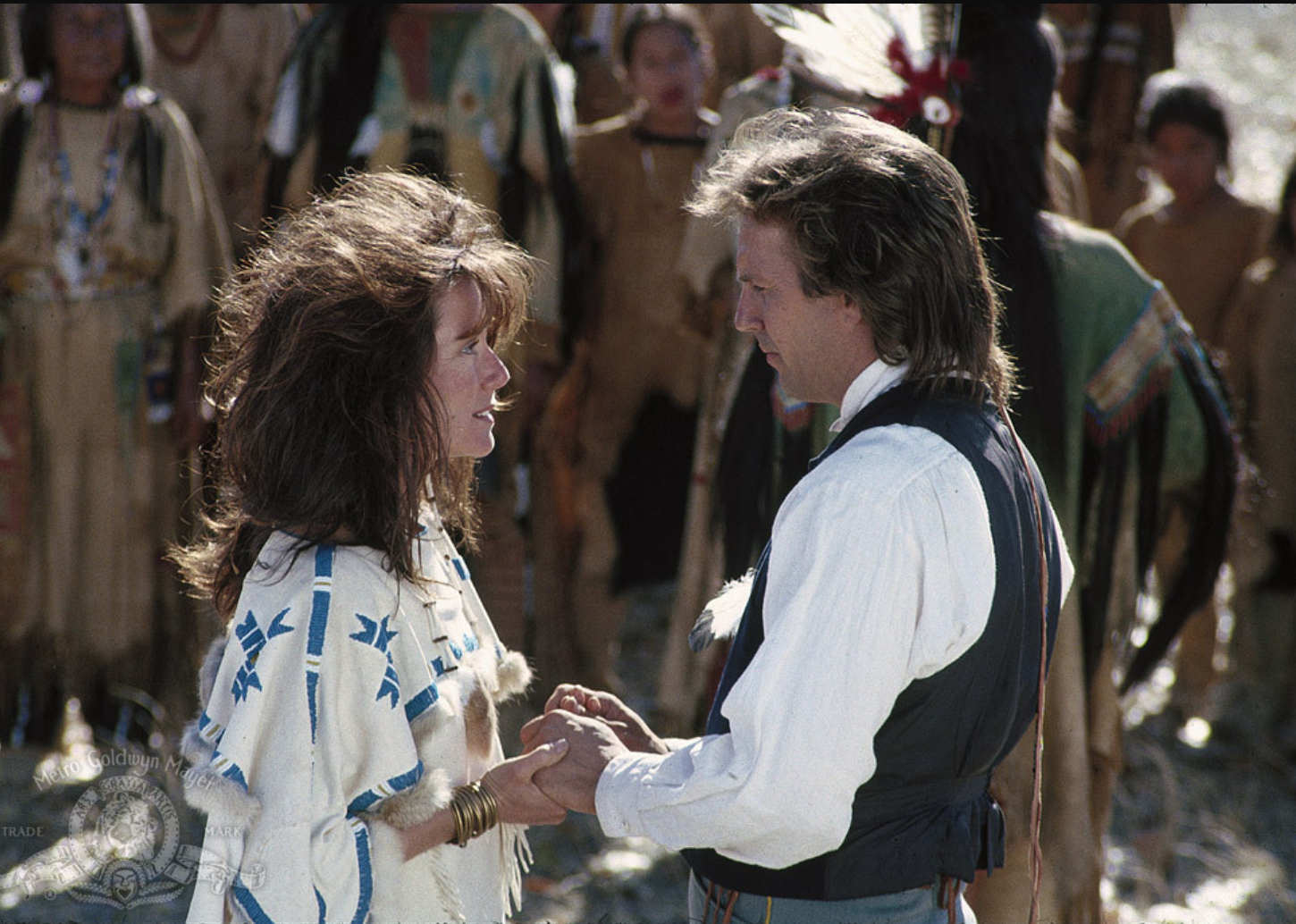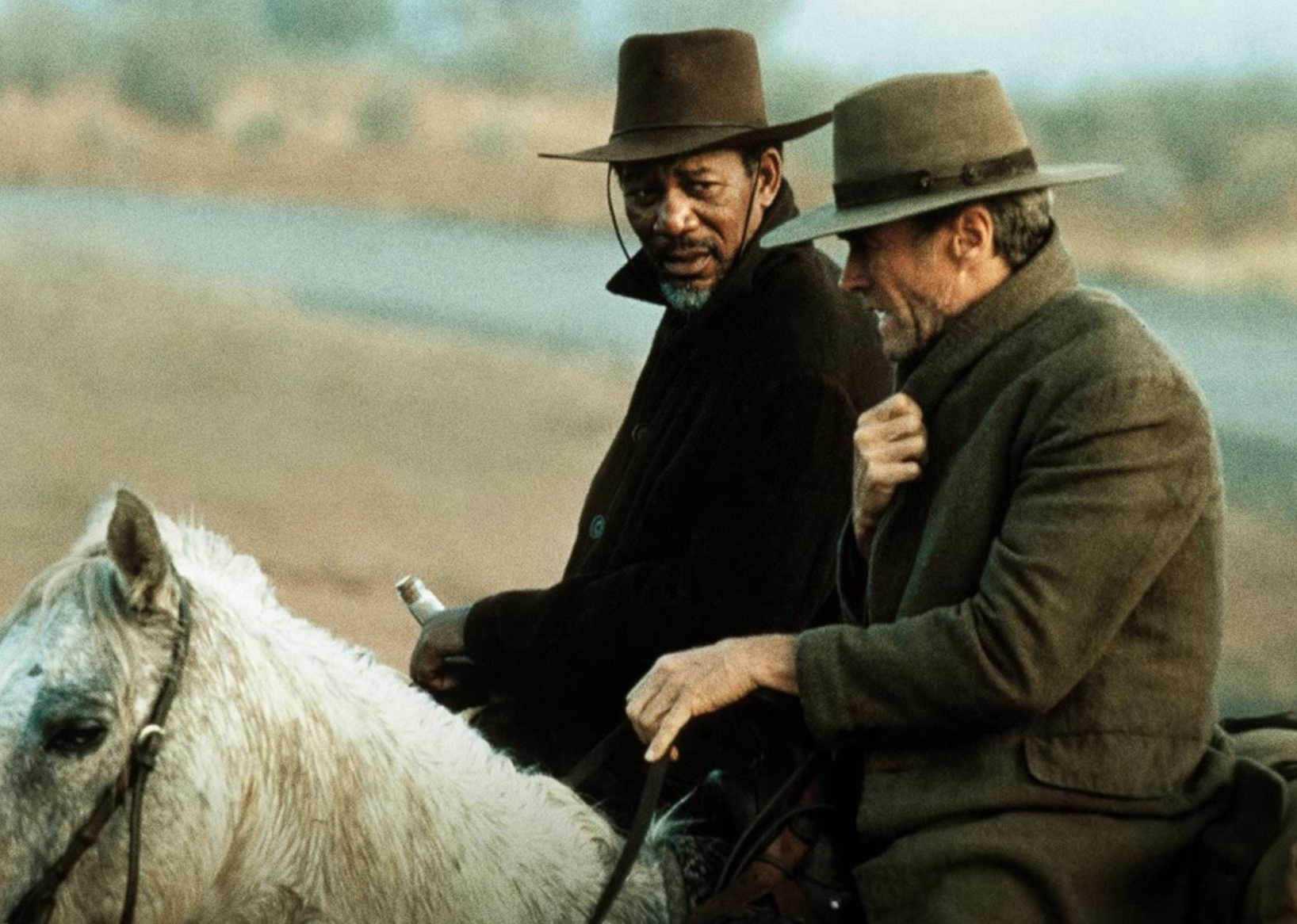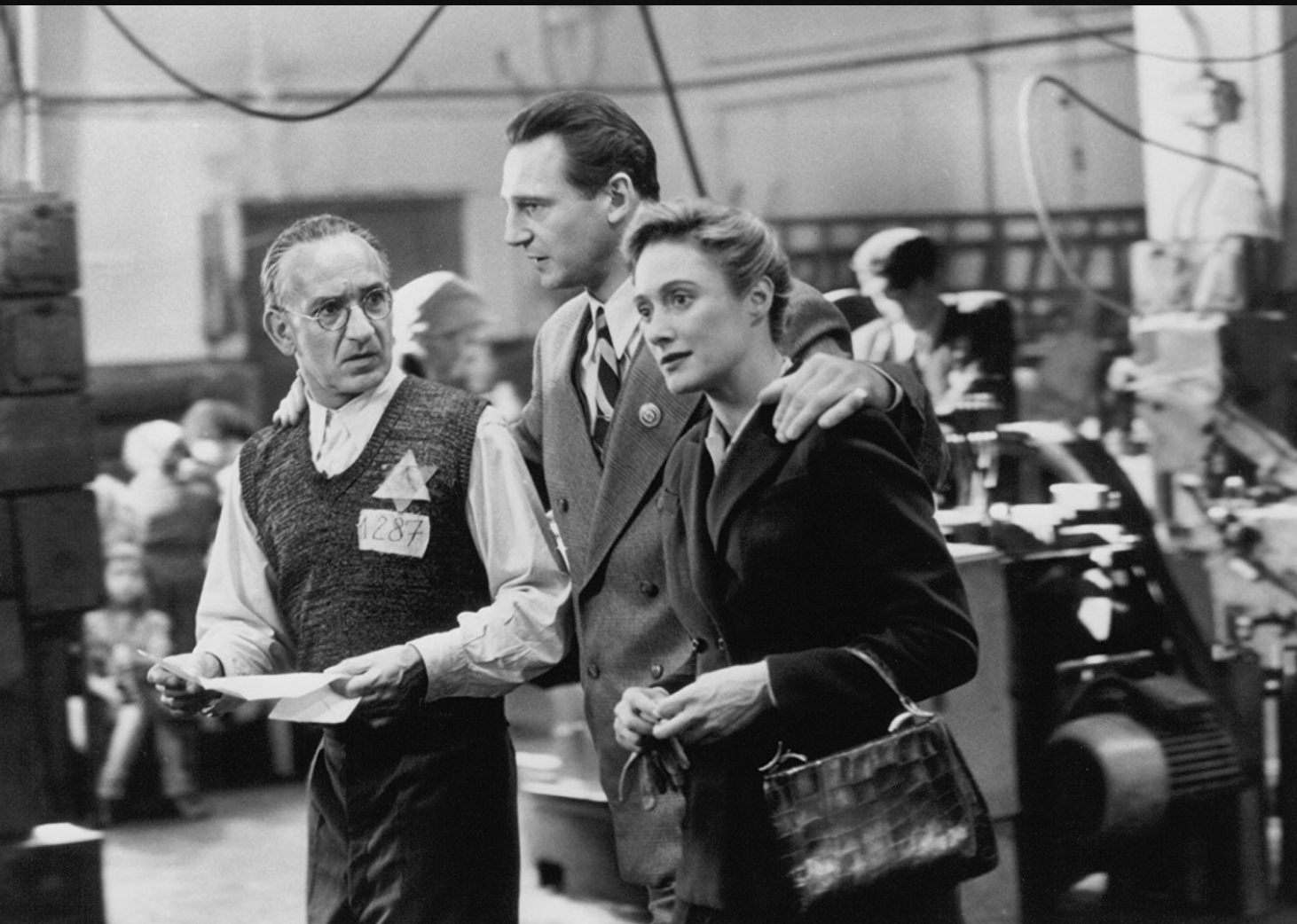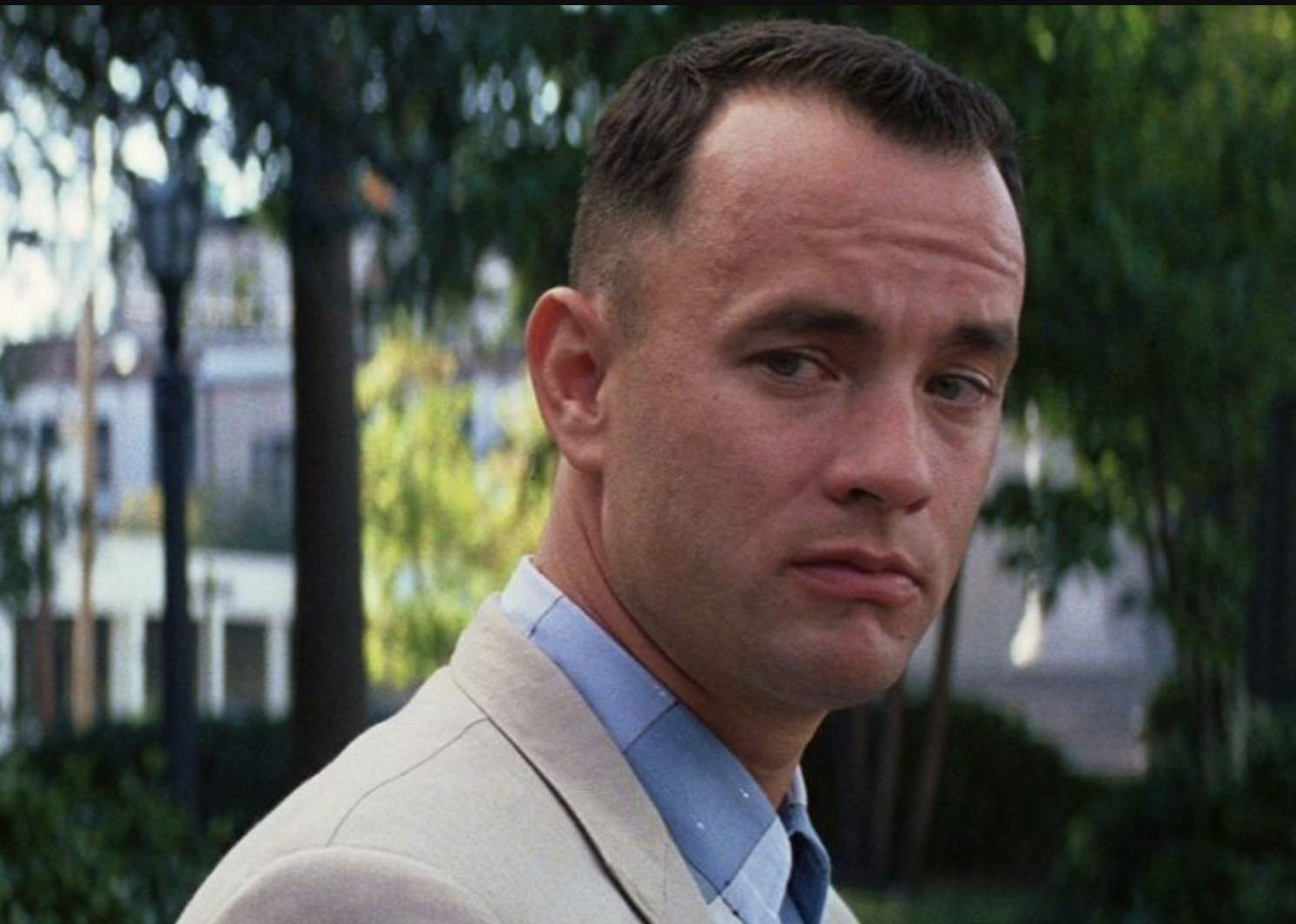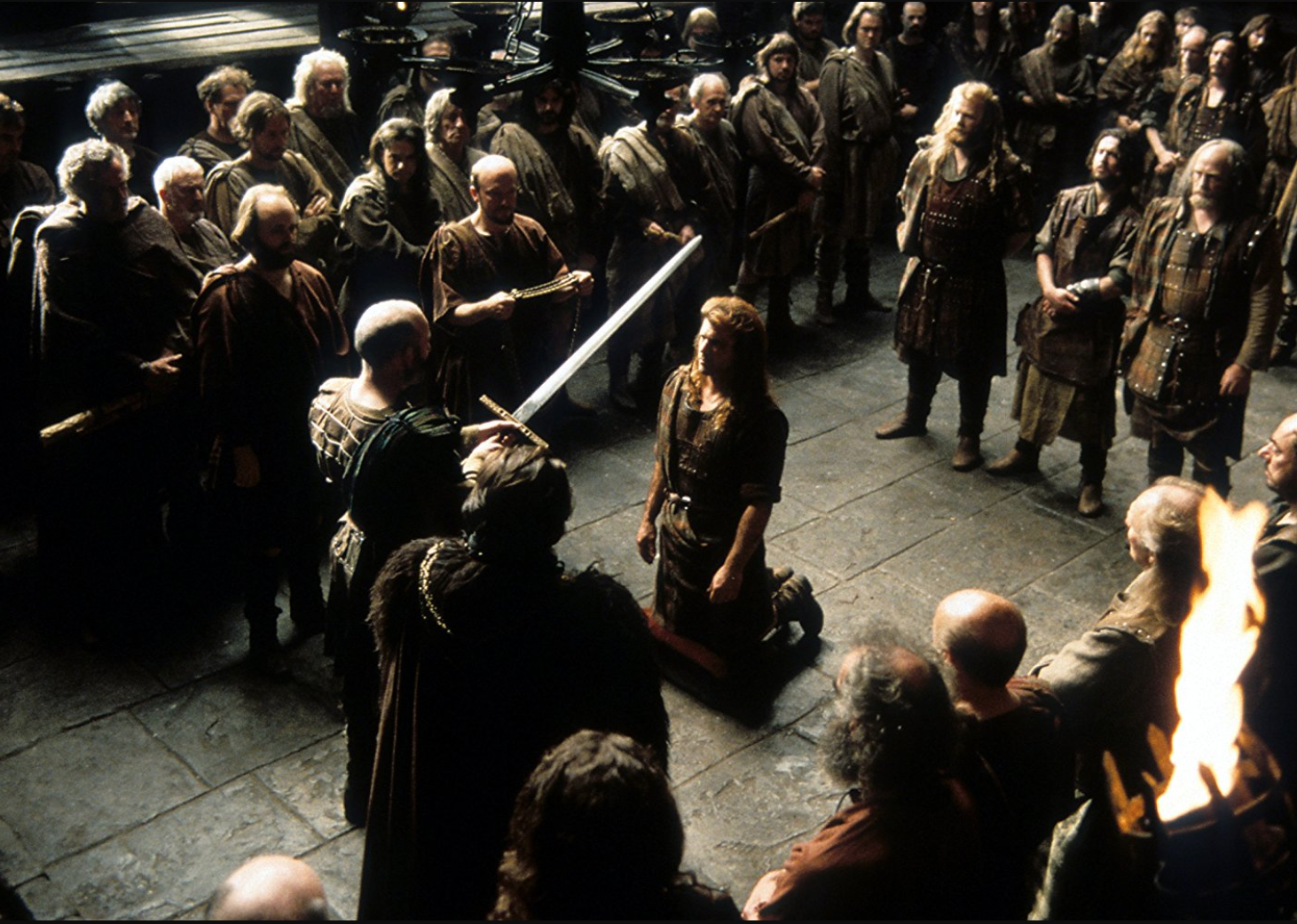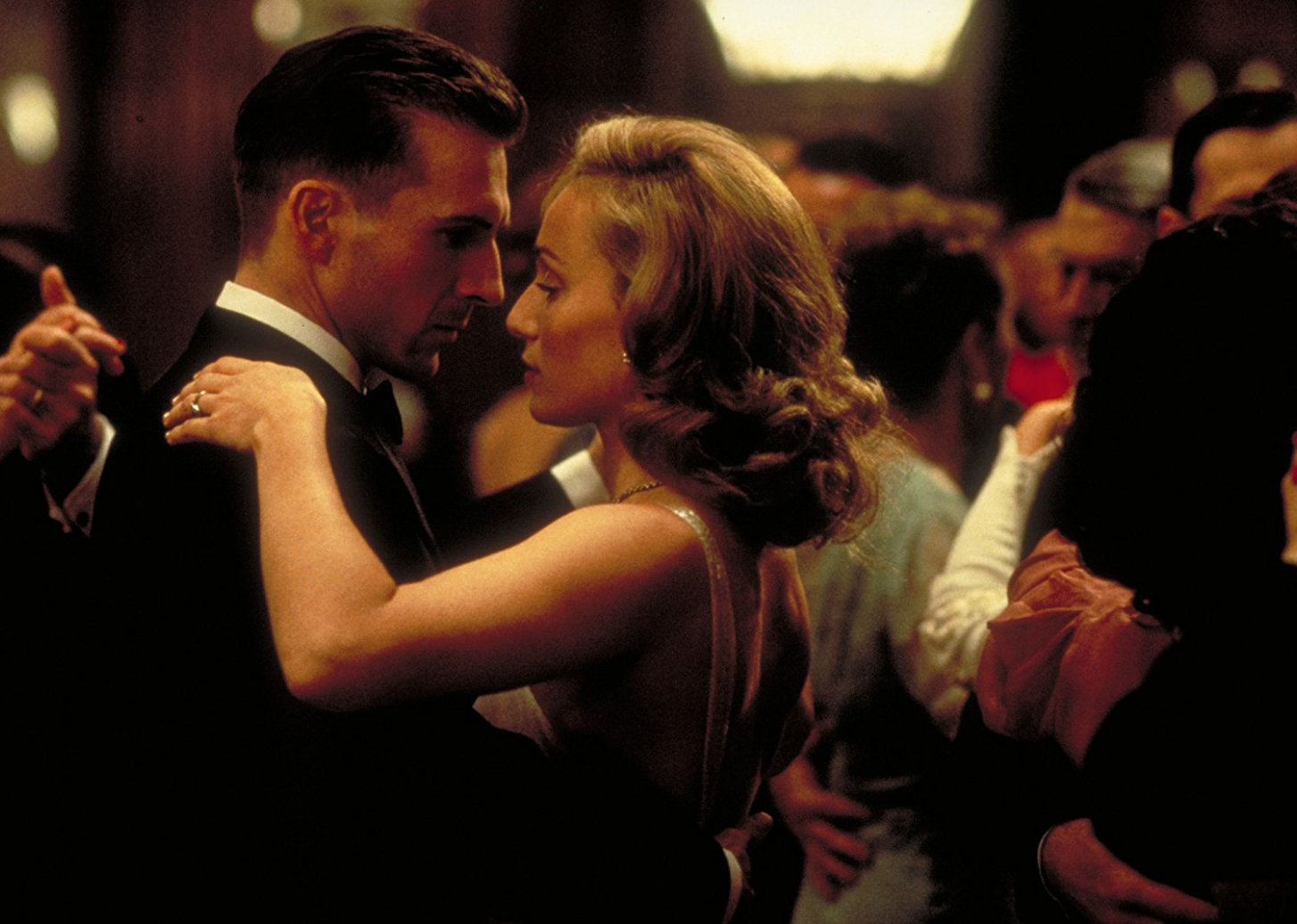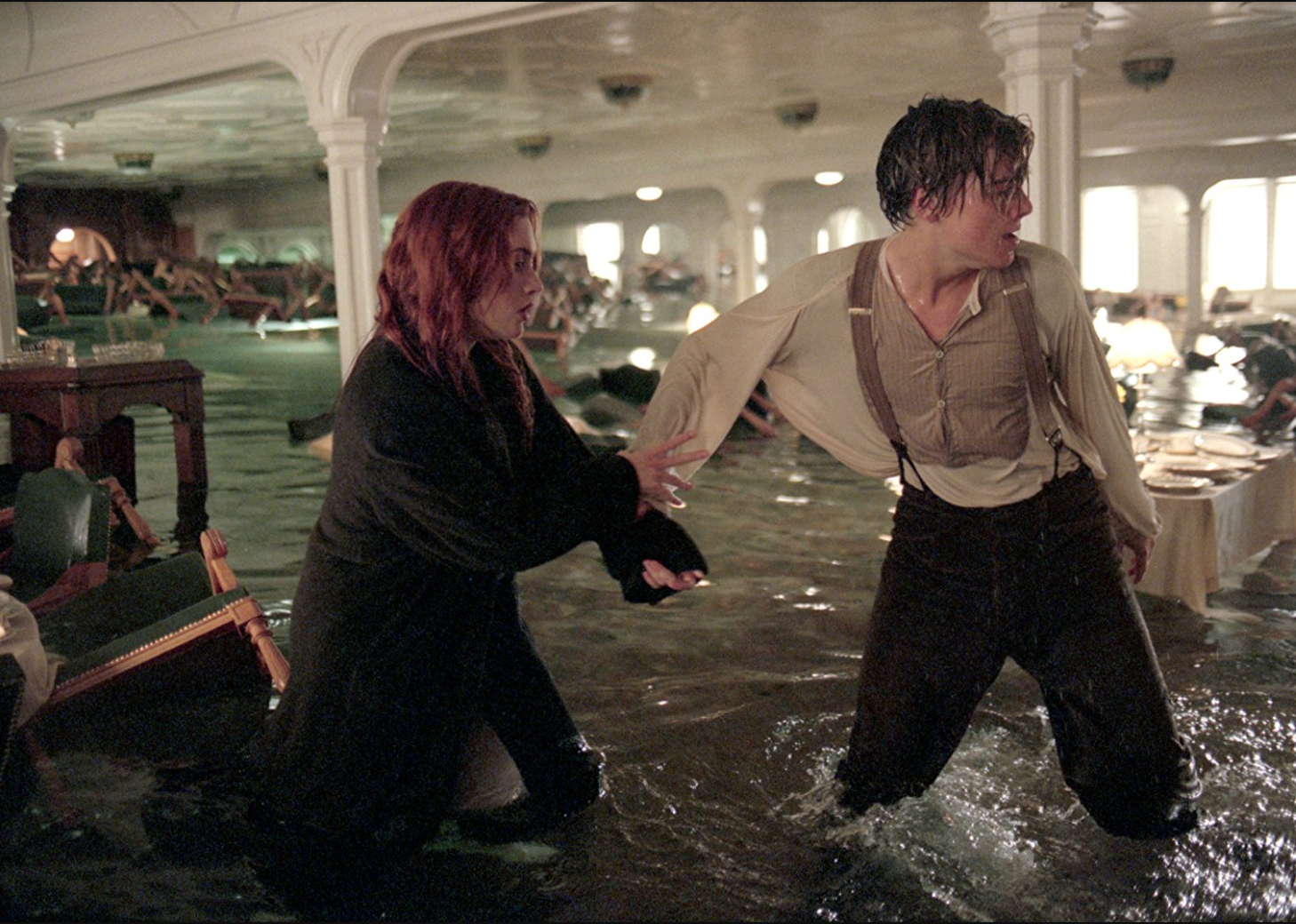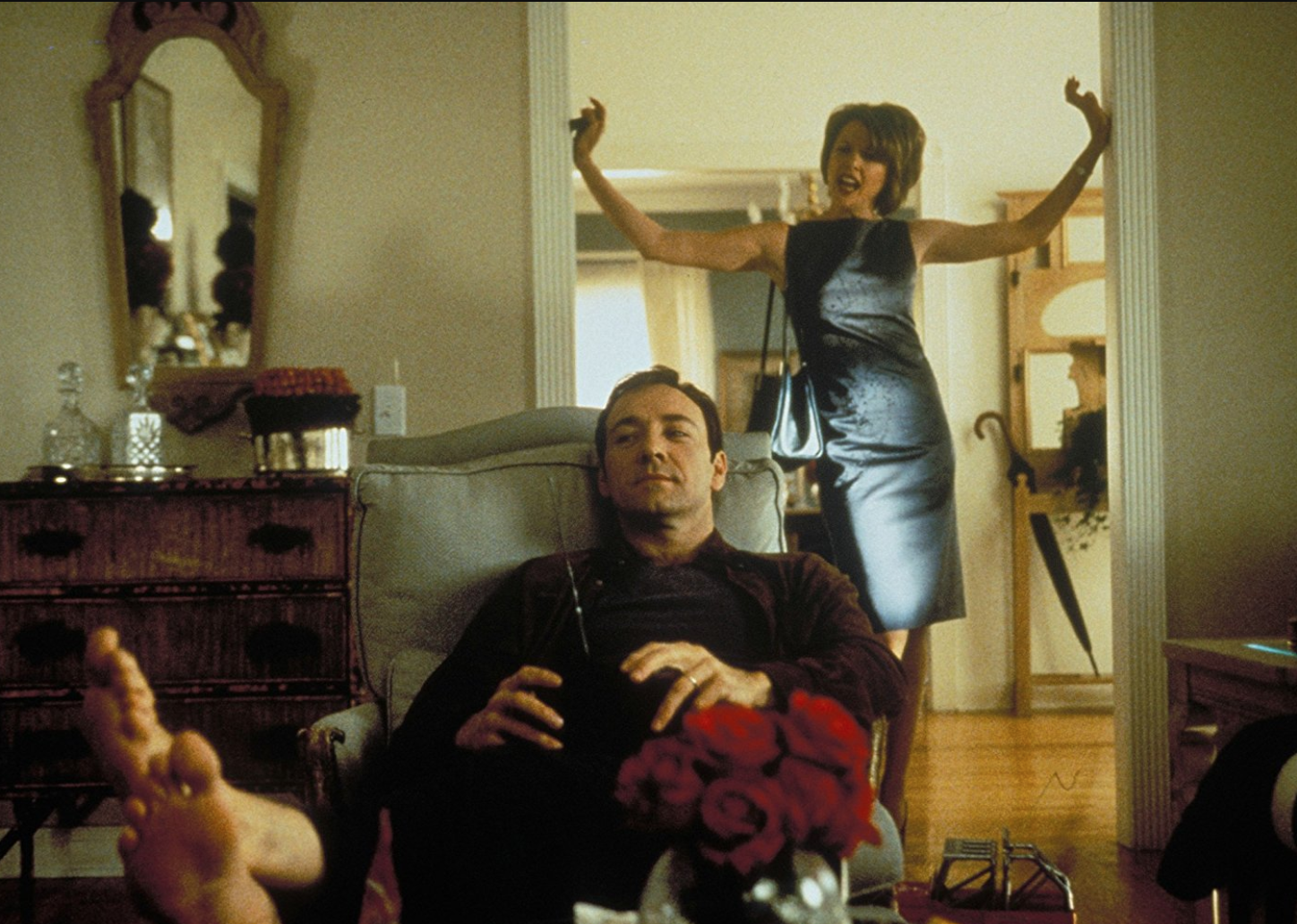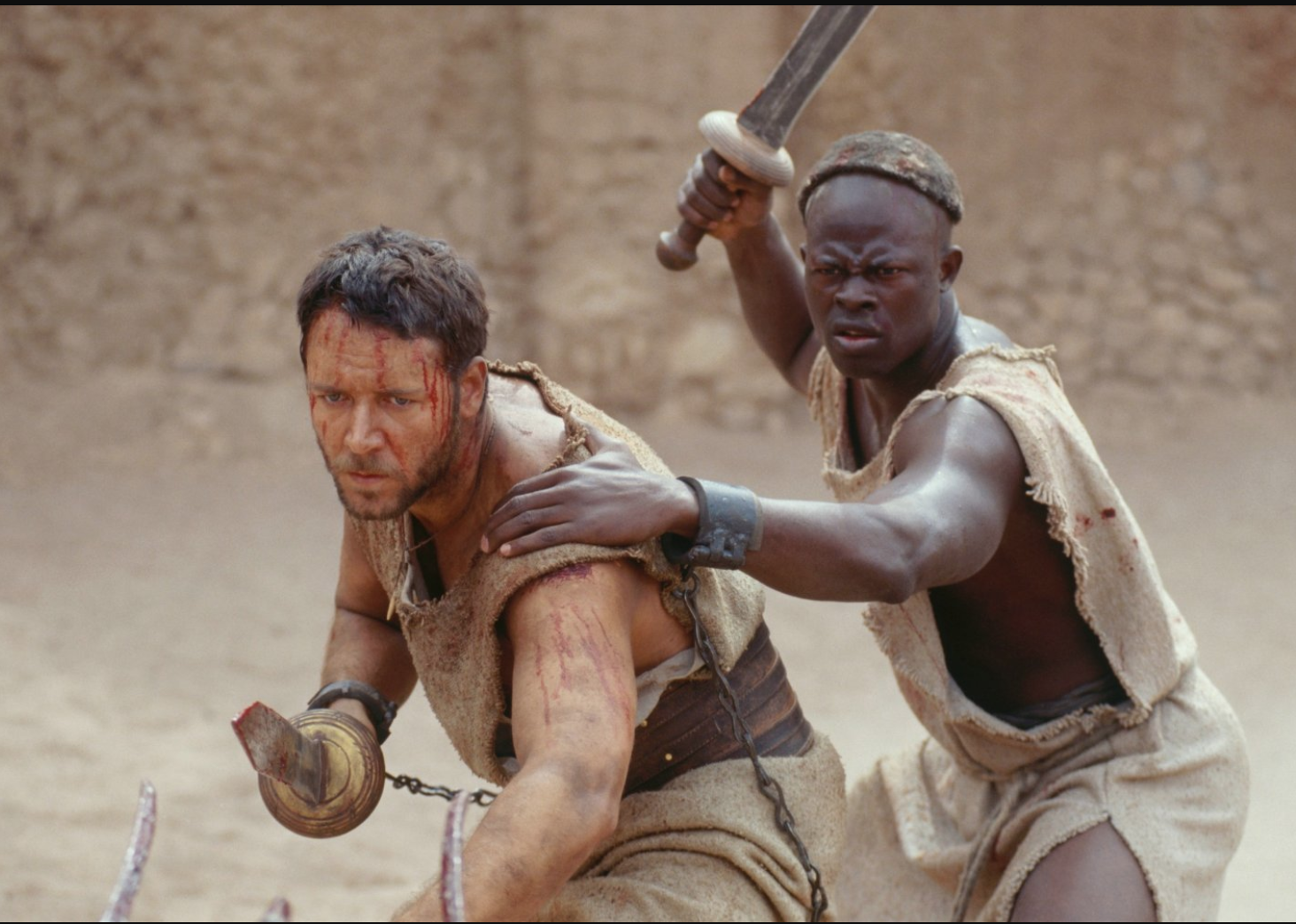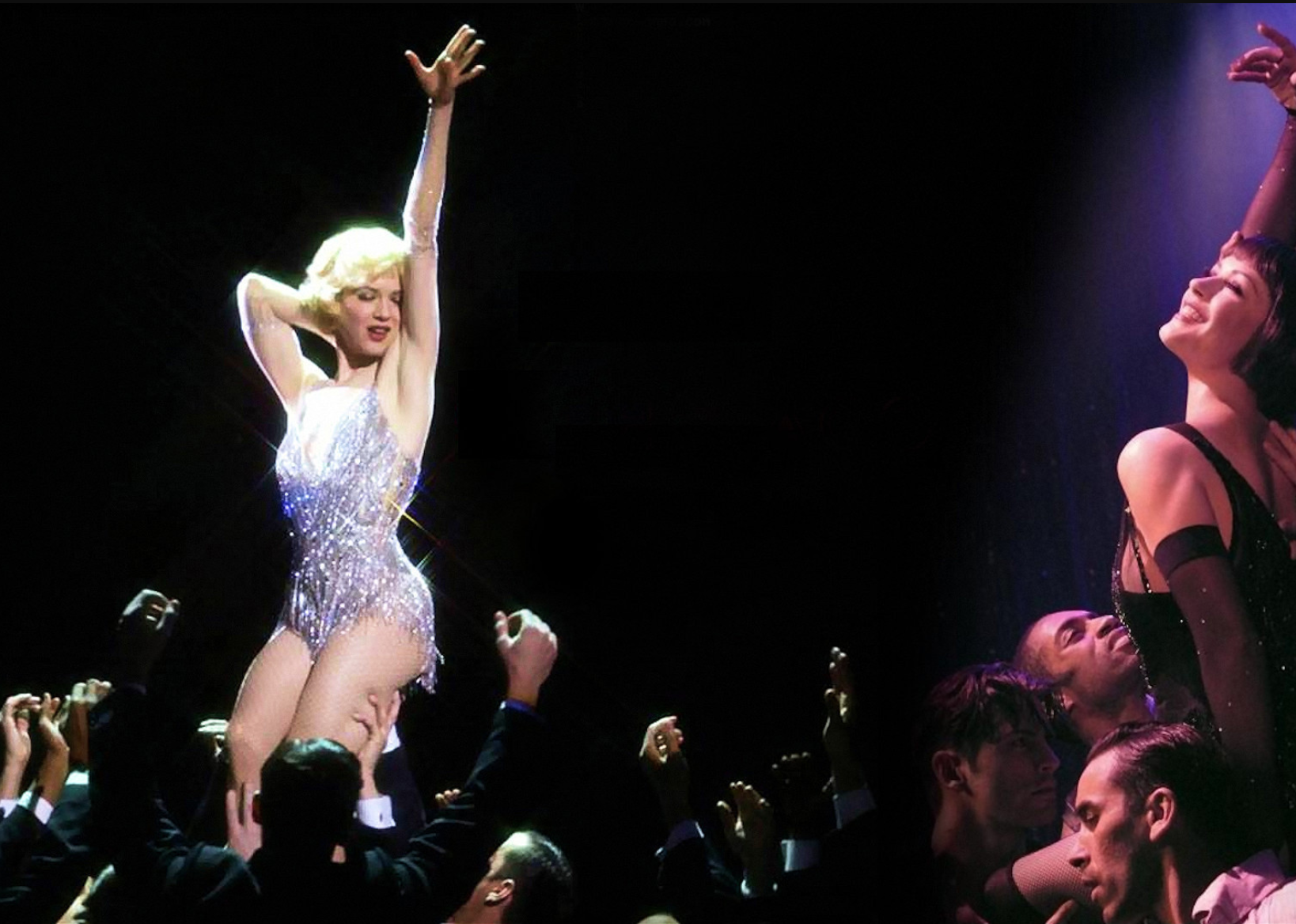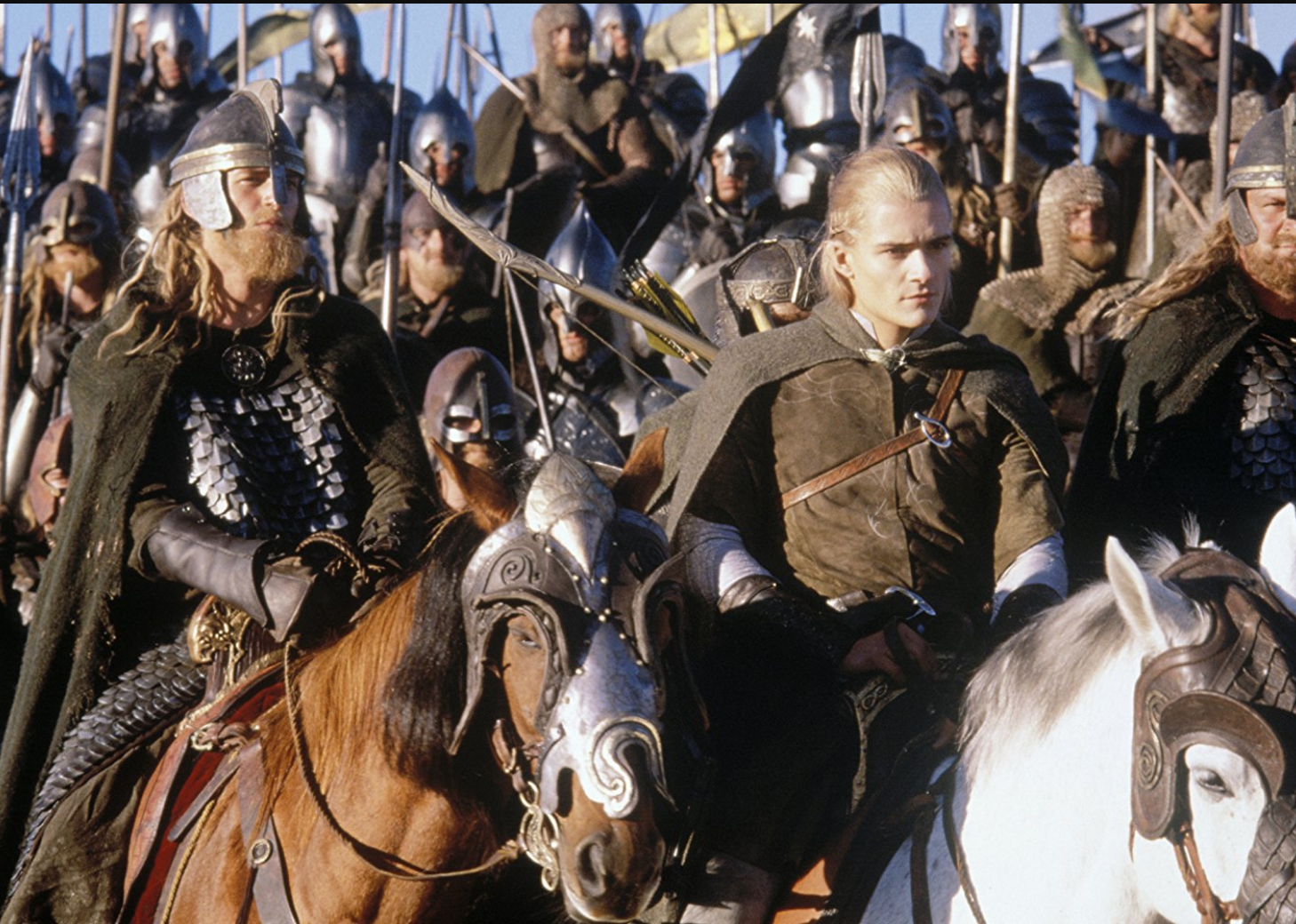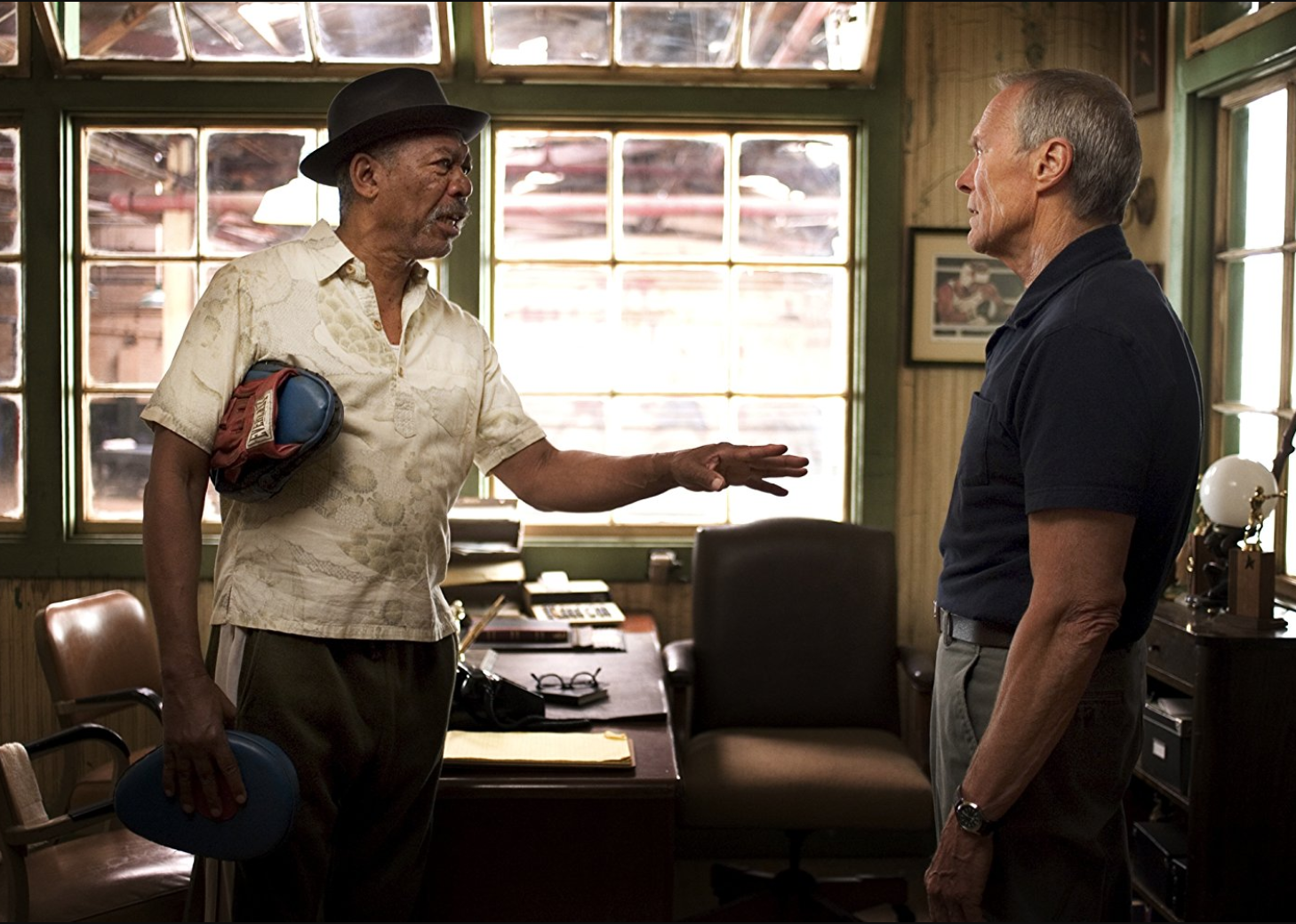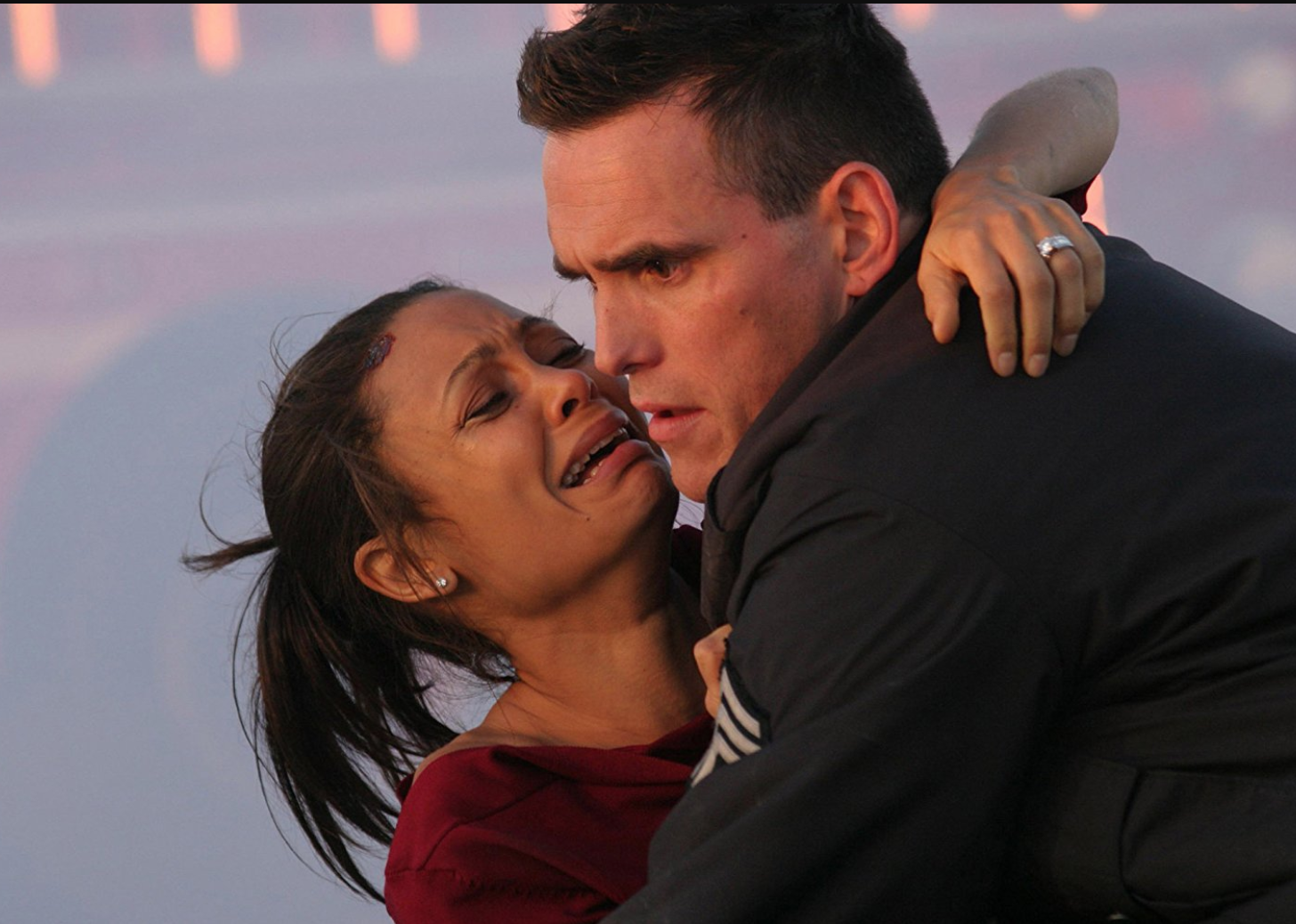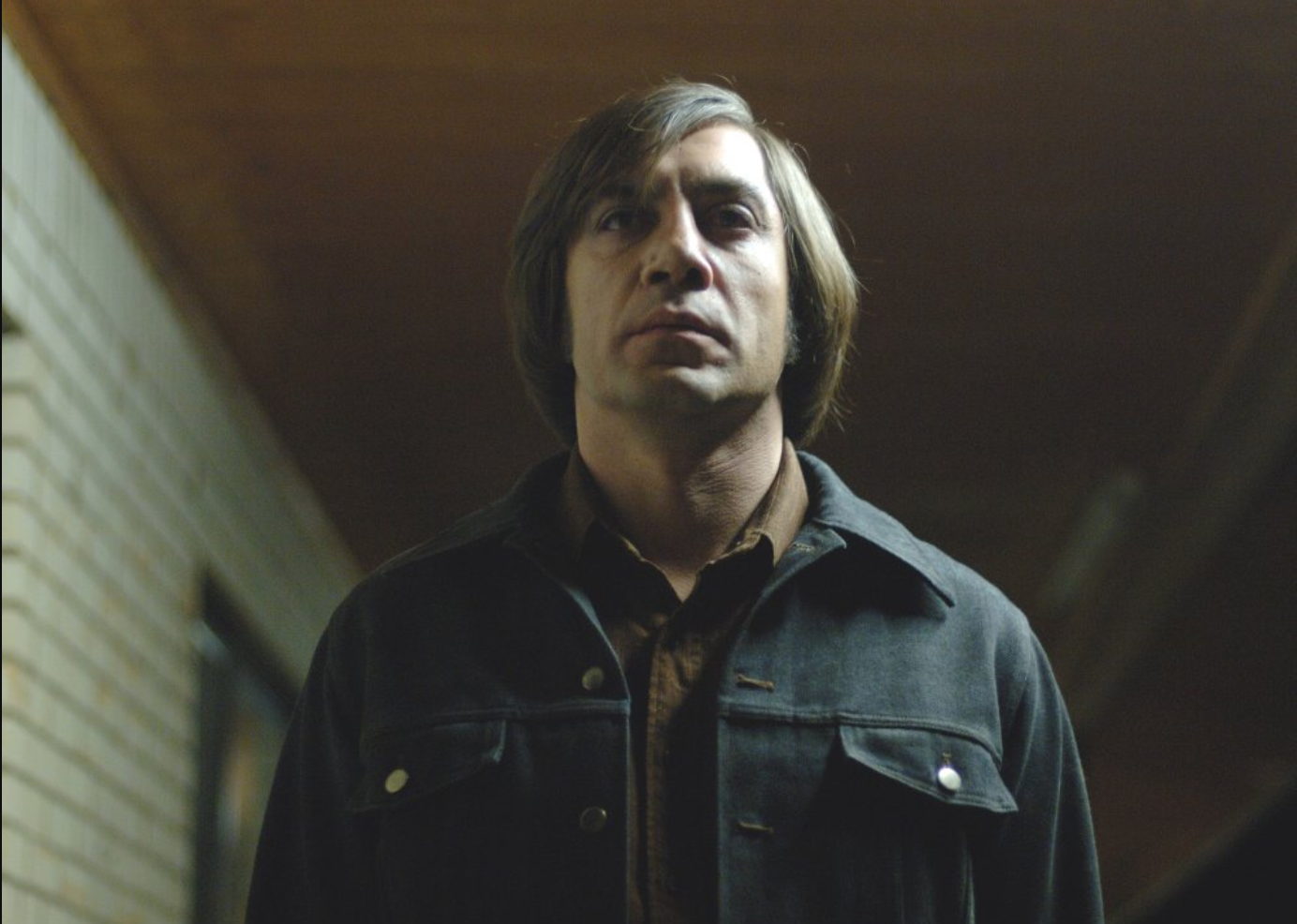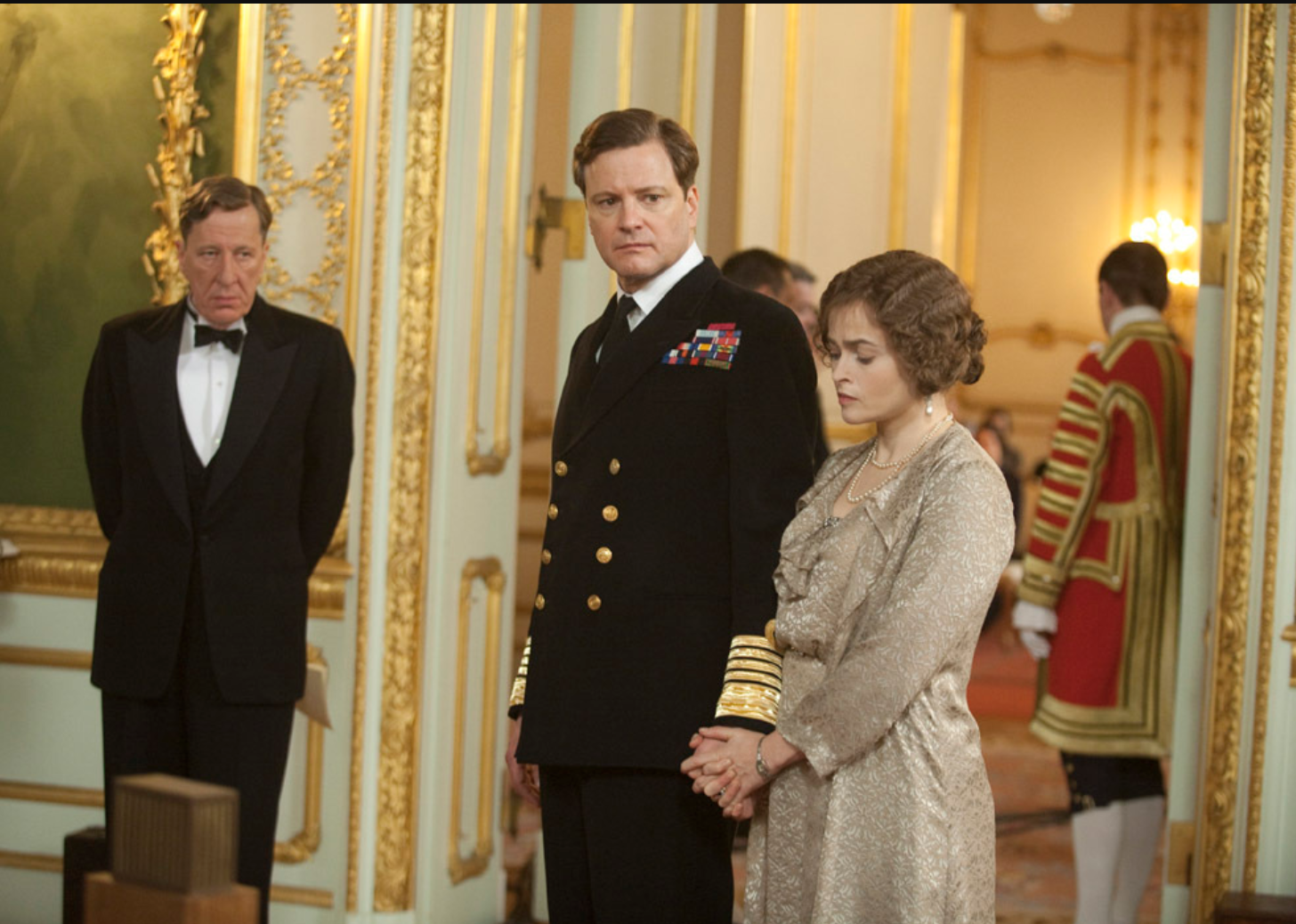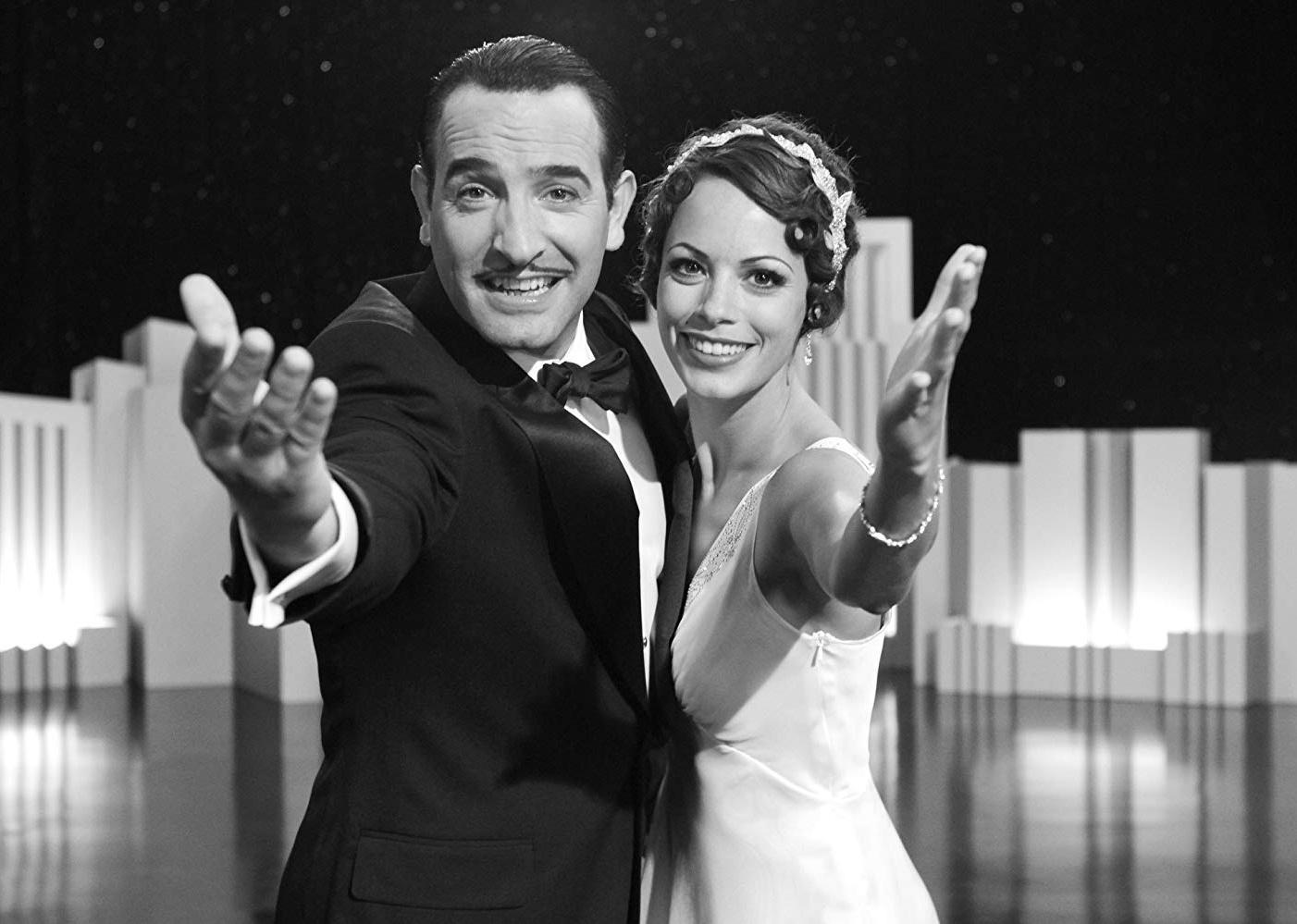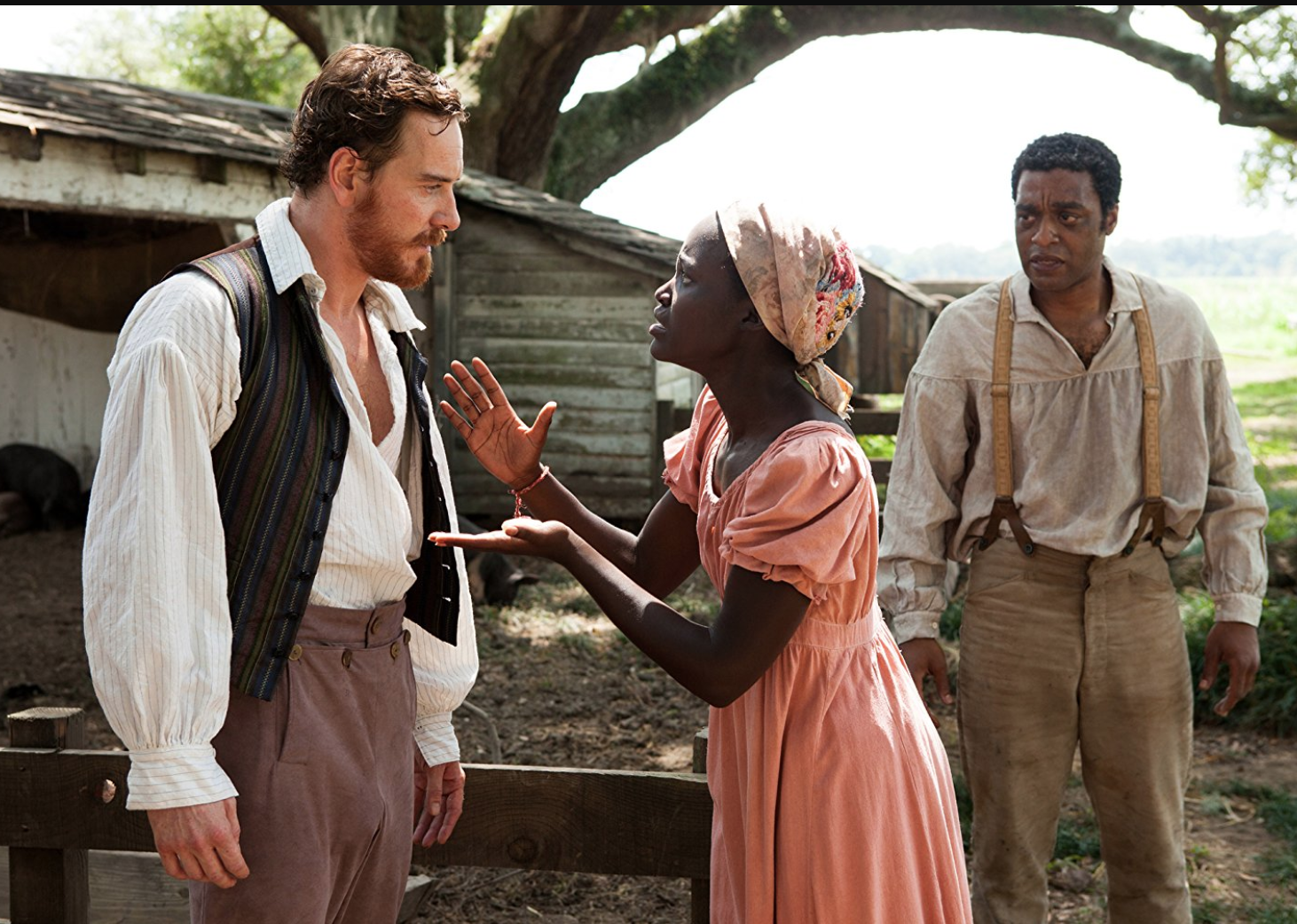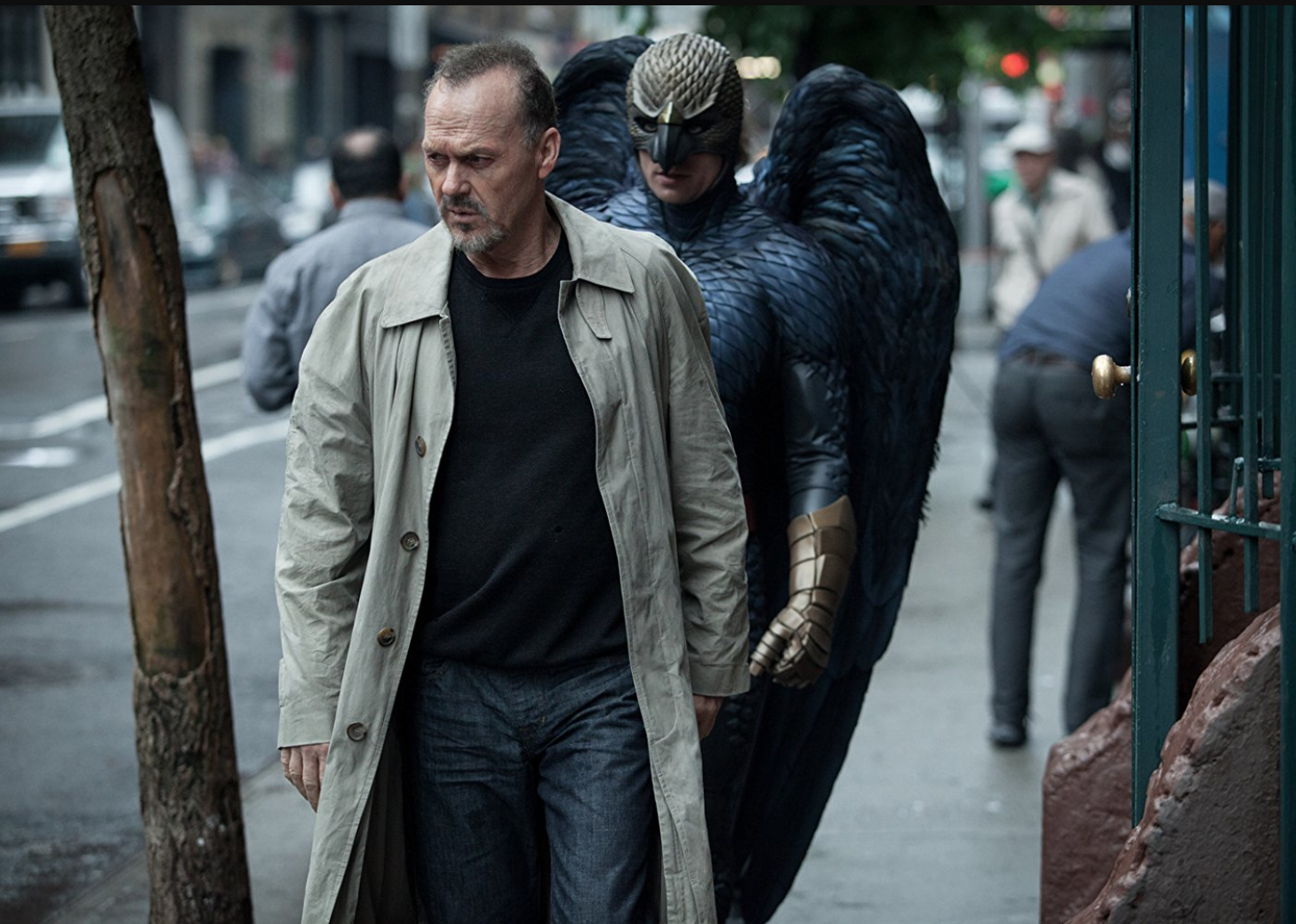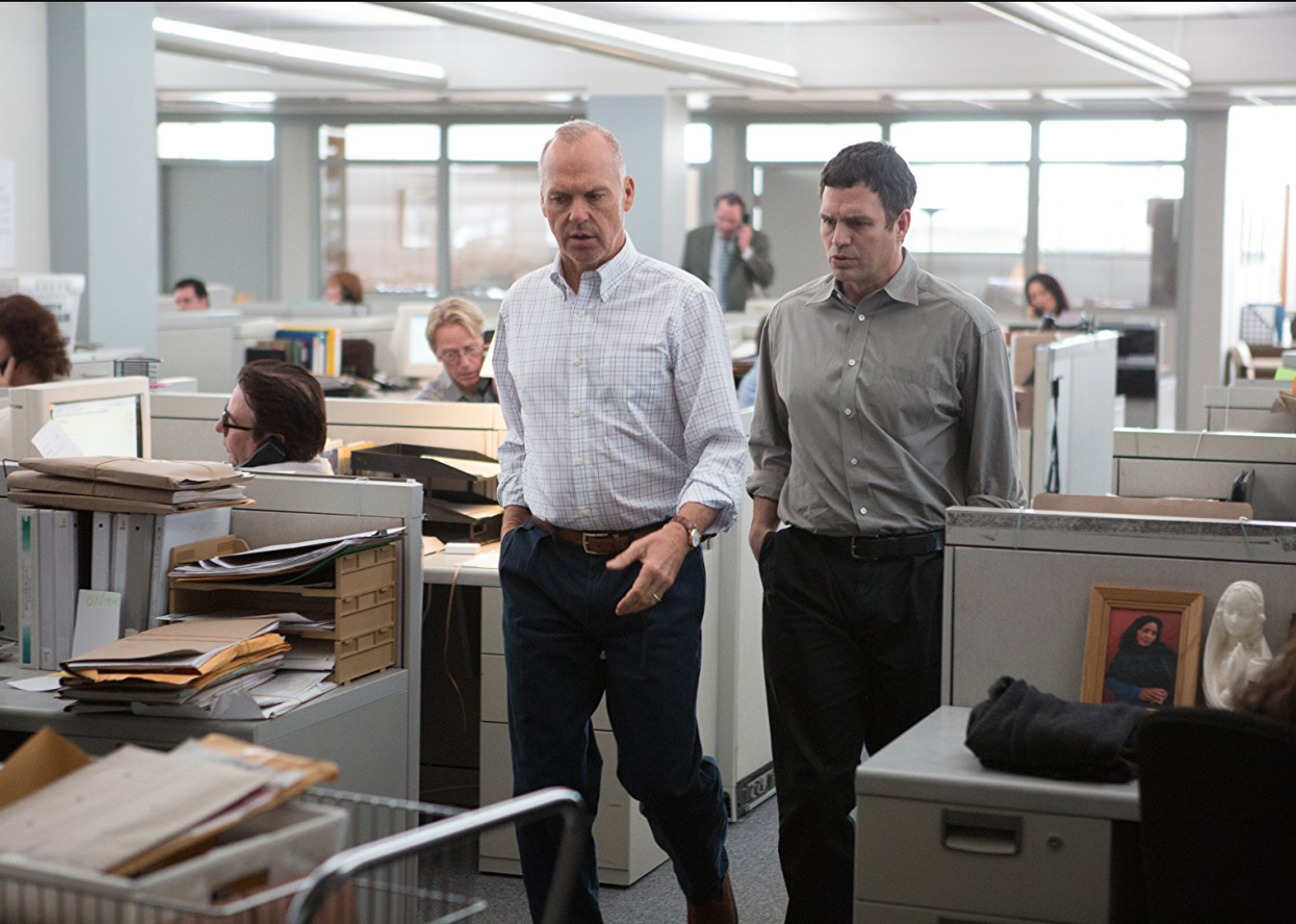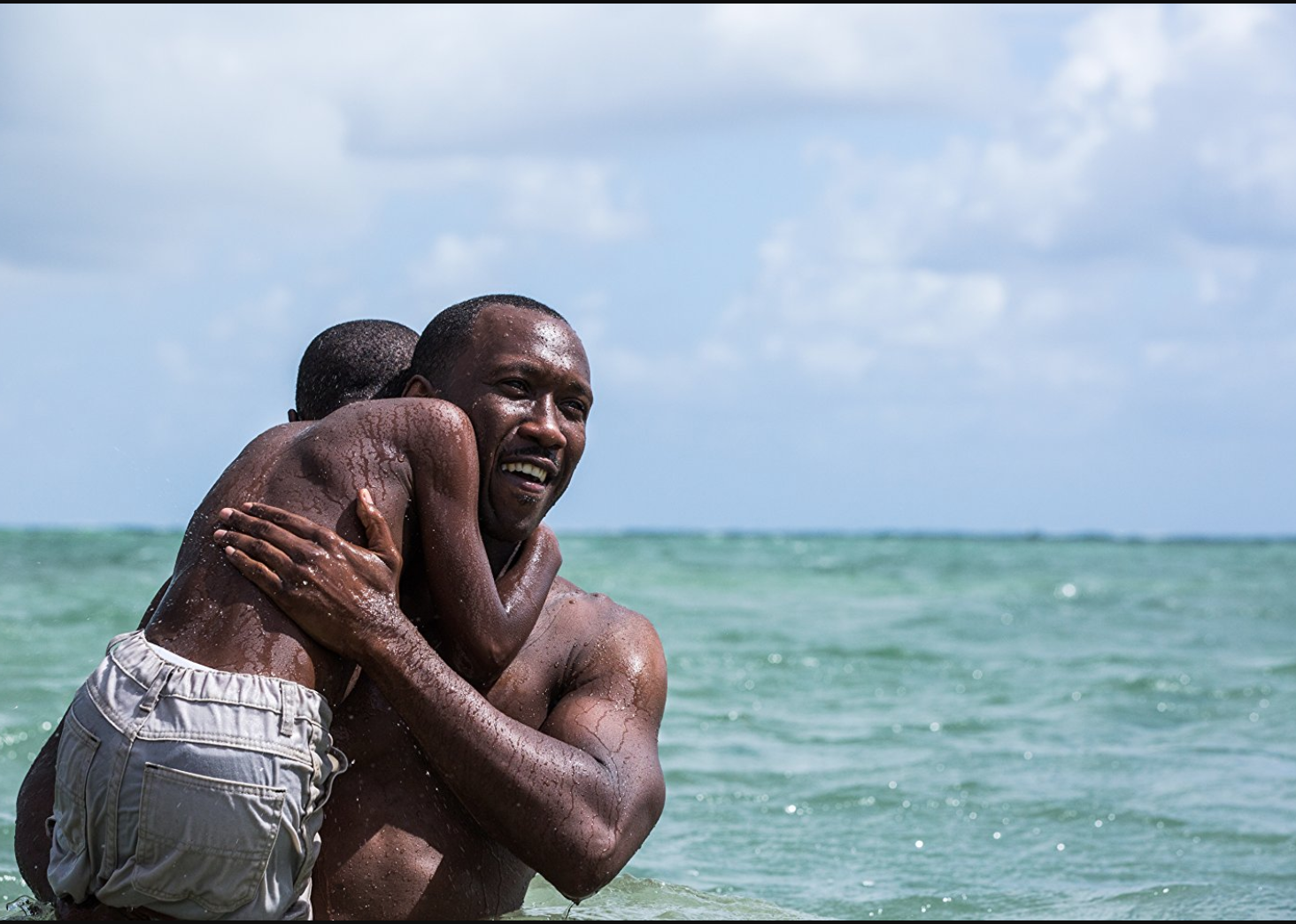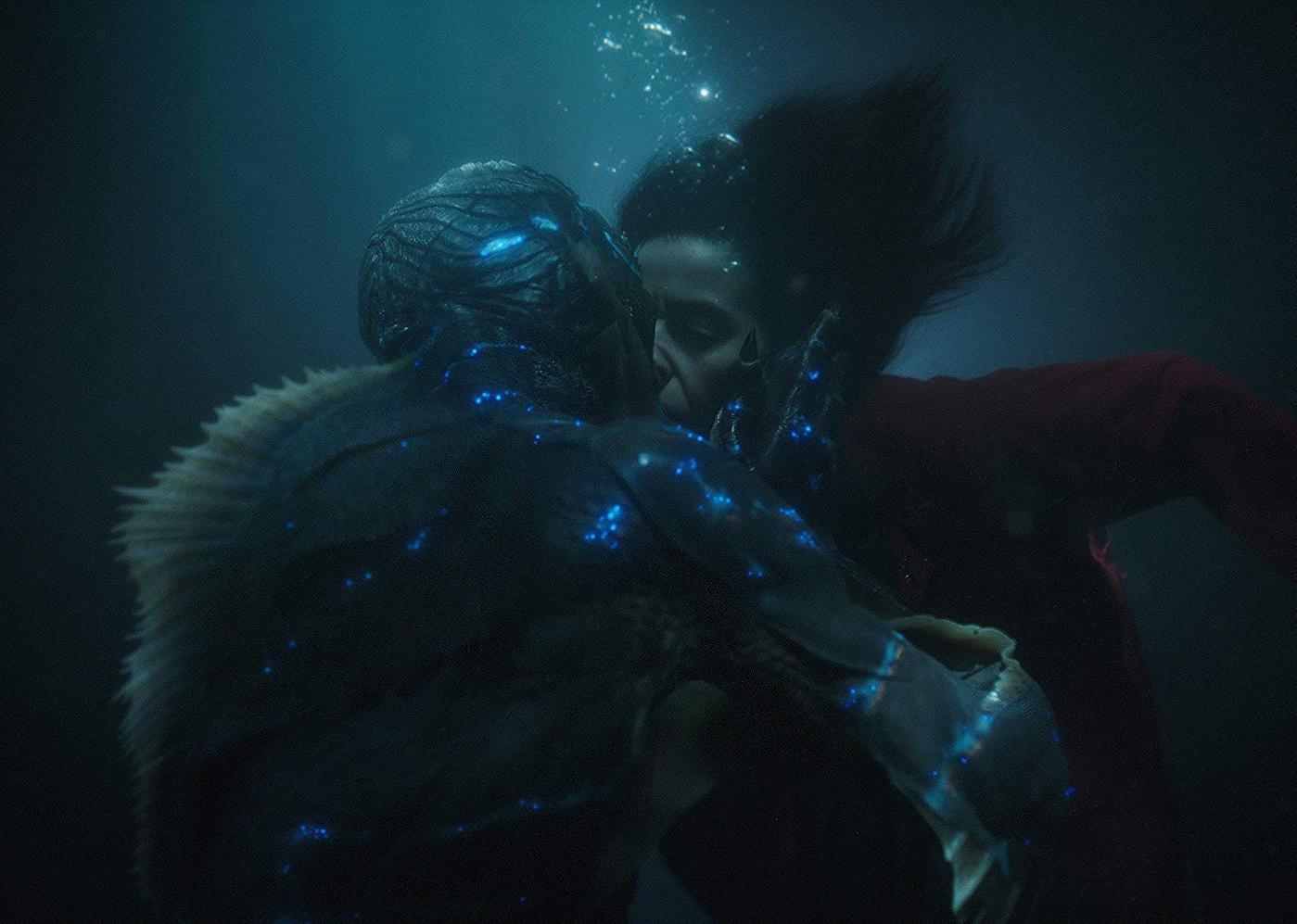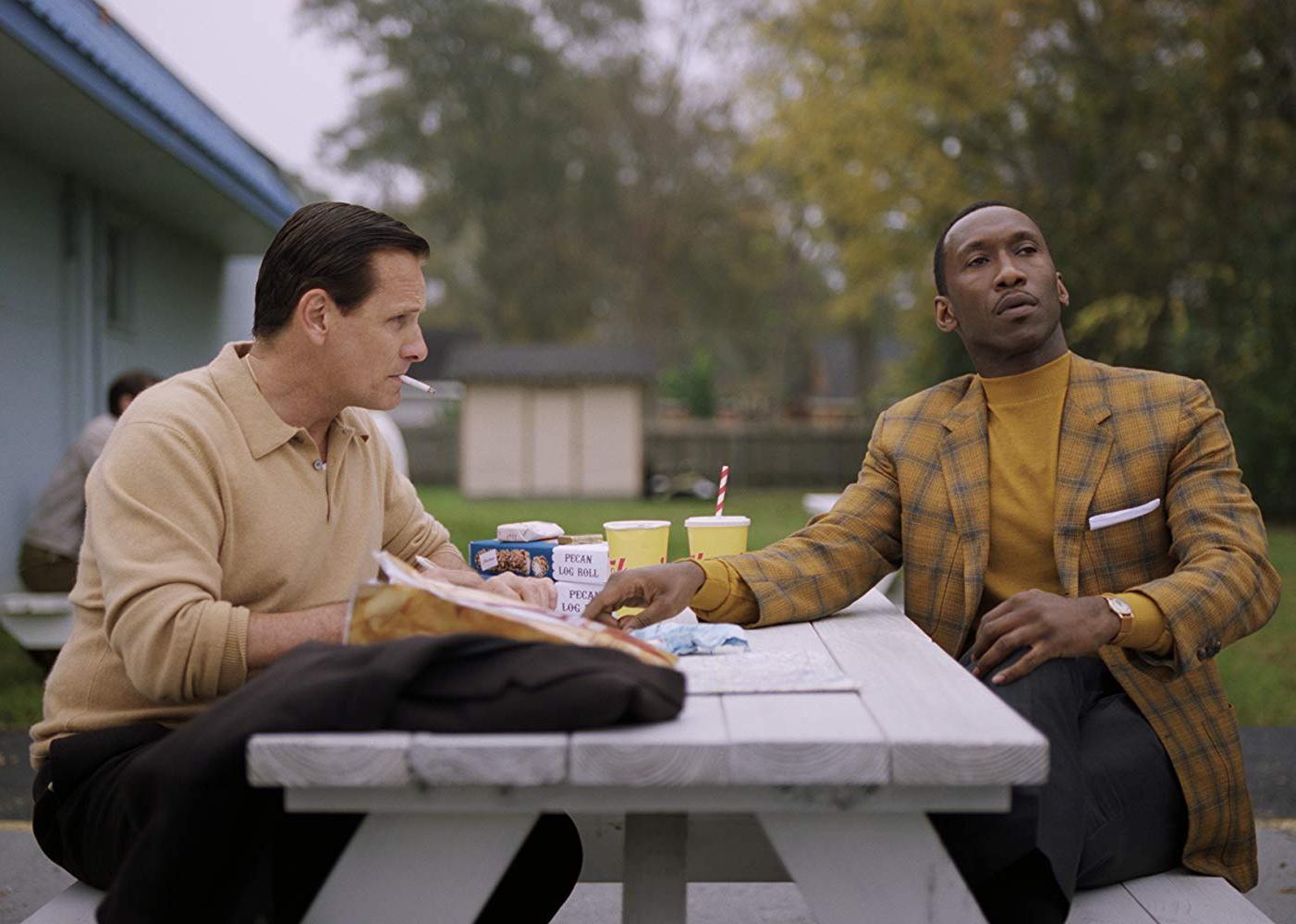Oscar Best Picture winner from the year you were born
Odds are you weren't watching the Oscars the year you were born. And if you were, there's a pretty solid chance you don't remember it. Hence, you might be curious about what film took home the top prize (Best Picture) that same year. Well, Stacker's here to satisfy your curiosity. We've compiled the list of Best Picture winners using the Oscars website going all the way back to the first ceremony. Call it a trip down memory lane and a great way to catch up on some bona fide classics at the same time.
Please be aware that the date listed for each entry is the year the film was released, meaning the movie wasn't actually awarded Best Picture until the following year (or, in some early instances, the year after that). Here's the Best Picture winner from the year you were born up to 2023.
You may also like: 100 best Western films of all time
Paramount Famous Lasky Corporation
1928: Wings
- Directors: William A. Wellman, Harry d'Abbadie d'Arrast
- IMDb user rating: 7.6
- Metascore: data not available
- Runtime: 144 minutes
Among the few successful actors to transition from silent films to "talkies" was screen legend Clara Bow, who still gave viewers the silent treatment in "Wings," the first Best Picture winner. In the film, two World War I fighter pilots from different economic backgrounds square off over the same girl. One must imagine those pilots had more important things to worry about.
Metro-Goldwyn-Mayer (MGM)
1929: The Broadway Melody
- Director: Harry Beaumont
- IMDb user rating: 5.6
- Metascore: data not available
- Runtime: 100 minutes
In "The Broadway Melody," two vaudevillian performers (who also are sisters) head off to Broadway in pursuit of acting dreams, only to get sidetracked by romantic endeavors. This film was the first with sound to win Best Picture at the Academy Awards, though a silent version was also released for all the movie theaters not yet equipped for audio.
Universal Pictures
1930: All Quiet on the Western Front
- Director: Lewis Milestone
- IMDb user rating: 8.1
- Metascore: 91
- Runtime: 152 minutes
Here's a film so violent it could make Quentin Tarantino blush. Indeed, "All Quiet on the Western Front" is a harrowing portrayal of WWI atrocity seen through the eyes of German soldiers. The movie was so controversial in Germany during the '30s that resentful Nazis would routinely attack theaters using stink bombs and rats. As such, the film wasn't properly screened in Germany until 1956.
RKO Radio Pictures
1931: Cimarron
- Director: Wesley Ruggles
- IMDb user rating: 5.8
- Metascore: 70
- Runtime: 123 minutes
A newspaper editor and his wife move to an Oklahoma boom town toward the end of the 19th century in 1931's "Cimarron." Among the film's more notable scenes is a massive land rush, which required 5,000 extras, 28 cameramen, six still photographers, and 27 camera assistants.
Metro-Goldwyn-Mayer (MGM)
1932: Grand Hotel
- Director: Edmund Goulding
- IMDb user rating: 7.3
- Metascore: data not available
- Runtime: 112 minutes
According to at least one guest at Berlin's luxurious Grand Hotel, "Nothing ever happens…" However, this film of the same name would kindly disagree. The Best Picture winner at the 1933 Oscars features all sorts of romance and drama between the various people staying at the prestigious hotel. Starring big names like John Barrymore, Joan Crawford, and Greta Garbo, the movie was a hot seller right out of the gate, so much so that theaters charged a whopping $1.50 per ticket for the road show, an exorbitant amount back then.
You may also like: 50 best WWII movies of all time
Fox Film Corporation
1933: Cavalcade
- Director: Frank Lloyd
- IMDb user rating: 5.8
- Metascore: data not available
- Runtime: 112 minutes
The decadeslong story of two parallel families—one upper-class, one working-class—takes center stage in Frank Lloyd's "Cavalcade." It's all set against a backdrop of unforgettable events like World War I and the sinking of the Titanic. In fact, the film's initial release date purposefully coincided with the 21st anniversary of the Titanic's fateful journey.
Columbia Pictures Corporation
1934: It Happened One Night
- Director: Frank Capra
- IMDb user rating: 8.1
- Metascore: 87
- Runtime: 105 minutes
Filmmaker Frank Capra deftly helmed "It Happened One Night," about a spoiled heiress who runs away from her family, falling in love with an undercover newspaper reporter in search of a hot story. After they completed filming, actress Claudette Colbert told a friend she'd just finished working on "the worst picture I've ever made." That very same picture would sweep all five main categories at the Academy Awards.
Metro-Goldwyn-Mayer (MGM)
1935: Mutiny on the Bounty
- Director: Frank Lloyd
- IMDb user rating: 7.6
- Metascore: 87
- Runtime: 132 minutes
It's crew versus captain on the HMS Bounty in 1935's "Mutiny on the Bounty." One crew member refuses to partake in the uprising, but that doesn't prevent him from being singled out and therefore forced to defend himself. The movie features no less than three unforgettable performances, making it the first and only film to receive three Best Actor nominations at the Oscars, winning none of them.
Metro-Goldwyn-Mayer (MGM)
1936: The Great Ziegfeld
- Director: Robert Z. Leonard
- IMDb user rating: 6.7
- Metascore: data not available
- Runtime: 176 minutes
Released in 1936, "The Great Ziegfeld" chronicles the extravagant saga of its titular character, Florenz Ziegfeld Jr., who amassed and lost vast fortunes as the producer of epic stage revues. This was the first biopic to take home the Academy Award for Best Picture.
Warner Bros.
1937: The Life of Emile Zola
- Director: William Dieterle
- IMDb user rating: 7.2
- Metascore: data not available
- Runtime: 116 minutes
Fresh on the heels of "The Great Ziegfeld" came "The Life of Emile Zola," the second biopic to win Best Picture. It tells the story of an outspoken French writer who puts everything on the line to defend a falsely accused military captain. This was also the first film to receive 10 Academy Award nominations.
You may also like: Classic movie quotes that have broken into our daily vocabulary
Columbia Pictures Corporation
1938: You Can't Take It With You
- Director: Frank Capra
- IMDb user rating: 7.8
- Metascore: data not available
- Runtime: 126 minutes
Frank Capra's second (and final) Best Picture winner was also his first collaboration with actor James Stewart. In "You Can't Take It With You," Stewart, the scion of a wealthy business owner, falls in love with a secretary from the other side of the tracks. When the two families meet, a class war ensues, as do all sorts of memorable comedy, drama, and romance.
Selznick International Pictures
1939: Gone with the Wind
- Directors: Victor Fleming, George Cukor, Sam Wood
- IMDb user rating: 8.2
- Metascore: 97
- Runtime: 238 minutes
Based on the sweeping historical novel about the struggles of an eccentric woman during the Civil War era, 1939's "Gone with the Wind" is accordingly a cinematic spectacle like no other. Expectations were so high on this one that when it premiered in Atlanta, the governor declared it a state holiday, with ticket prices soaring to 40 times over their normal rate. Similarly epic was the film's runtime of just under four hours, making "Gone with the Wind" the longest Best Picture winner in history. And if you think movies can't make time fly, you haven't seen this movie.
Selznick International Pictures
1940: Rebecca
- Director: Alfred Hitchcock
- IMDb user rating: 8.1
- Metascore: 86
- Runtime: 130 minutes
Alfred Hitchcock made his big Hollywood debut with 1940's "Rebecca," garnering the iconic director his first and only Best Picture Oscar. The film is about a woman who moves in with her new husband, only to discover the shadow of his dead wife still looms large over both the household and the people therein. Behind the scenes, Hitchcock frequently clashed with producer David O. Selznick, going as far as banning Selznick from the set during shooting.
Twentieth Century Fox
1941: How Green Was My Valley
- Director: John Ford
- IMDb user rating: 7.7
- Metascore: 88
- Runtime: 118 minutes
Just how good is John Ford's 1941 "How Green Was My Valley?" Well, good enough to win Best Picture over "Citizen Kane" for starters. History has surely been kinder to the Orson Welles' classic, but Ford's effort nevertheless remains a poignant, moving film about a working-class family in a Welsh mining town. Fun fact: This is "Jeopardy!" host Alex Trebek's all-time favorite film.
Metro-Goldwyn-Mayer (MGM)
1942: Mrs. Miniver
- Director: William Wyler
- IMDb user rating: 7.6
- Metascore: data not available
- Runtime: 134 minutes
It's life during World War II in 1942's "Mrs. Miniver," with actress Greer Garson playing the title role. The harrowing propaganda film was directed by William Wyler, a German-born Jew who wanted the U.S. to get involved in the war. Wyler was so committed to the cause that he joined the U.S. Army shortly after filming, returning from the experience to claim his movie had been too mild in its depiction.
You may also like: 100 best fantasy movies of all time
Warner Bros.
1943: Casablanca
- Director: Michael Curtiz
- IMDb user rating: 8.5
- Metascore: 100
- Runtime: 102 minutes
Humphrey Bogart stars as an expatriate club owner who helps refugees secure passage to America out of Morocco in Casablanca. The classic film is among the finest ever made, thanks primarily to impeccable performances and a screenplay loaded with catchy dialogue. Speaking of that legendary script, it was later passed around under a different name in the 1980s, with most of the unwitting professional readers chastising it for having "too much dialog" and "not enough sex." To their credit, the script would have definitely felt supremely dated when stacked against the cinematic norms of the time.
Paramount Pictures
1944: Going My Way
- Director: Leo McCarey
- IMDb user rating: 7
- Metascore: data not available
- Runtime: 126 minutes
In "Going My Way," a priest (Bing Crosby) helps revive a rundown church in a poor neighborhood using the magic of song and dance. The film marked the first time a Best Picture winner also took home the Oscar for Best Song. This is also the only movie to have an actor (Barry Fitzgerald) receive simultaneous nominations for Best Actor and Best Actor in a Supporting Role.
Paramount Pictures
1945: The Lost Weekend
- Director: Billy Wilder
- IMDb user rating: 7.9
- Metascore: data not available
- Runtime: 101 minutes
Based on a harrowing novel, Billy Wilder's "The Lost Weekend" centers on an alcoholic during what very well might be his final bender. In addition to receiving Best Picture, the movie garnered a Best Actor win for Ray Milland. Upon accepting the Oscar, Milland walked on stage, said nothing, and walked off.
Samuel Goldwyn Company
1946: The Best Years of Our Lives
- Director: William Wyler
- IMDb user rating: 8.1
- Metascore: 93
- Runtime: 170 minutes
In "The Best Years of Our Lives," three soldiers return from World War II and find it nearly impossible to reintegrate into society. The film is yet another anti-war classic directed by William Wyler, who strived for authenticity, going as far as demanding all wardrobes be purchased off the rack and worn by each actor before shooting even began.
Twentieth Century Fox
1947: Gentleman's Agreement
- Director: Elia Kazan
- IMDb user rating: 7.2
- Metascore: data not available
- Runtime: 118 minutes
Elia Kazan directed "Gentleman's Agreement," a film about a man who goes undercover as a Jew to experience antisemitism firsthand. The serialized novel upon which the movie was based was inspired by real-life events, where a Mississippi senator stood before Congress and spewed bigoted remarks and was never disciplined.
You may also like: Top 25 LGBTQ+ films, according to critics
Two Cities Films
1948: Hamlet
- Director: Laurence Olivier
- IMDb user rating: 7.6
- Metascore: 82
- Runtime: 154 minutes
It's no secret that the title role in Shakespeare's "Hamlet"—about a young prince avenging his father's death—is among the juiciest and most desired in the history of acting. Perhaps that's why Laurence Olivier directed this adaptation, thereby casting himself as the tragic figure. In return for his efforts, the picture received no less than four Oscars, including Best Picture and Best Actor.
Columbia Pictures Corporation
1949: All the King's Men
- Director: Robert Rossen
- IMDb user rating: 7.4
- Metascore: data not available
- Runtime: 110 minutes
Larger-than-life figure Huey Long was reportedly the inspiration behind "All the King's Men," about an ambitious politician who gets corrupted on his way up (and down) the ladder. To reap more and more power, the film's main character consistently yields to populist appeal. Sound familiar?
Twentieth Century Fox
1950: All About Eve
- Director: Joseph L. Mankiewicz
- IMDb user rating: 8.2
- Metascore: 98
- Runtime: 138 minutes
Speaking of climbing the ladder and stepping on many heads along the way, 1950's "All About Eve" follows a ruthless actress who finagles her way onto the stage by manipulating a theater company. The film features a bevy of talented women and currently holds the title for the most acting Oscar nominations in a single film given to women.
Metro-Goldwyn-Mayer (MGM)
1951: An American in Paris
- Director: Vincente Minnelli
- IMDb user rating: 7.2
- Metascore: 83
- Runtime: 114 minutes
Everyone's in love, and they feel like singing and dancing about it in 1951's "An American in Paris." The movie stars Gene Kelly as a struggling American painter who gets into trouble while staying in the world's most romantic city. The film took five months to shoot at the cost of $2.7 million.
Paramount Pictures
1952: The Greatest Show on Earth
- Director: Cecil B. DeMille
- IMDb user rating: 6.6
- Metascore: data not available
- Runtime: 152 minutes
In "The Greatest Show on Earth," director Cecil B. DeMille puts circus performers in the spotlight, layering various subplots underneath the overarching spectacle. Many of the movie's scenes were filmed at the Ringling Bros. and Barnum & Bailey Circus, as well as the Hippodrome Parade, where the actors performed alongside authentic circus performers.
You may also like: Most widely watched but universally hated movies of all time
Columbia Pictures Corporation
1953: From Here to Eternity
- Director: Fred Zinnemann
- IMDb user rating: 7.6
- Metascore: 85
- Runtime: 118 minutes
An army private finds love and conflict at a Hawaiian military base in "From Here to Eternity." The movie endures thanks to a famous kissing scene on the beach between Burt Lancaster and Deborah Kerr, a scene made even more realistic because the two were romantically involved at the time.
Columbia Pictures Corporation
1954: On the Waterfront
- Director: Elia Kazan
- IMDb user rating: 8.1
- Metascore: 91
- Runtime: 108 minutes
Before he was stunning audiences as the godfather, screen legend Marlon Brando played a down-on-his-luck longshoreman battling union corruption in Elia Kazan's "On the Waterfront." Brando would later confess to being disappointed in his performance. The Academy of Motion Picture Arts and Sciences felt otherwise, awarding him Best Actor at the Oscars.
Hecht-Lancaster Productions
1955: Marty
- Director: Delbert Mann
- IMDb user rating: 7.7
- Metascore: data not available
- Runtime: 90 minutes
Tightly made on a shoestring budget, 1955's "Marty" is about a jaded male butcher and equally jaded female teacher who give love one last chance. Along with Billy Wilder's "The Lost Weekend," this film remains one of just two movies to win both the Palme d'Or prize at Cannes and Best Picture at the Oscars.
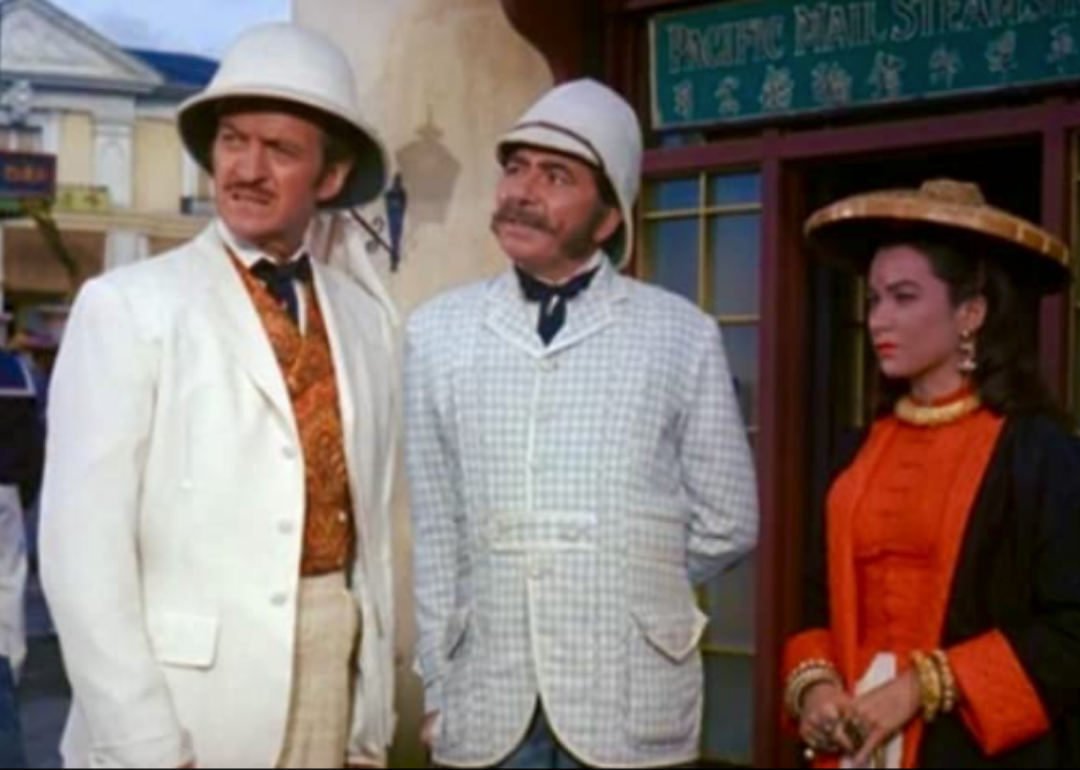
Michael Todd Company
1956: Around the World in 80 Days
- Directors: Michael Anderson, John Farrow
- IMDb user rating: 6.7
- Metascore: 69
- Runtime: 175 minutes
Delighted with the possibilities of modern (at the time) transportation, a 19th-century English gentleman wagers he can span the entire earth in just 80 days in the aptly titled "Around the World in 80 Days." Production of the film was as wide-reaching as the plot itself, breaking numerous records for its time. By the time shooting was complete, the cast and crew had traveled no less than 4 million miles, having worked with just under 70,000 extras in 13 different countries.
Columbia Pictures Corporation
1957: The Bridge on the River Kwai
- Director: David Lean
- IMDb user rating: 8.2
- Metascore: 87
- Runtime: 161 minutes
Directed by David Lean, "The Bridge on the River Kwai" is about British prisoners of war forced to build a bridge, which nearby allies plan to blow up. The film is a testosterone-charged affair, featuring brilliant performances from actors like Alec Guinness and William Holden. As usual, David Lean was meticulous and determined in his execution, once traveling 150 miles just to capture the perfect sunset.
You may also like: Biggest box-office bombs of all time
Metro-Goldwyn-Mayer (MGM)
1958: Gigi
- Directors: Vincente Minnelli, Charles Walters
- IMDb user rating: 6.6
- Metascore: 82
- Runtime: 115 minutes
A popular Broadway musical gets the Hollywood treatment in 1958's "Gigi," which follows a wealthy playboy who develops feelings for his young courtesan in training. To celebrate the film winning nine Oscars, all of MGM's telephone operators were instructed to answer calls with the greeting, "Hello, M-Gigi-M," the day after the ceremony.
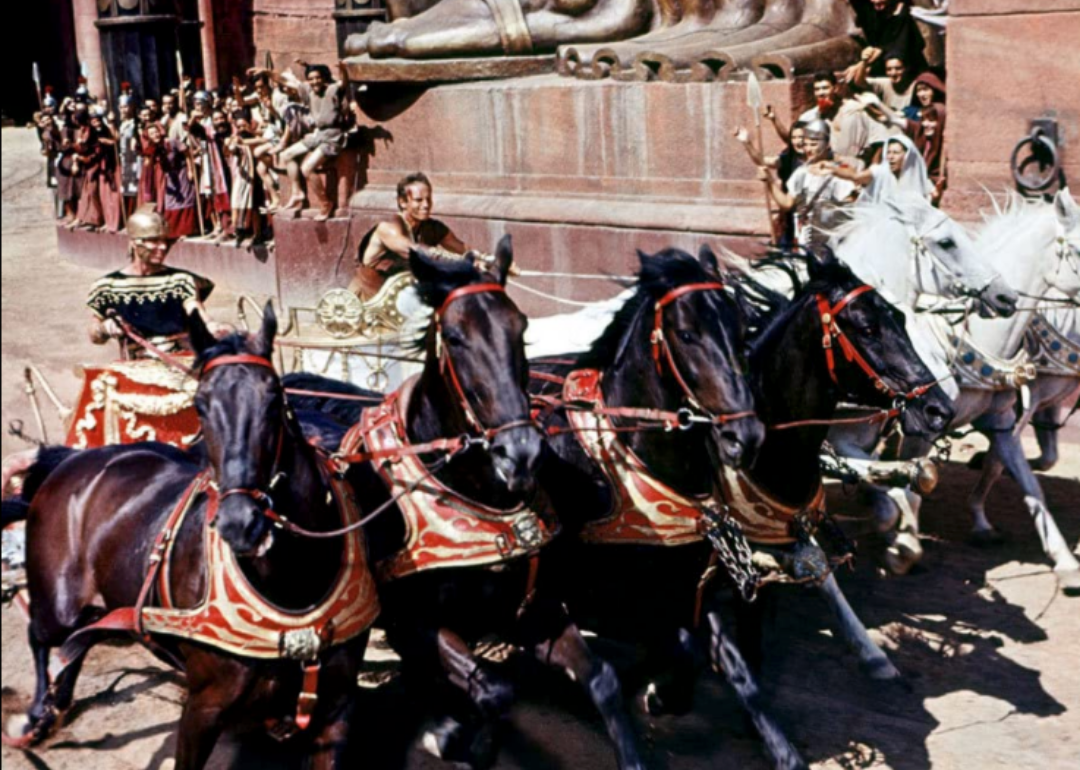
Metro-Goldwyn-Mayer (MGM)
1959: Ben-Hur
- Director: William Wyler
- IMDb user rating: 8.1
- Metascore: 90
- Runtime: 212 minutes
The subject of "Ben-Hur" is Judah Ben-Hur, a Jewish prince who seeks revenge on his Roman betrayers at the turn of the first century. Starring Charlton Heston in the lead role, the film almost single-handedly raised the bar on what a Hollywood blockbuster could look like. Nowhere is that more obvious than during the movie's climactic chariot race scene, which required shooting 263 feet of film for every foot actually used.
Mirisch Corporation
1960: The Apartment
- Director: Billy Wilder
- IMDb user rating: 8.3
- Metascore: 94
- Runtime: 125 minutes
Another classic from Billy Wilder, "The Apartment" is about an accountant who loans his bachelor pad out to various executives in his company so that they might safely engage in extramarital trysts. Things get complicated when one of those trysts involves a girl the protagonist has been pining after. In addition to its Best Picture win, the movie frequently appears on all sorts of greatest movies lists and even nabbed the #1 spot in Film4's 50 Movies to See Before You Die.
Mirisch Corporation
1961: West Side Story
- Directors: Jerome Robbins, Robert Wise
- IMDb user rating: 7.6
- Metascore: 86
- Runtime: 153 minutes
Hollywood musicals don't get much better than 1961's "West Side Story," with a stack of 10 Oscars to prove it (the most for any musical). The spectacular film—about two lovers from rivaling New York City gangs—updated "Romeo and Juliet" for a young and wildly receptive audience. The songs in this one are so good they'll stick with you for years.
Horizon Pictures (II)
1962: Lawrence of Arabia
- Director: David Lean
- IMDb user rating: 8.3
- Metascore: 100
- Runtime: 218 minutes
Arguably David Lean's finest achievement, "Lawrence of Arabia," tells the true story of T. E. Lawrence, a British officer who led an Arab uprising against the Turks during WWI. Peter O'Toole played the lead and learned to ride a camel for the part. In a strange case of art imitating life, O'Toole was thrown from his camel and nearly killed while shooting a battle scene in which the real T. E. Lawrence was likewise nearly killed.
You may also like: Different movies with the same plots
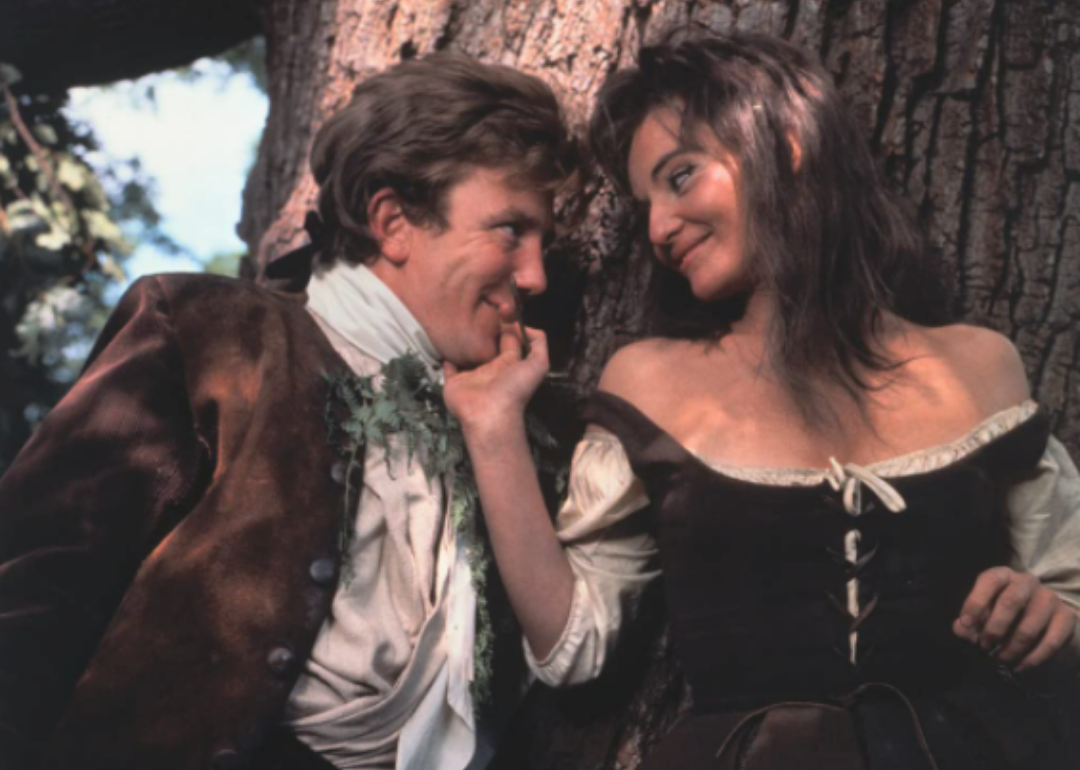
Woodfall Film Productions
1963: Tom Jones
- Director: Tony Richardson
- IMDb user rating: 6.4
- Metascore: 77
- Runtime: 129 minutes
Albert Finney plays Tom Jones in the 1963 movie of the same name, about an irrepressible adventurer who's no slouch with the ladies. This was reportedly the last movie JFK watched before he was assassinated. One must wonder if the famously libidinous president saw a bit of himself in the main character.
Warner Bros.
1964: My Fair Lady
- Director: George Cukor
- IMDb user rating: 7.8
- Metascore: 95
- Runtime: 170 minutes
Long before 1999's "She's All That" came the far more reputable "My Fair Lady," about a conceited professor who bets he can transform a lowly flower girl into a member of high society. During filming, actor Rex Harrison wore a microphone in his necktie that occasionally picked up transmissions from passing police cars.
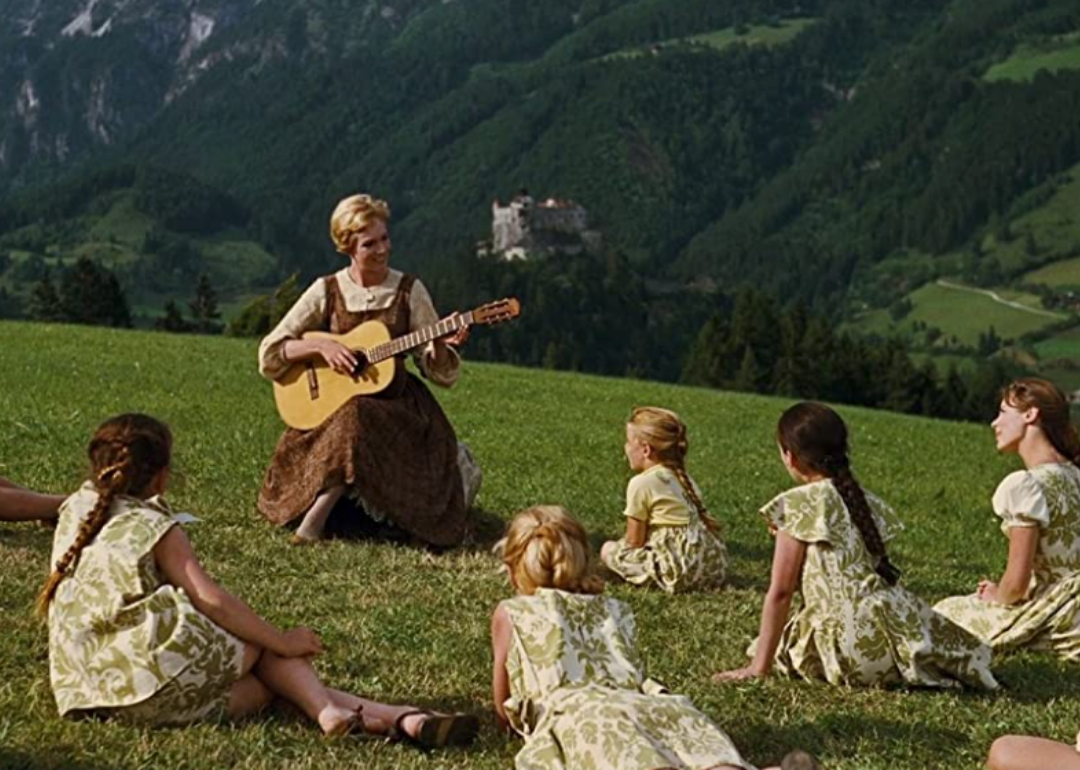
Robert Wise Productions
1965: The Sound of Music
- Director: Robert Wise
- IMDb user rating: 8.1
- Metascore: 63
- Runtime: 172 minutes
Fresh on the heels of her performance in the smash hit "Mary Poppins," screen legend Julie Andrews appeared in the equally sensational "The Sound of Music." In the film, she plays Maria, a former nun left in charge of seven unruly children. Never short on ambition or talent, Andrews learned to play guitar exclusively for the role.
Highland Films
1966: A Man for All Seasons
- Director: Fred Zinnemann
- IMDb user rating: 7.7
- Metascore: 72
- Runtime: 120 minutes
"A Man for All Seasons" revolves around the story of Thomas More, a Catholic lawyer who refuses to acknowledge the divorce of King Henry VIII. This is one among just four productions to win both Best Play at the Tonys and Best Picture at the Oscars.
Mirisch Corporation
1967: In the Heat of the Night
- Director: Norman Jewison
- IMDb user rating: 7.9
- Metascore: 76
- Runtime: 110 minutes
A dedicated Black detective squares off against racist locals while investigating a murder in 1967's "In the Heat of the Night." The movie takes place in Mississippi, but most of the filming was done in Illinois due to lingering racial tensions in the South. To keep their breath from showing in the cold Illinois air, actors would suck down ice chips and then spit them out right before Director Norman Jewison yelled, "action."
You may also like: Incredible filming locations from popular movies
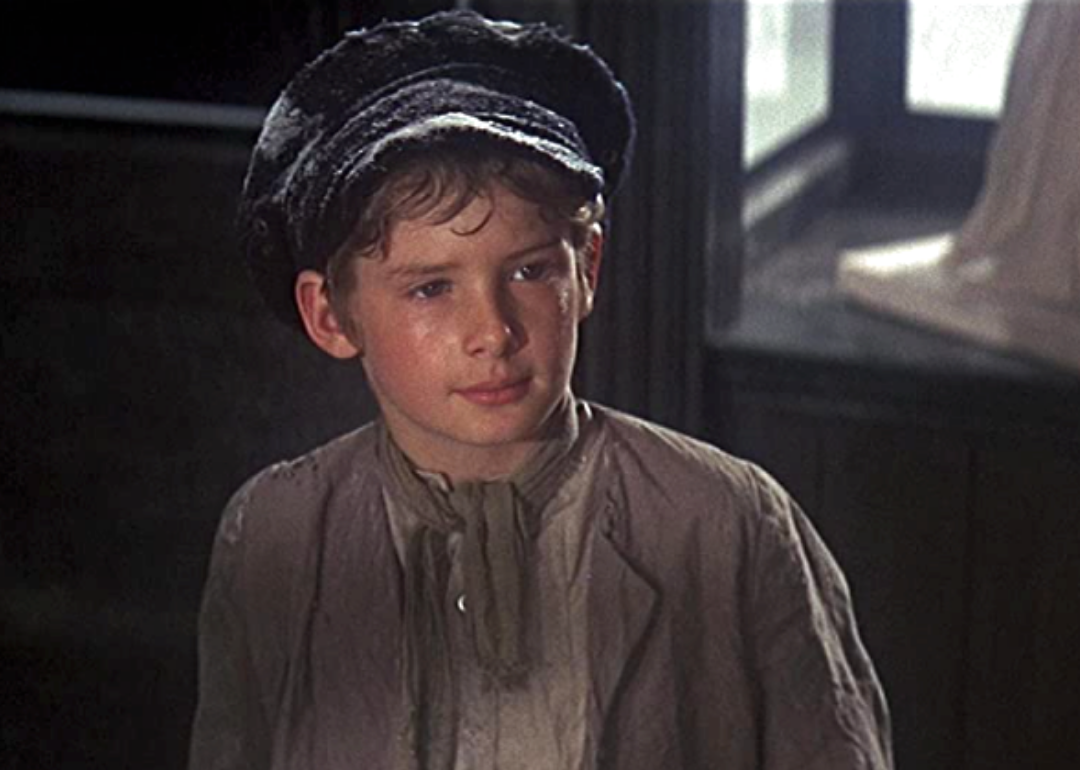
Romulus Films
1968: Oliver!
- Director: Carol Reed
- IMDb user rating: 7.4
- Metascore: 74
- Runtime: 153 minutes
Based on "Oliver Twist" by Charles Dickens, 1968's "Oliver!" follows the adventures of an escaped orphan who—with the help of a mentor—learns to pickpockets to survive. A young Mark Lester played the title character, who had difficulty crying on demand during a specific musical number. To compensate, the crew would cut onions right next to his eyes, thereby unleashing the waterworks.
Jerome Hellman Productions
1969: Midnight Cowboy
- Director: John Schlesinger
- IMDb user rating: 7.8
- Metascore: 79
- Runtime: 113 minutes
By today's standards, 1969's "Midnight Cowboy" would hardly be considered controversial, but at the time of its release, the movie caused quite a stir, earning an X rating from the Motion Picture Association of America. That makes the film—about a small-town hustler who moves to the big city—the only X-rated film to win Best Picture. In 1971, the rating for "Midnight Cowboy" changed to R, even though nothing in the movie had been altered.
Twentieth Century Fox
1970: Patton
- Director: Franklin J. Schaffner
- IMDb user rating: 7.9
- Metascore: 86
- Runtime: 172 minutes
Written by Francis Ford Coppola and directed by Franklin J. Schaffner, 1970's "Patton" details the exploits of a famous military general (whose name you can guess) during WWII. In addition to Best Picture, the film also garnered a Best Actor win for lead actor George C. Scott, who refused to accept it on the grounds that the Oscars were a "two-hour meat parade."
Philip D'Antoni Productions
1971: The French Connection
- Director: William Friedkin
- IMDb user rating: 7.7
- Metascore: 94
- Runtime: 104 minutes
It's two New York City cops versus a ring of drug smugglers in 1971's "The French Connection." The film was directed by William Friedkin, who would eventually follow it up with "The Exorcist" two years later. Among the movie's most iconic moments is an extended car chase sequence, which even includes an unscripted crash.
Paramount Pictures
1972: The Godfather
- Director: Francis Ford Coppola
- IMDb user rating: 9.2
- Metascore: 100
- Runtime: 175 minutes
The Best Picture to which all other Best Pictures aspire, 1972's "The Godfather" might single-handedly justify the existence of awards ceremonies altogether. Accordingly, the movie is nothing short of cinematic perfection. Adapted from the novel by Mario Puzo (who also co-wrote the screenplay), Francis Ford Coppola's exploration of the Corleone crime family remains as vital today as it was upon its debut. To think, Paramount Studios reportedly tried to replace Coppola numerous times during shooting. Had the studio prevailed, movie history simply wouldn't be the same.
You may also like: Famous movie quotes from the year you were born
Zanuck/Brown Productions
1973: The Sting
- Director: George Roy Hill
- IMDb user rating: 8.3
- Metascore: 83
- Runtime: 129 minutes
In 1973's "The Sting," a con man enlists the help of a fellow hustler to get revenge on a crime boss who killed his friend. The premise might sound heavy, but the film stays notably light on its feet, offering quick-witted dialogue and no shortage of good old ragtime piano music.
Paramount Pictures
1974: The Godfather: Part II
- Director: Francis Ford Coppola
- IMDb user rating: 9
- Metascore: 90
- Runtime: 202 minutes
Nowadays, most sequels are formula-bound retreads merely capitalizing on the box office success of a predecessor, only making "The Godfather: Part II" that much better in retrospect. The film alternates between the ongoing saga of Michael Corleone and the story of his father's ascension to power decades earlier. To play a young Vito Corleone, Robert De Niro not only learned to speak Sicilian but moved to Sicily and lived there for three months.
Fantasy Films
1975: One Flew Over the Cuckoo's Nest
- Director: Milos Forman
- IMDb user rating: 8.7
- Metascore: 84
- Runtime: 133 minutes
In the long run, 1975 might belong to Steven Spielberg's "Jaws," but it was Miloš Forman's "One Flew Over the Cuckoo's Nest" that took home all that Oscar gold. Adapted from the bestselling novel, the movie tells the story of a criminal who pleads insanity and gets sent to a mental institution, where he tries to organize an uprising against an oppressive nurse. Starring Jack Nicholson in the lead role, the film swept at the Oscars, winning not just Best Picture but also Best Actor, Best Actress, Best Director, and Best Screenplay.
Chartoff-Winkler Productions
1976: Rocky
- Director: John G. Avildsen
- IMDb user rating: 8.1
- Metascore: 70
- Runtime: 120 minutes
Who wouldn't want to be born the year "Rocky" won Best Picture at the Oscars? Written by and starring a then-unknown Sylvester Stallone, the inspirational film tells the story of a struggling boxer who gets his shot at a major fight. Proving just how invested he was in the cause, Stallone literally flattened his knuckles during a scene where Rocky punches hanging meat carcasses.
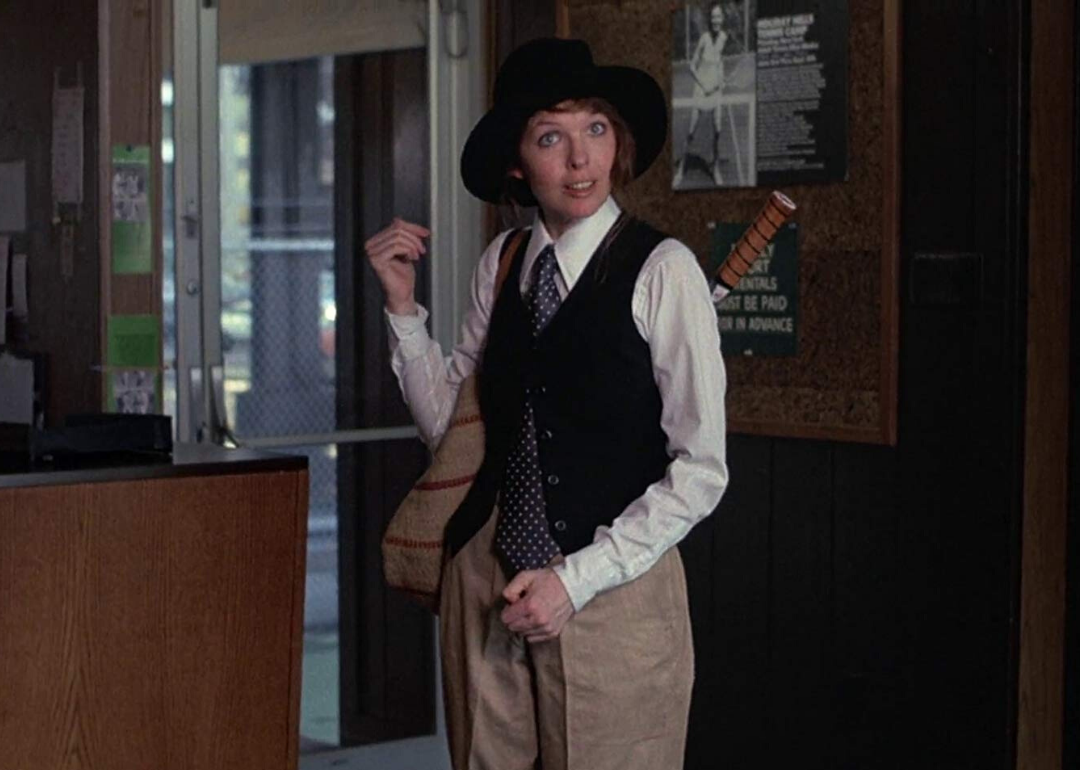
Jack Rollins & Charles H. Joffe Productions
1977: Annie Hall
- Director: Woody Allen
- IMDb user rating: 8
- Metascore: 92
- Runtime: 93 minutes
Woody Allen was already a popular comedian and filmmaker by the time he made "Annie Hall," but the movie elevated his name and his craft into the annals of cinematic history for good (scandals notwithstanding). In the movie, Allen's character is a neurotic comedian who falls in love with Annie, a kooky girl from the Midwest (Diane Keaton). Having more or less designed the outfits she wore in the film, Keaton ended up sparking a short-lived fashion craze in the late '70s.
You may also like: 15 controversial Oscar wins—and how they've aged
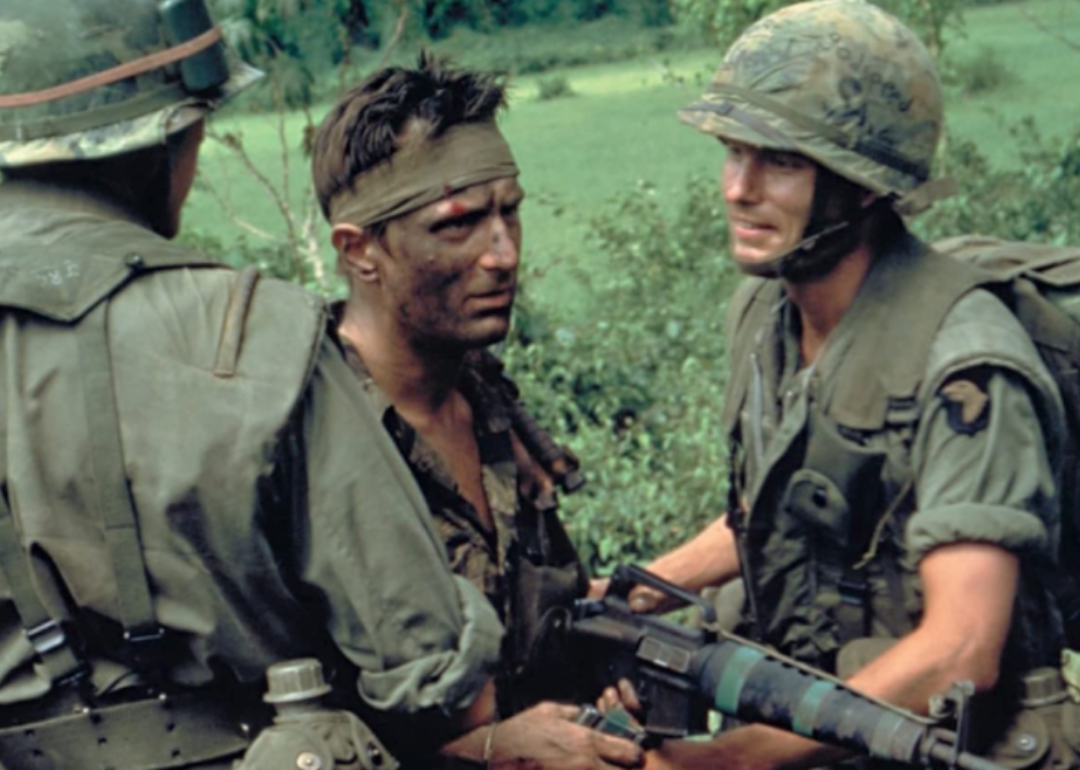
EMI Fims
1978: The Deer Hunter
- Director: Michael Cimino
- IMDb user rating: 8.1
- Metascore: 86
- Runtime: 183 minutes
The first Best Picture winner centered on the Vietnam War, "The Deer Hunter" tells the story of small-town friends whose lives are changed dramatically by their wartime experiences. The cast is overflowing with talent, with stars like Robert De Niro, Meryl Streep, Christopher Walken, and John Cazale all turning in unforgettable performances. Sadly, John Cazale (Streep's partner at the time) passed away from cancer soon after production wrapped.
Columbia Pictures
1979: Kramer vs. Kramer
- Director: Robert Benton
- IMDb user rating: 7.8
- Metascore: 77
- Runtime: 105 minutes
Dustin Hoffman and Meryl Streep play two divorced parents fighting over custody of their son in 1979's "Kramer vs. Kramer." A handful of the film's most iconic scenes were unscripted, including one where Hoffman's character throws a glass of wine against the wall, genuinely terrifying Streep at the time.
Paramount Pictures
1980: Ordinary People
- Director: Robert Redford
- IMDb user rating: 7.7
- Metascore: 86
- Runtime: 124 minutes
Robert Redford's directorial debut, "Ordinary People," tells the story of two well-heeled parents whose lives are uprooted by the sudden death of their oldest son. Redford originally wanted fellow actor Richard Dreyfuss to star and called him to discuss. Dreyfuss answered the phone and said, "I can't talk to you right now; I'm having a nervous breakdown," and then hung up. Suffice it to say, the role went to another actor (Donald Sutherland).
Twentieth Century Fox
1981: Chariots of Fire
- Director: Hugh Hudson
- IMDb user rating: 7.1
- Metascore: 78
- Runtime: 125 minutes
Two British track stars of different religious persuasions square off in "Chariots of Fire," which occurs in 1924. The film is notable not just for winning Best Picture but also for nabbing Best Original Music Score. Composer Vangelis' theme music still resonates to this day.
International Film Investors
1982: Gandhi
- Director: Richard Attenborough
- IMDb user rating: 8
- Metascore: 79
- Runtime: 191 minutes
History's foremost pacifist gets his own biopic in 1982's "Gandhi." Ben Kingsley played the lead role, doing everything from dieting to practicing yoga to living in India to ensure he got the part right. Should you watch the epic film, see if you can spot a young Daniel Day-Lewis playing a South African boy with a cruel tongue.
You may also like: 100 best American movies of all time
Paramount Pictures
1983: Terms of Endearment
- Director: James L. Brooks
- IMDb user rating: 7.4
- Metascore: 79
- Runtime: 132 minutes
If you like brilliant comedy and drama in equal measure, look no further than "Terms of Endearment" by "Simpsons" producer James L. Brooks. The movie stars Debra Winger and Shirley MacLaine as a mother and daughter duo who aren't always on the same page. It's hard to describe the film without talking about the ending, and it's hard to talk about the ending without ruining the film. All we can say is: Should you put this one on, make sure you have a box of tissues close by.
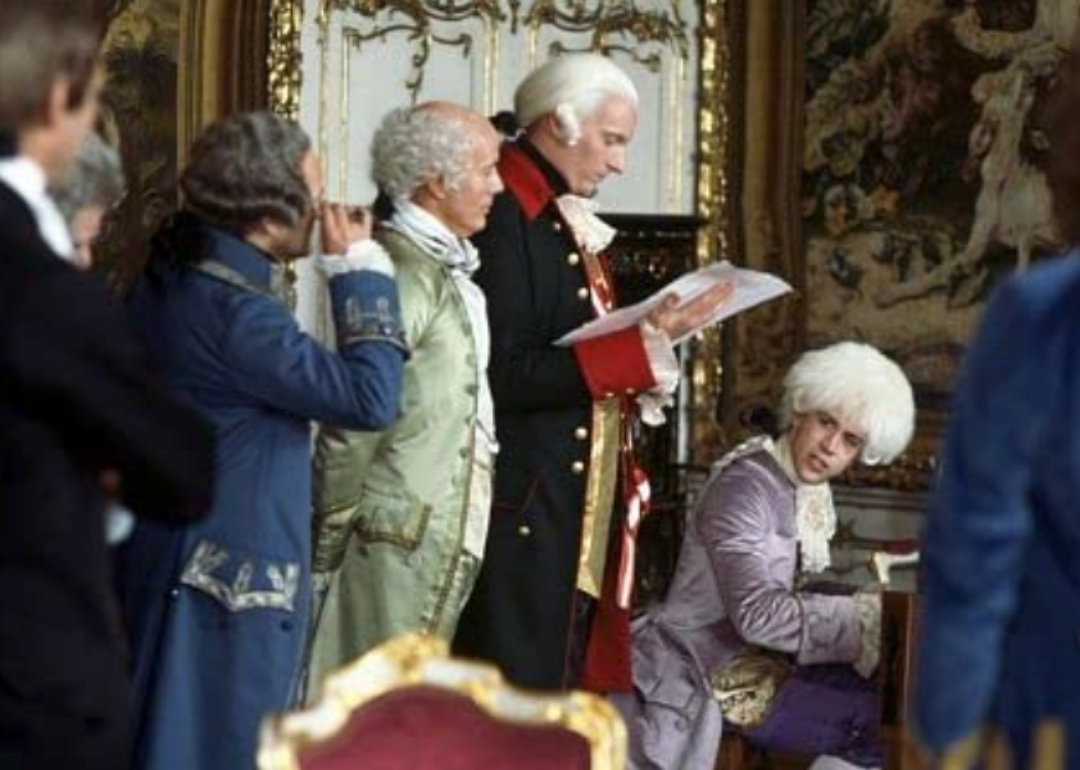
AMLF
1984: Amadeus
- Director: Milos Forman
- IMDb user rating: 8.4
- Metascore: 88
- Runtime: 160 minutes
It's the story of Mozart as told by his bitter rival in Miloš Forman's "Amadeus." The movie won Best Picture at the Oscars, but not without a minor flub. Specifically, 71-year-old Sir Laurence Olivier took the stage, opened the envelope, and announced the winner outright, completely forgetting to announce the other contenders. Of course, that's nothing compared to 2017's "Moonlight" fiasco.
Mirage Enterprises
1985: Out of Africa
- Director: Sydney Pollack
- IMDb user rating: 7.1
- Metascore: 69
- Runtime: 161 minutes
In 1985's "Out of Africa," a Danish baroness (Meryl Streep) falls in love with a big game hunter (Robert Redford). Between the two lead roles and the premise itself, this is the dramatic movie that Hollywood just doesn't make anymore. Most of the film (about 70%) was shot on location in Africa.
Hemdale
1986: Platoon
- Director: Oliver Stone
- IMDb user rating: 8.1
- Metascore: 92
- Runtime: 120 minutes
Filmmaker Oliver Stone infuses a harrowing personal experience with plenty of artistic license in 1986's "Platoon," which he wrote and directed. The movie deals with a young soldier at odds with both his squad and himself during the Vietnam War. Among the film's stars is a young Charlie Sheen, who claims he would have fallen out of a helicopter if actor Keith David hadn't pulled him back in.
Recorded Picture Company (RPC)
1987: The Last Emperor
- Director: Bernardo Bertolucci
- IMDb user rating: 7.7
- Metascore: 76
- Runtime: 163 minutes
Directed by Italian filmmaker Bernardo Bertolucci, "The Last Emperor" chronicles the rise and fall of Puyi, China's last official emperor (hence the title). The movie takes us behind the walls of China's famous Forbidden City, which apparently provided an excellent soundproof environment during shooting. Not counting movies that had their ratings later changed, this is the first PG-13 film to win Best Picture.
You may also like: 50 best movies about the Vietnam War
United Artists
1988: Rain Man
- Director: Barry Levinson
- IMDb user rating: 8
- Metascore: 65
- Runtime: 133 minutes
Dustin Hoffman portrays autistic savant Raymond Babbitt in 1988's "Rain Man," which co-stars Tom Cruise as Raymond's brother. Hoffman was originally slated to play Cruise's role but switched gears after seeing a blind savant with cerebral palsy named Leslie Lemke play concertos on piano by ear. Meanwhile, a scene where Hoffman's character regurgitates plane crash statistics was conspicuously removed from most airline versions.
Zanuck Company
1989: Driving Miss Daisy
- Director: Bruce Beresford
- IMDb user rating: 7.3
- Metascore: 81
- Runtime: 99 minutes
At age 81, Jessica Tandy became the oldest woman to win an Academy Award for Best Actress. The movie was 1989's "Driving Miss Daisy," where Tandy plays an elderly Jewish woman who forms an unlikely bond with her Black driver (Morgan Freeman). This is one of just four films to win Best Picture without being nominated for Best Director.
Tig Productions
1990: Dances with Wolves
- Director: Kevin Costner
- IMDb user rating: 8
- Metascore: 72
- Runtime: 181 minutes
If you're watching Martin Scorsese's "Goodfellas" for the 10th time and asking yourself why it didn't win Best Picture, Kevin Costner's "Dances with Wolves" is your answer. The movie stars Costner as a Civil War lieutenant assigned to a remote outpost where he befriends wolves and Native Americans. To get a buffalo to charge during a key scene, the crew lured the animal in with his favorite treat: a pile of Oreo cookies.
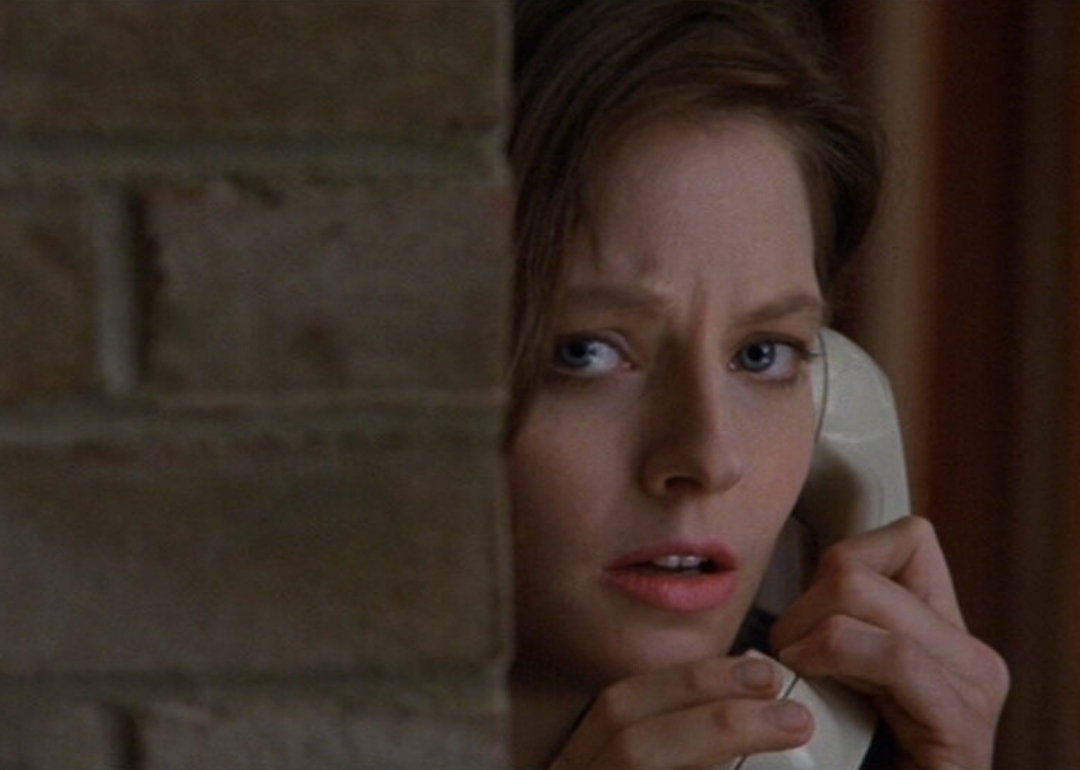
Strong Heart/Demme Production
1991: The Silence of the Lambs
- Director: Jonathan Demme
- IMDb user rating: 8.6
- Metascore: 85
- Runtime: 118 minutes
Adapted from Thomas Harris' brilliant novel, "The Silence of the Lambs" is about a novice FBI agent who seeks help from a homicidal psychiatrist to catch a killer. That psychiatrist, of course, is none other than Dr. Hannibal Lecter, one of the most iconic villains in movie history. Actor Anthony Hopkins drew from various influences to perfect the role. For instance, he came upon the menacing voice by combining the voices of Truman Capote and Katharine Hepburn.
Warner Bros.
1992: Unforgiven
- Director: Clint Eastwood
- IMDb user rating: 8.2
- Metascore: 85
- Runtime: 130 minutes
Clint Eastwood hops back in the saddle for one last ride in 1992's "Unforgiven," about an ex-gunslinger who pursues a bounty with help from two peers. Not content to play the lead role and direct the film, Eastwood also wrote the main theme music. This remains one of only four Westerns to win Best Picture.
You may also like: Mistakes from the 50 best movies of all time
Universal Pictures
1993: Schindler's List
- Director: Steven Spielberg
- IMDb user rating: 9
- Metascore: 95
- Runtime: 195 minutes
As a champion of both blockbusters and children's movies, Steven Spielberg caught Hollywood by surprise when he announced plans to direct a film about a man who helps save 1,100 Jews during the Holocaust. That film was "Schindler's List," and studio executives were originally against making it, preferring that Spielberg stick to mainstream fare and happy endings. Time has certainly proven those executives wrong.
Paramount Pictures
1994: Forrest Gump
- Director: Robert Zemeckis
- IMDb user rating: 8.8
- Metascore: 82
- Runtime: 142 minutes
Hollywood is like a box of chocolates—you never know what you're gonna get. In 1994, audiences got "Forrest Gump," about an intellectually impaired man with a heart of gold and a story for every event or occasion. The film is a nonstop buffet of memorable characters, scenes, and lines. One of the movie's most notable characters is Bubba, a military friend with a disposition similar to Gump's. Dave Chappelle was offered the role, but he turned it down because he thought the movie would tank, a decision he would later regret.
Icon Entertainment International
1995: Braveheart
- Director: Mel Gibson
- IMDb user rating: 8.4
- Metascore: 68
- Runtime: 178 minutes
Mel Gibson's second directorial effort (not counting an obscure documentary), "Braveheart," is about a Scottish rebel who leads an uprising against British rule. A slew of extras was used in the film, and apparently, some forgot to discard their sunglasses and watches, prompting reshoots.
Miramax
1996: The English Patient
- Director: Anthony Minghella
- IMDb user rating: 7.4
- Metascore: 87
- Runtime: 162 minutes
A WWII plane crash victim recalls romance and intrigue in 1996's "The English Patient." The movie clocks in at a lengthy 162 minutes, which is actually way shorter than director Anthony Minghella intended. He shaved 88 minutes off the original cut.
Twentieth Century Fox
1997: Titanic
- Director: James Cameron
- IMDb user rating: 7.9
- Metascore: 75
- Runtime: 194 minutes
History's most epic boat disaster made for one of Hollywood's most epic moviegoing experiences in James Cameron's "Titanic." With its $200 million budget, "Titanic" cost more to film than building the actual Titanic (which reportedly costs about $150 million today). The investment paid off in spades. In fact, the movie was so popular upon its initial run that Paramount had to send replacement reels to theaters; the existing reels had worn out.
You may also like: Best Clint Eastwood movies
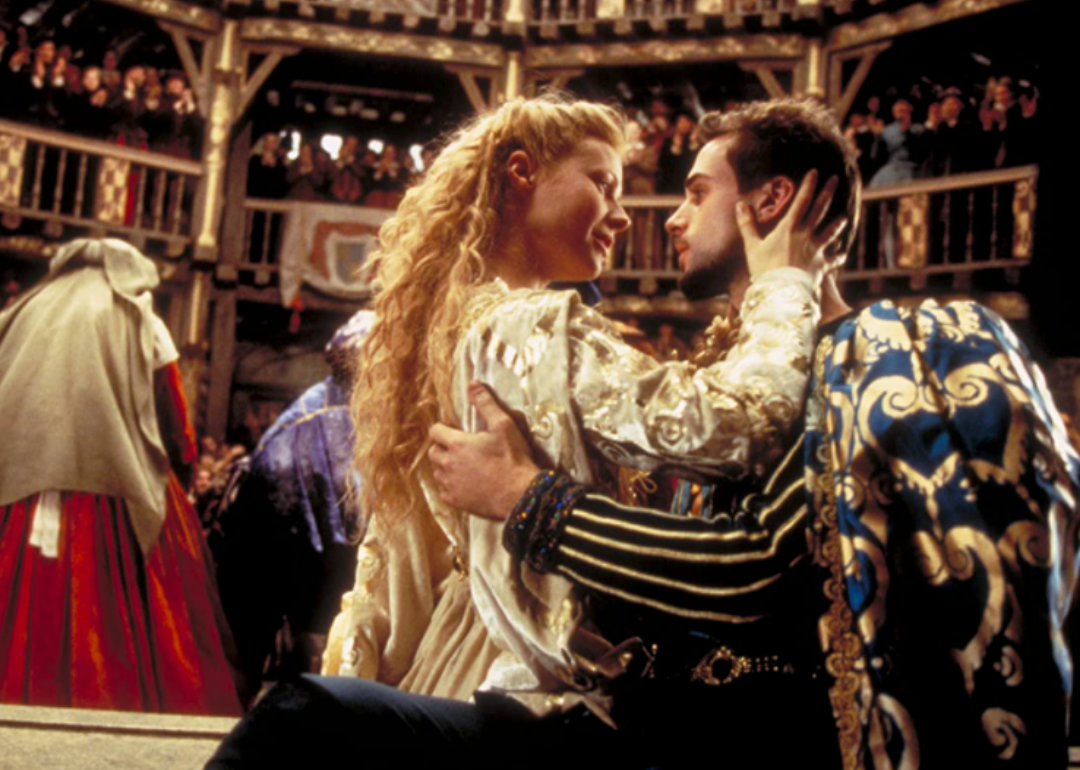
Universal Pictures
1998: Shakespeare in Love
- Director: John Madden
- IMDb user rating: 7.1
- Metascore: 87
- Runtime: 123 minutes
Famous playwright William Shakespeare is short on cash and out of ideas until he meets the lovely Viola, who becomes the inspiration behind "Romeo and Juliet" in 1998's "Shakespeare in Love." According to legend, lead actress Gwyneth Paltrow took the script off friend Winona Ryder's desk and auditioned for the part behind Rider's back.
DreamWorks
1999: American Beauty
- Director: Sam Mendes
- IMDb user rating: 8.4
- Metascore: 84
- Runtime: 122 minutes
"American Beauty" explores the dark side of suburbia, featuring a sexually confused Bible thumper, a cheating housewife, and a middle-aged father swooning over an underage girl. Screenwriter Alan Ball's original idea came to him after hearing about Amy Fisher, aka "The Long Island Lolita," who shot the wife of her lover.
DreamWorks
2000: Gladiator
- Director: Ridley Scott
- IMDb user rating: 8.5
- Metascore: 67
- Runtime: 155 minutes
In the spirit of epic movies like Ben-Hur and Spartacus came Ridley Scott's "Gladiator." The massively popular "sword and sandals" movie finds Russell Crowe playing Roman general Maximus, who seeks revenge on the emperor that betrayed him. To say Crowe gave the role his all would be an understatement. Among the injuries he sustained while filming were a broken foot bone, a cracked hip bone, some popped bicep tendons, a gash to the face, and the loss of feeling in his right forefinger.
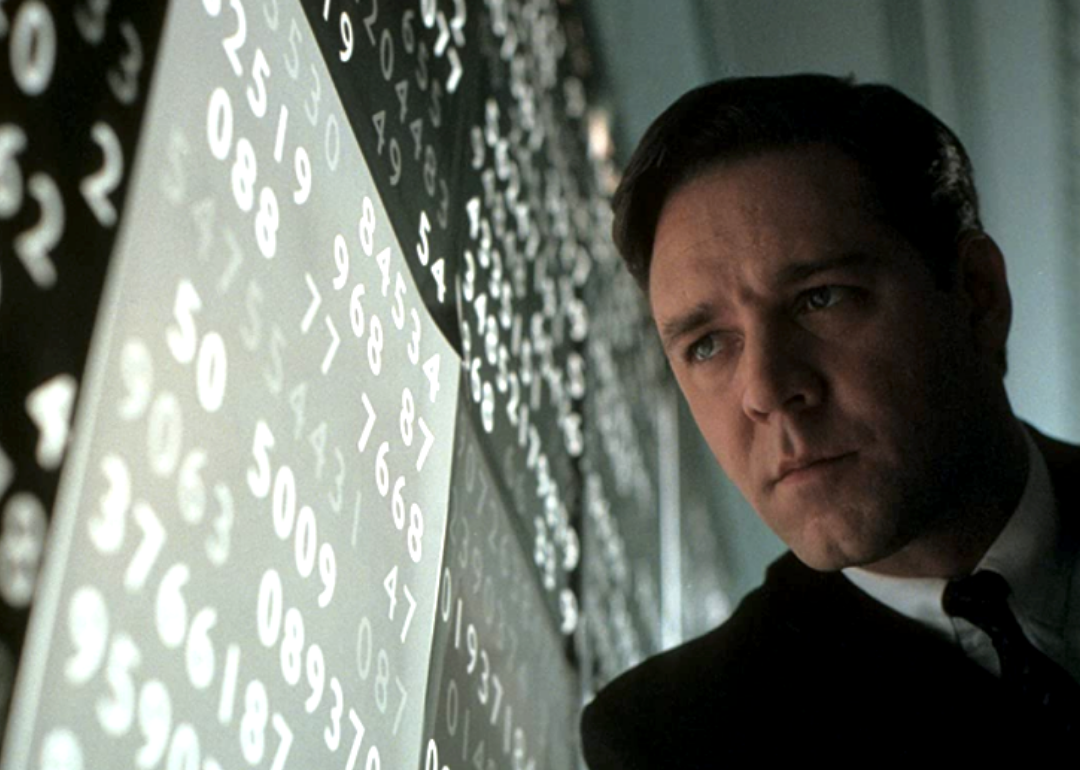
Universal Pictures
2001: A Beautiful Mind
- Director: Ron Howard
- IMDb user rating: 8.2
- Metascore: 72
- Runtime: 135 minutes
After physically battling tigers and warriors in 2000's "Gladiator," Russell Crowe dealt with a different struggle in 2001's "A Beautiful Mind" when he played mentally troubled mathematician John Nash. Specifically, the Ron Howard film chronicles Nash's descent into schizophrenic madness as a genius professor and government cryptographer. While the movie reportedly plays loose with several facts, it stays somewhat true to the math, putting Nash's actual equations up on the chalkboard during a teaching scene.
Miramax
2002: Chicago
- Director: Rob Marshall
- IMDb user rating: 7.2
- Metascore: 81
- Runtime: 113 minutes
By 2002, the big Hollywood musical was mostly a relic of the past, but that didn't stop "Chicago" from reigning supreme at the box office and awards shows. Telling the story of two murderers who pursue fame to get off death row, the Broadway adaptation was a song-and-dance extravaganza with every cast member firmly committed to his or her role. In fact, Richard Gere spent months learning to tap dance for a scene that took only half a day to shoot.
You may also like: Can you guess which iconic movie these scenes are from?
New Line Cinema
2003: The Lord of the Rings: The Return of the King
- Director: Peter Jackson
- IMDb user rating: 9
- Metascore: 94
- Runtime: 201 minutes
The final installment of Peter Jackson's Lord of Rings trilogy, 2003's "The Return of the King" finds the forces of good and evil fighting over the dominion of Middle-earth. Meanwhile, hobbits Frodo and Sam struggle to destroy a ring of unimaginable power. The blockbuster movie was an indisputable smash hit in every sense, bringing a whole new meaning to the word "sweep" by winning all 11 Oscars for which it was nominated.
Warner Bros.
2004: Million Dollar Baby
- Director: Clint Eastwood
- IMDb user rating: 8.1
- Metascore: 86
- Runtime: 132 minutes
What starts as a somewhat traditional sports film slowly evolves into one of cinema's most heart-wrenching dramas in Clint Eastwood's "Million Dollar Baby." The movie finds Eastwood himself playing a highly regarded boxing trainer, who reluctantly agrees to train an ambitious woman boxer. This is one of only two boxing movies to win Best Picture (the other being Rocky).
Bob Yari Productions
2005: Crash
- Director: Paul Haggis
- IMDb user rating: 7.8
- Metascore: 66
- Runtime: 112 minutes
The intersecting lives of various races and ethnicities in Los Angeles lay the groundwork for Paul Haggis' "Crash," which took home the top prize at the Oscars in 2004. Loaded with talent and made on a modest budget of $10 million, the movie caused controversy after winning Best Picture over the heavily favored "Brokeback Mountain." In response to the win, author Annie Proulx (who wrote the short story upon which "Brokeback Mountain" was based) delivered a scathing article against the Academy's decision for The Guardian.
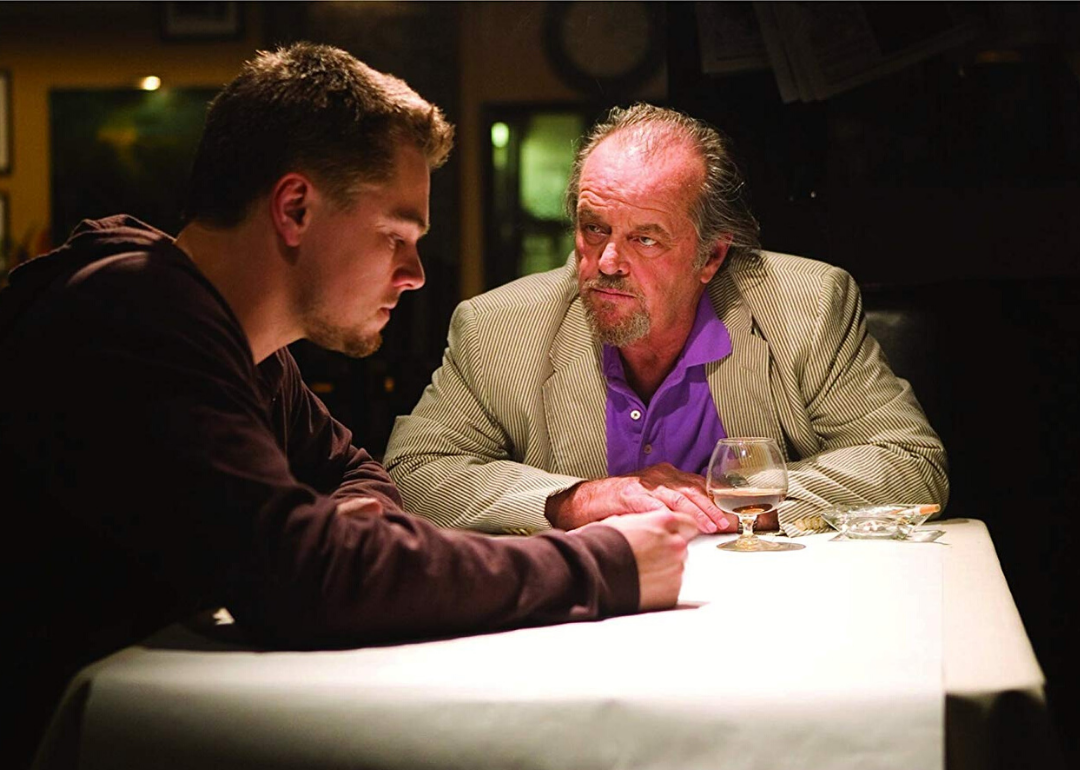
Warner Bros.
2006: The Departed
- Director: Martin Scorsese
- IMDb user rating: 8.5
- Metascore: 85
- Runtime: 151 minutes
Martin Scorsese had already dreamed up some of cinema's greatest achievements by the time he made "The Departed," which (unjustly) remains his only Best Picture win to date. Taking place in Boston, the film tells the story of two undercover operatives on opposite sides of the law during an investigation into the Irish mob. The movie was a remake of a Chinese action flick called "Infernal Affairs," which Scorsese purposely avoided watching until production wrapped.
Paramount Vantage
2007: No Country for Old Men
- Directors: Ethan Coen, Joel Coen
- IMDb user rating: 8.2
- Metascore: 92
- Runtime: 122 minutes
Leave it to the Coen brothers to do award-winning justice to Cormac McCarthy's novel "No Country for Old Men," about a man who chances upon a suitcase full of drug money and then finds himself in the crosshairs of a psychopathic killer. The film takes place in Texas in 1980, and one of the characters refers to dope dealers killing a federal judge the year before. As it turns out, this was a real event, and the judge's killer was actor Woody Harrelson's father.
You may also like: 50 times actors hated their own movies
Warner Bros.
2008: Slumdog Millionaire
- Directors: Danny Boyle, Loveleen Tandan
- IMDb user rating: 8
- Metascore: 84
- Runtime: 120 minutes
To prove he didn't cheat on India's version of "Who Wants to be a Millionaire?," a Mumbai boy explains his harrowing story of survival in Danny Boyle's "Slumdog Millionaire." Not only is this the first Best Picture winner since 1928 that was not shot on Kodak film, but it's also the first Best Cinematography winner to be shot primarily in digital.
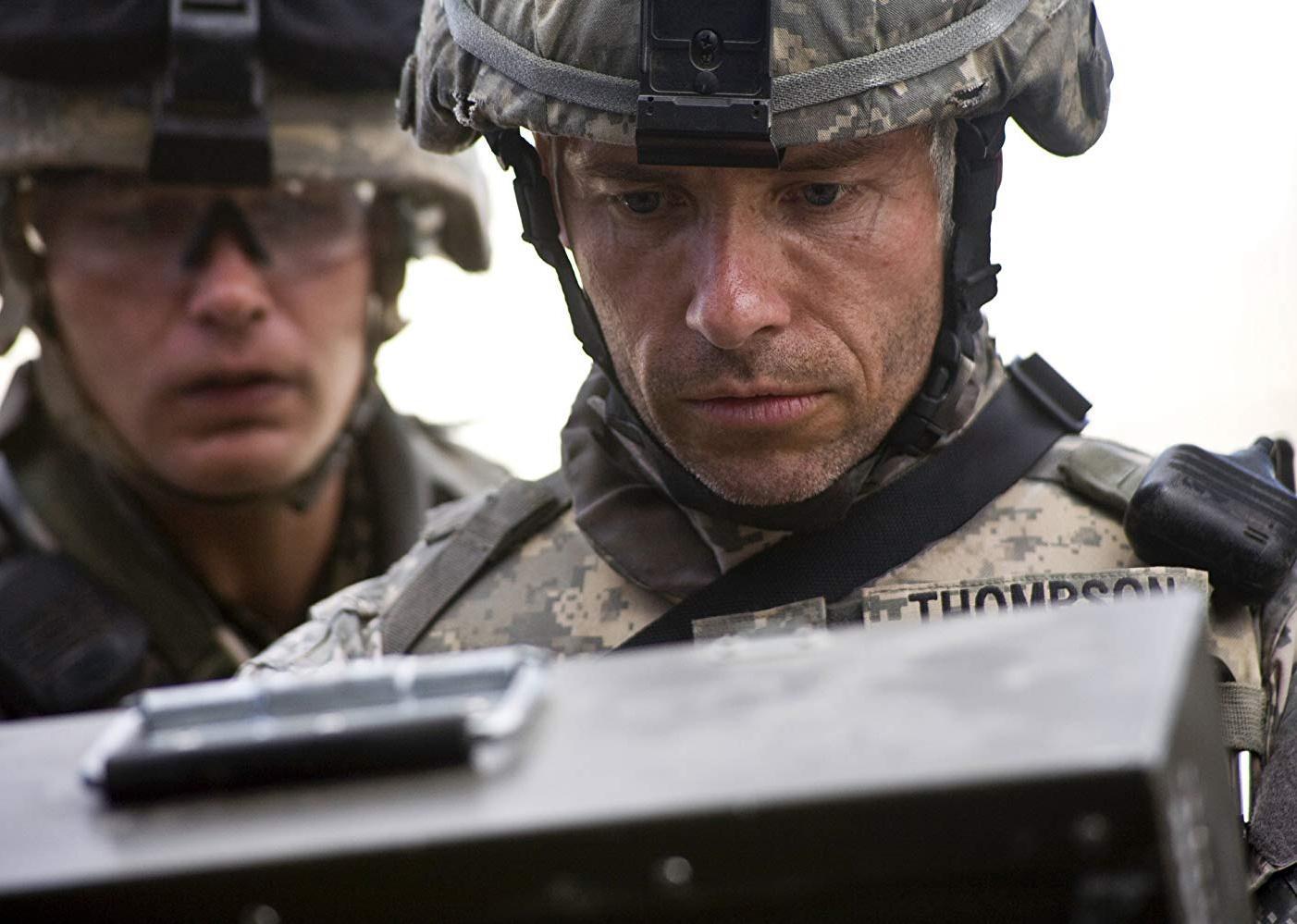
Voltage Pictures
2009: The Hurt Locker
- Director: Kathryn Bigelow
- IMDb user rating: 7.5
- Metascore: 95
- Runtime: 131 minutes
In Kathryn Bigelow's "The Hurt Locker," we follow a fearless bomb squad maverick as he dismantles explosives during the Iraq War. It's a film that subsists almost entirely on tension; every moment might be the hero's last. It also garnered the Best Director award for Katheryn Bigelow, who was the first woman to receive the honor in Academy history.
See-Saw Films
2010: The King's Speech
- Director: Tom Hooper
- IMDb user rating: 8
- Metascore: 88
- Runtime: 118 minutes
The story of King George VI—who had to overcome a speech impediment before properly ascending to the throne—provides the subject for 2010's "The King's Speech." Colin Firth plays the lead role, and his Oscar win for Best Actor kicked off a brief string of Academy Awards going to actors playing famous politicians. Specifically, Meryl Streep won the following year for playing Margaret Thatcher, and Daniel Day-Lewis won the year after that for his portrayal of Abraham Lincoln.
Studio 37
2011: The Artist
- Director: Michel Hazanavicius
- IMDb user rating: 7.9
- Metascore: 89
- Runtime: 100 minutes
As incredible as it sounds, 1927's "Wings" (which takes the first spot on this list) was the only silent film to win Best Picture all the way up until 2012, when "The Artist" took home the top prize. The latter entry is in many ways about the silent era itself, featuring a movie star and a dancer in the late 1920s and early 1930s whose lives are uprooted by the introduction of talkies.
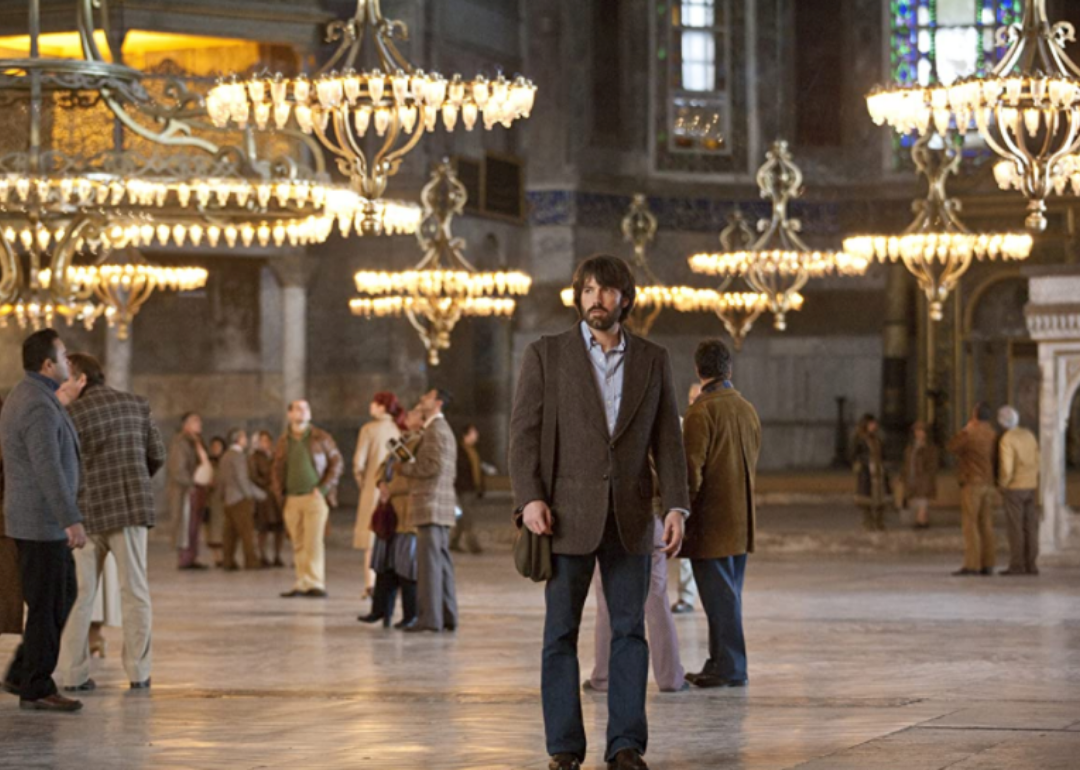
Warner Bros.
2012: Argo
- Director: Ben Affleck
- IMDb user rating: 7.7
- Metascore: 86
- Runtime: 120 minutes
CIA agents take the guise of a Hollywood production team to rescue American hostages in 2012's "Argo." The film saw actor Ben Affleck performing directing duties for the third time while playing one lead. To create a stronger sense of time and place, Affleck gave the film an intentionally grainy look, modeling the aesthetic after 1970s political thrillers.
You may also like: Sequels that outperformed the original at the box office
Regency Enterprises
2013: 12 Years a Slave
- Director: Steve McQueen
- IMDb user rating: 8.1
- Metascore: 96
- Runtime: 134 minutes
From director Steve McQueen came "12 Years a Slave," about a free man in the North who was abducted and sold into southern slavery during the 1800s. McQueen pulls no punches in his depiction of such injustice, and the movie accordingly features copious amounts of physical and emotional cruelty. In an ode to authenticity, McQueen used the same tree during a lynching scene that was once used for actual lynchings. Flanking the tree are the real graves of murdered enslaved people.
New Regency Pictures
2014: Birdman (The Unexpected Virtue of Ignorance)
- Director: Alejandro G. Iñárritu
- IMDb user rating: 7.7
- Metascore: 87
- Runtime: 119 minutes
Perhaps drawing from personal experience, Michael Keaton plays a down-on-his-luck actor looking to revitalize his career in 2014's "Birdman." It's the first Best Picture winner to be shot entirely in digital. Such newfound freedom allowed director Alejandro G. Iñárritu to get downright experimental during filming, famously making the film look as though it was shot in one long take (which it almost was).
Participant Media
2015: Spotlight
- Director: Tom McCarthy
- IMDb user rating: 8.1
- Metascore: 93
- Runtime: 129 minutes
Investigative journalism commonly makes for high-brow Hollywood fare but rarely takes home Best Picture at the Oscars. Changing that trend was 2015's "Spotlight," about a group of Boston Globe reporters who expose a widespread pedophilia scandal within the local Catholic Archdiocese.
Many of the actual reporters depicted in the film were on hand to help and, furthermore, duly impressed with their on-screen counterparts. Reporter Walter Robinson (played by Michael Keaton) is quoted as saying: "My persona has been hijacked. If Michael Keaton robbed a bank, the police would quickly have me in handcuffs."
A24
2016: Moonlight
- Director: Barry Jenkins
- IMDb user rating: 7.4
- Metascore: 99
- Runtime: 111 minutes
The Miami-centric "Moonlight," written and directed by Barry Jenkins, is dual parts coming-of-age and sexual identity exploration. Captivating both visually and emotionally, the Best Picture winner marked the breakout of Ashton Sanders and cemented the career of Mahershala Ali (who won Best Supporting Actor). The announcement went down in history for a different reason, however, when presenters mistakenly announced "La La Land" as the winner before the correction was made.
Fox Searchlight Pictures
2017: The Shape of Water
- Director: Guillermo del Toro
- IMDb user rating: 7.3
- Metascore: 87
- Runtime: 123 minutes
Guillermo del Toro directed and co-wrote, along with Vanessa Taylor, "The Shape of Water," which is viscerally parallel to his other dark fantasy work. This time—with central romantic themes taking place in the 1960s—a humanoid amphibian (Doug Jones) and a cleaner (Sally Hawkins) fall in love at the lab where he is held and she works. Besides taking home Best Picture Honors, "The Shape of Water" was awarded for production design, original score, and directing.
You may also like: 100 best international movies of all time
DreamWorks
2018: Green Book
- Director: Peter Farrelly
- IMDb user rating: 8.2
- Metascore: 69
- Runtime: 130 minutes
This Peter Farrelly dramedy film based on true events tells of Black American pianist Don Shirley (Mahershala Ali) and his friendship with Italian American driver Frank Vallelonga (Viggo Mortensen) as they tour America's Deep South in the early 1960s. The "Green Book" is named after a guidebook for Black travelers during the Jim Crow era. Besides Best Picture, it took home Supporting Actor (Ali) and Original Screenplay.
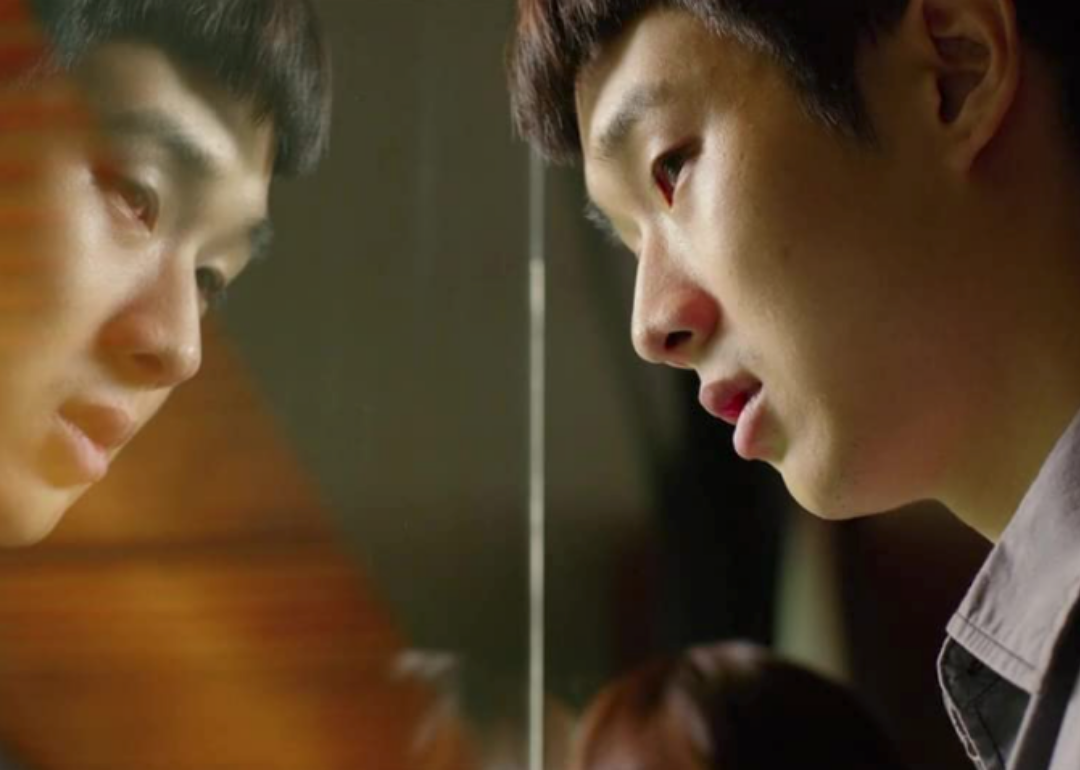
CJ Entertainment
2019: Parasite
- Director: Bong Joon Ho
- IMDb user rating: 8.5
- Metascore: 96
- Runtime: 132 minutes
The first non-English language film to win Best Picture, this South Korean black comedy-meets-horror film centers on the poor Kim family as they scheme to get hired by the affluent Park family by posing as qualified individuals who are of no relation to each other. As they slowly infiltrate the Parks' house, keeping their secret becomes more sinister and untenable. "Parasite" has been praised by critics for interrogating "class rage" and extreme wealth inequality resulting from late-stage capitalism in South Korea. Along with Best Picture, the film won Best Director, Best Original Screenplay, and Best International Feature Film.
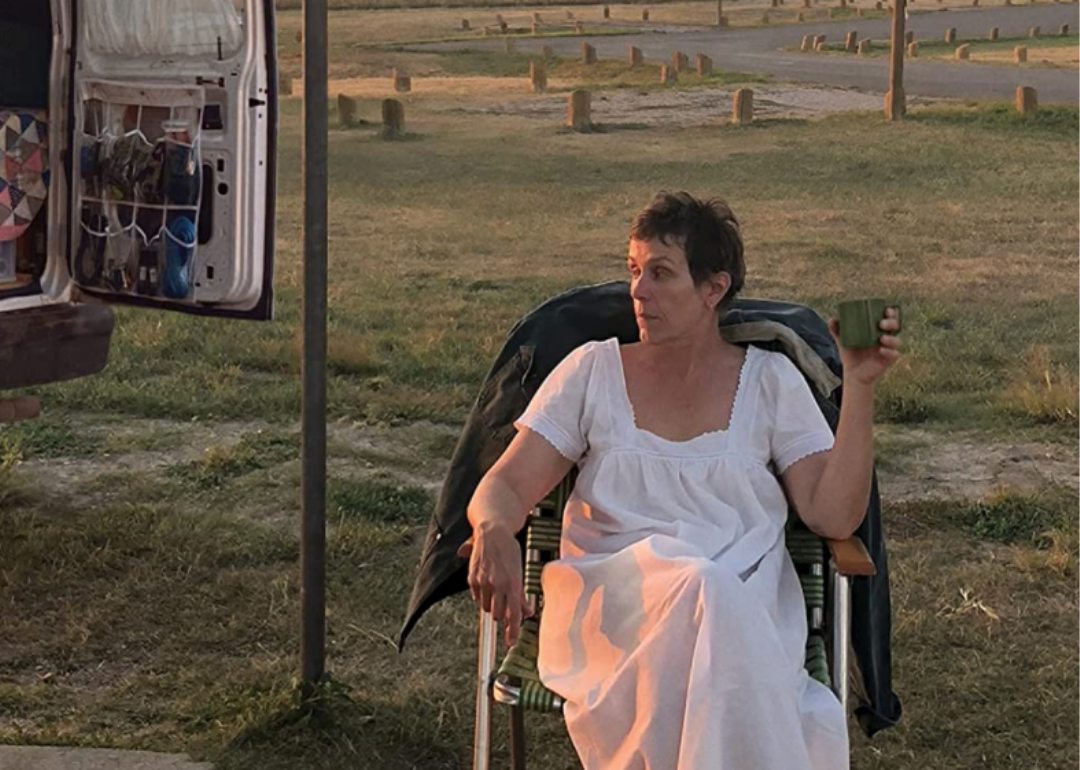
Cor Cordium Productions
2020: Nomadland
- Director: Chloé Zhao
- IMDb user rating: 7.3
- Metascore: 91
- Runtime: 107 minutes
Winning Best Director (Chloé Zhao, the first woman of color and the second woman ever to win this award) and Best Actress (Frances McDormand's third win), as well as Best Picture, "Nomadland" follows the widow Fern (McDormand) as she packs up her life and goes on the road. In her travels, she encounters other nomads who teach her how to care for herself and how a community can be formed even among transients.
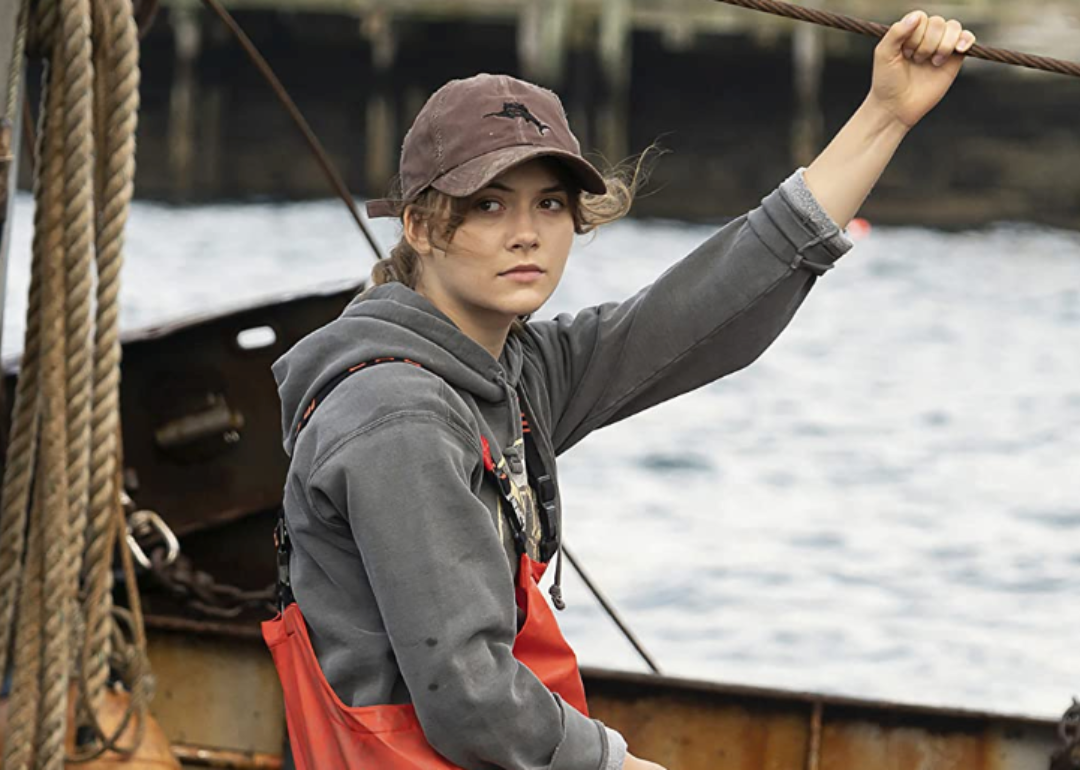
Apple Original Films
2021: CODA
- Director: Sian Heder
- IMDb user rating: 8
- Metascore: 72
- Runtime: 111 minutes
This coming-of-age drama broke a record at the Sundance Film Festival when it was acquired by Apple for $25 million. Simultaneously released in theaters and on Apple TV+, it became the first streaming film to win Best Picture. The story centers on teen Ruby Rossi (Emilia Jones), the only person who can hear in an otherwise deaf family. It won two additional Oscars for Best Supporting Actor and Best Adapted Screenplay.
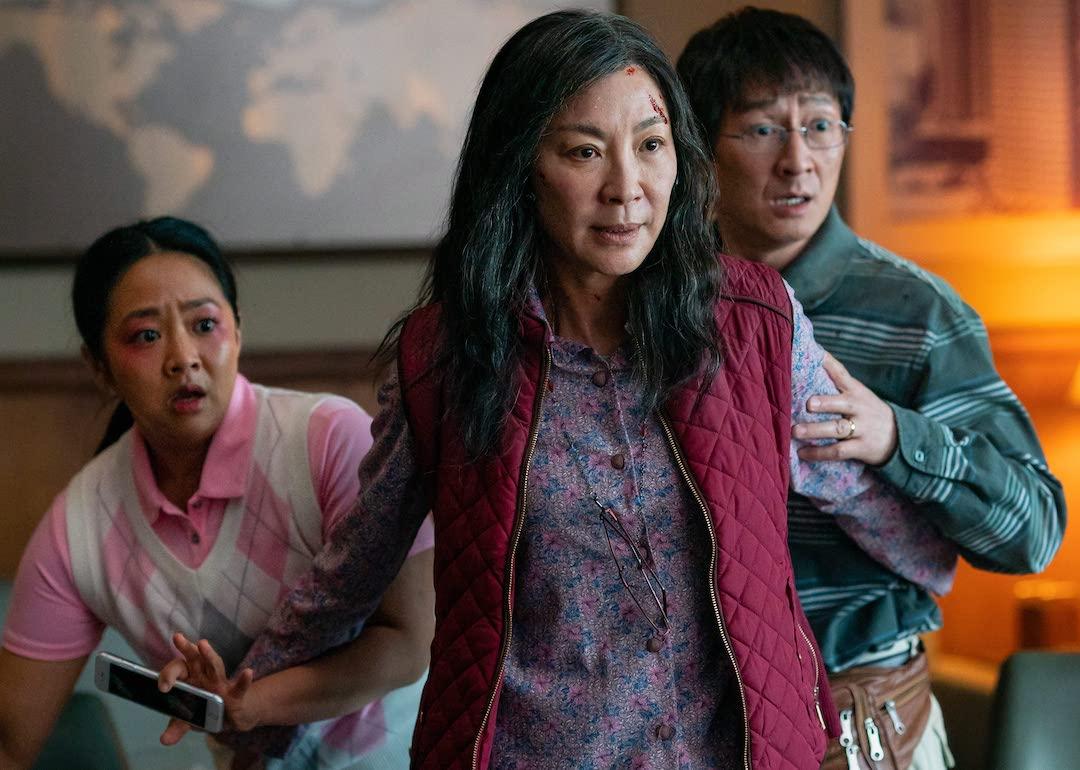
Allyson Riggs // A24
2022: Everything Everywhere All at Once
- Directors: Daniel Kwan and Daniel Scheinert
- IMDb user rating: 8
- Metascore: 81
- Runtime: 139 minutes
"Everything Everywhere All at Once," the 2022 movie from the Daniels—writers and directors Daniel Kwan and Daniel Scheinert—is a groundbreaking film more than a decade in the making. In 2010, the duo laid the groundwork for the sci-fi surrealist comedy that follows Evelyn Wang (Michelle Yeoh), a Chinese American immigrant who owns a laundromat with her husband. While being audited by the IRS, she learns she must connect with versions of herself in parallel universes to save the multiverse from destruction.
"Everything Everywhere All at Once" became a phenomenon, sweeping the Oscars in 2023. The film won seven of the 11 Oscars for which it was nominated, including Best Actress (Yeoh), Best Supporting Actress (Jamie Lee Curtis), Best Supporting Actor (Ke Huy Quan), the Daniels for Best Director, and perhaps most coveted, the Best Picture Oscar.
More Articles to Read

